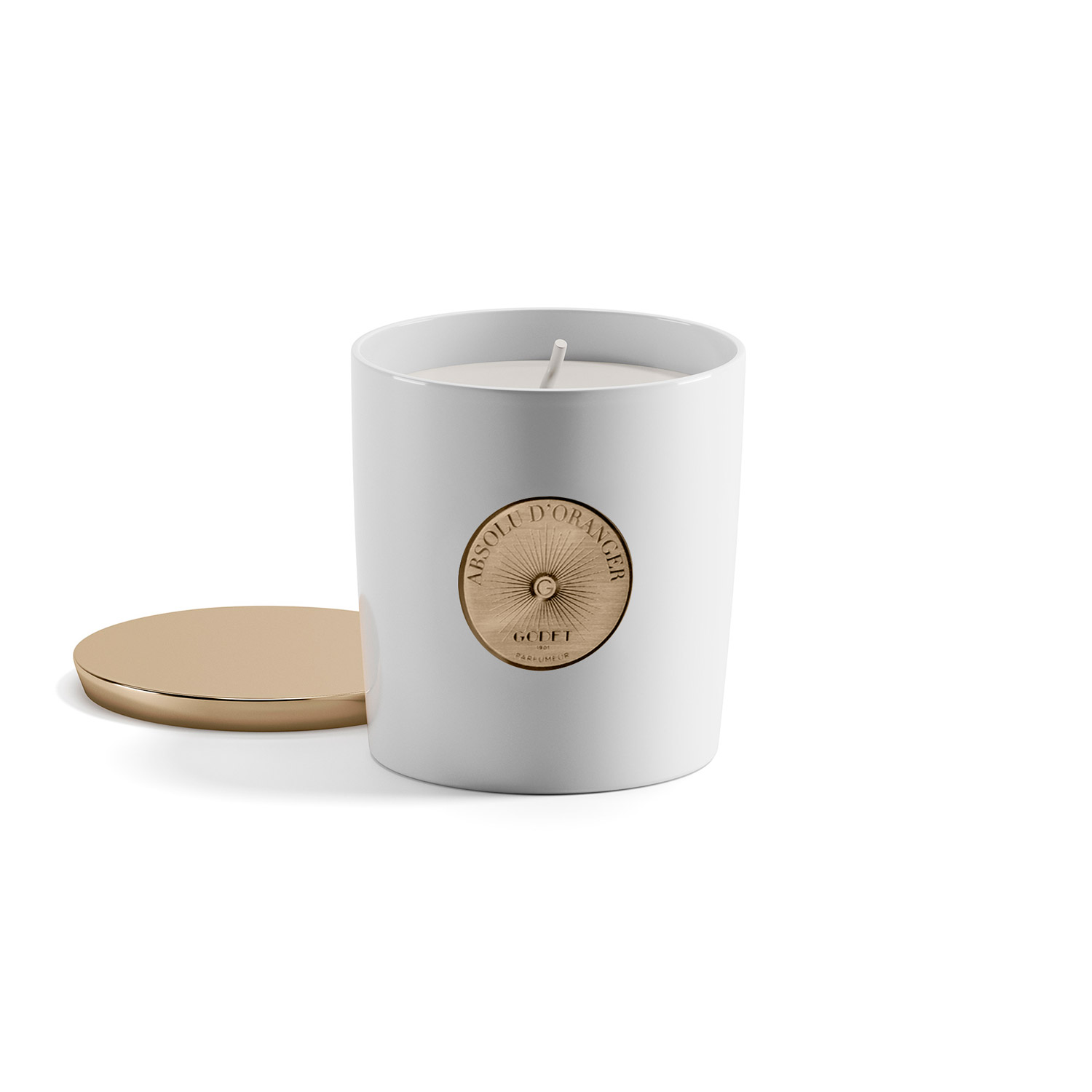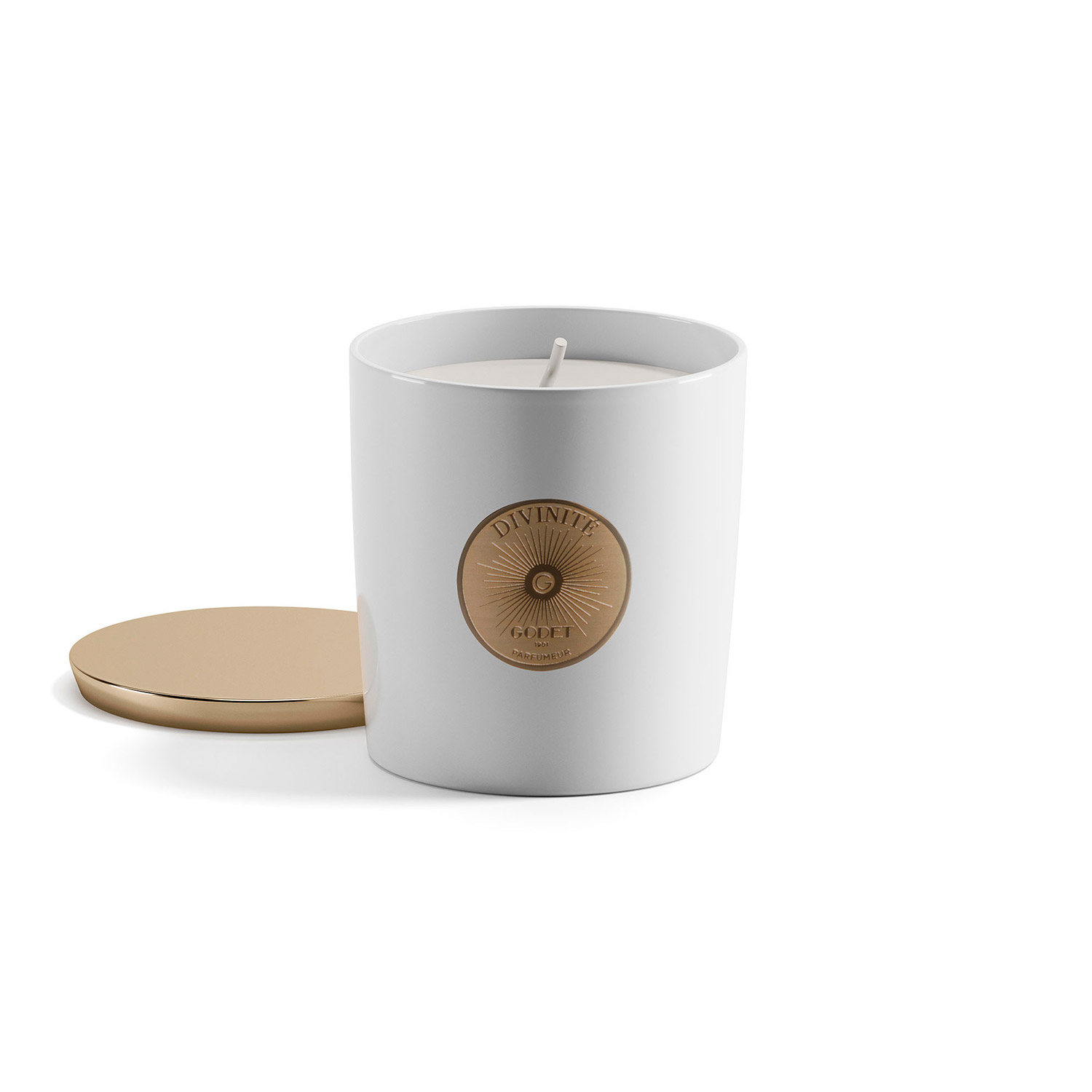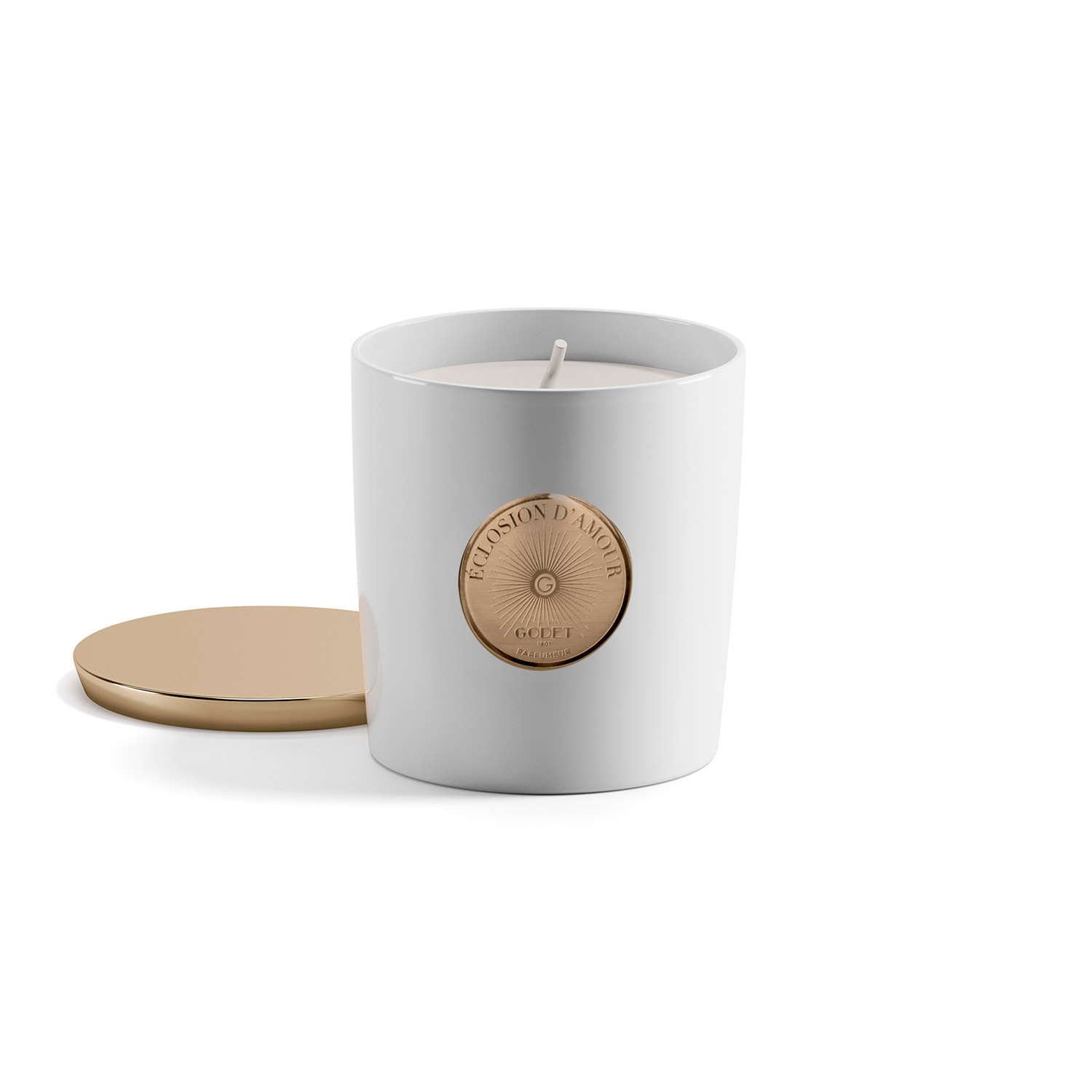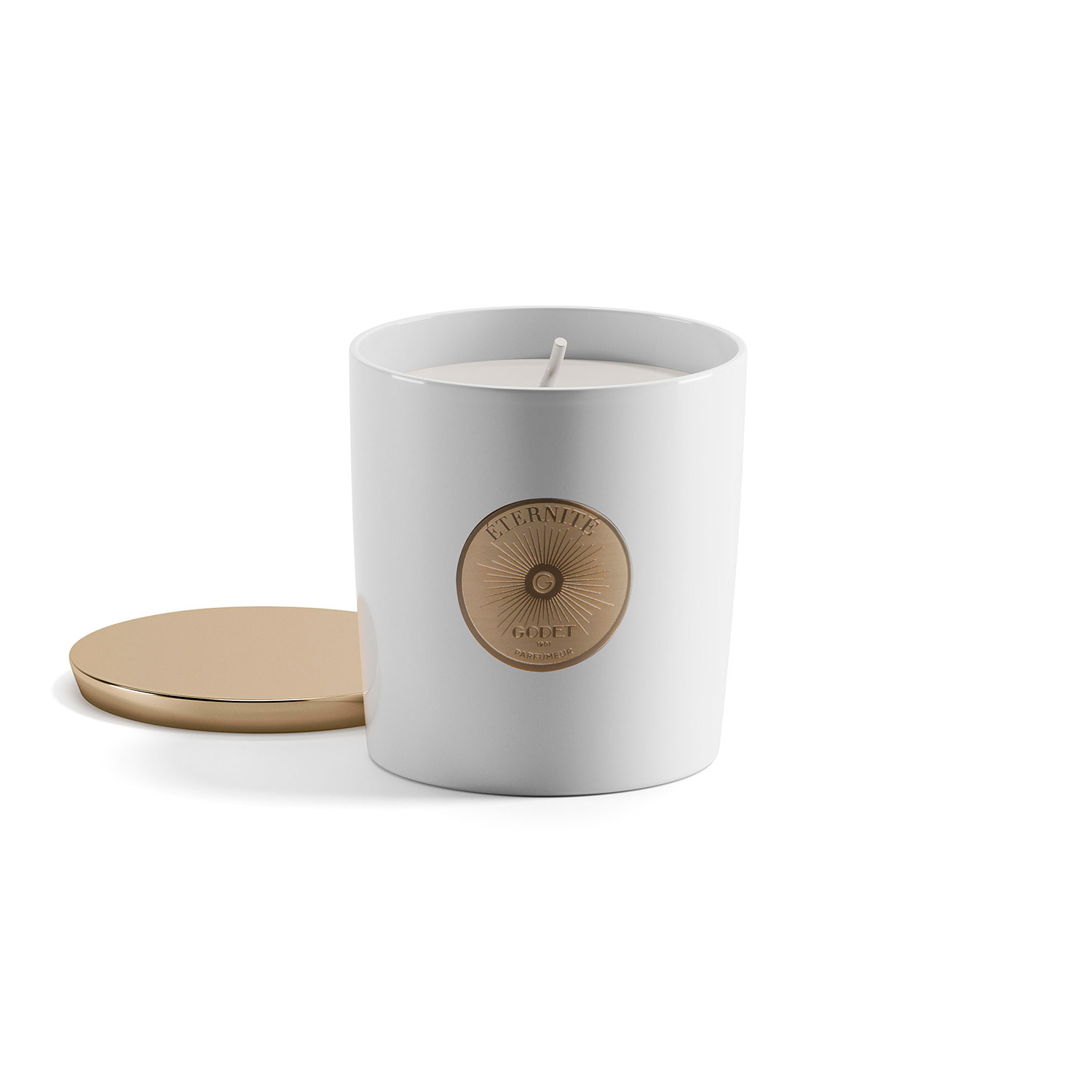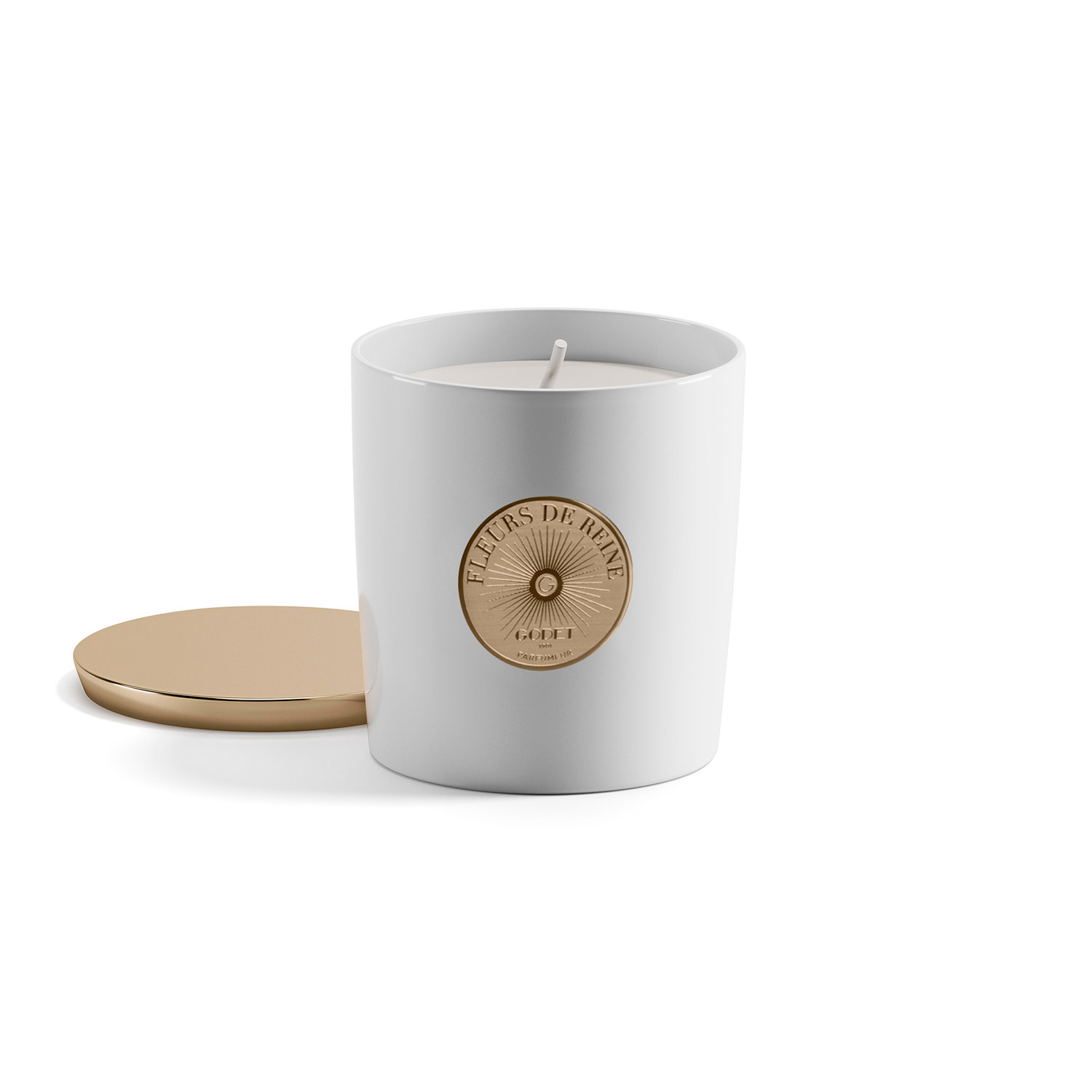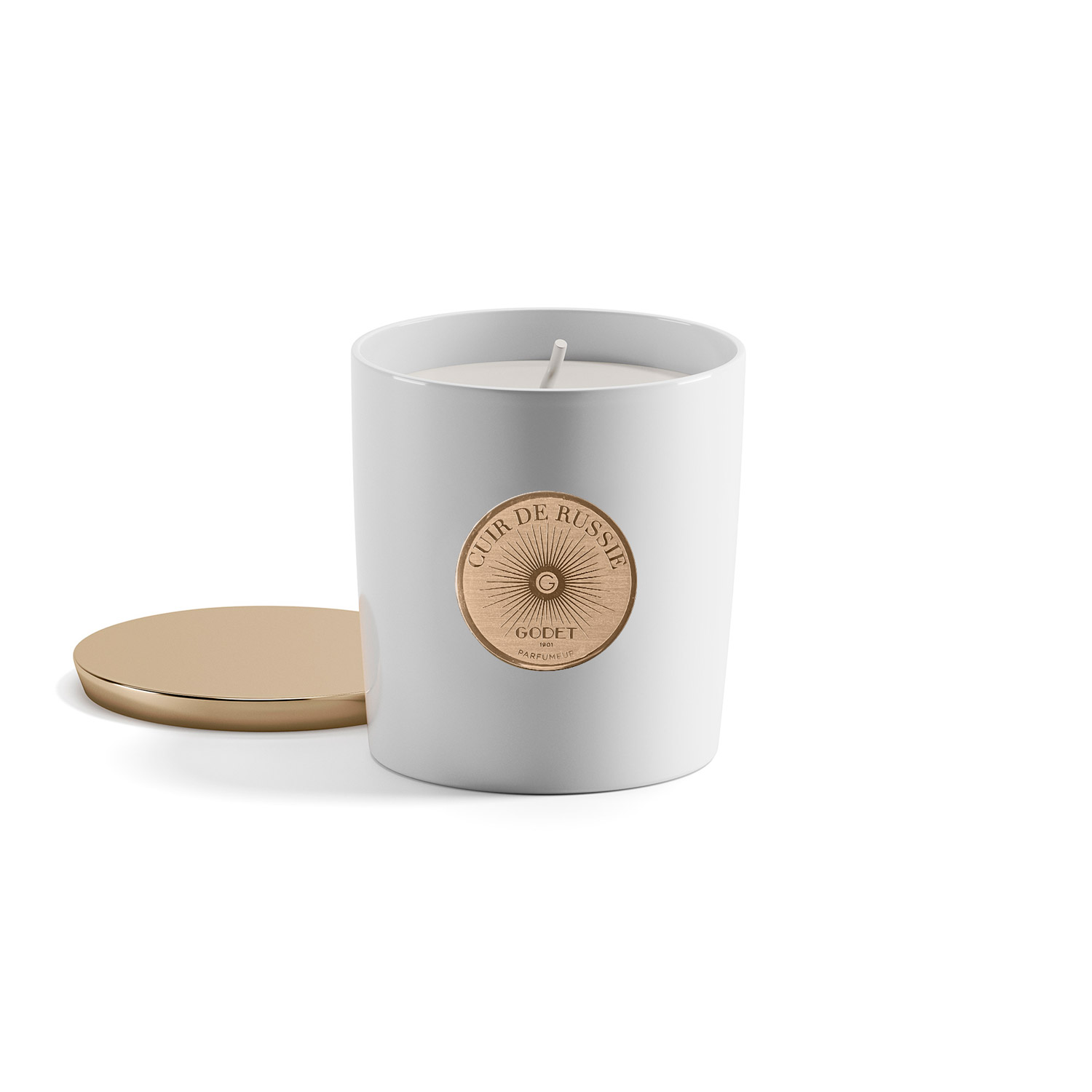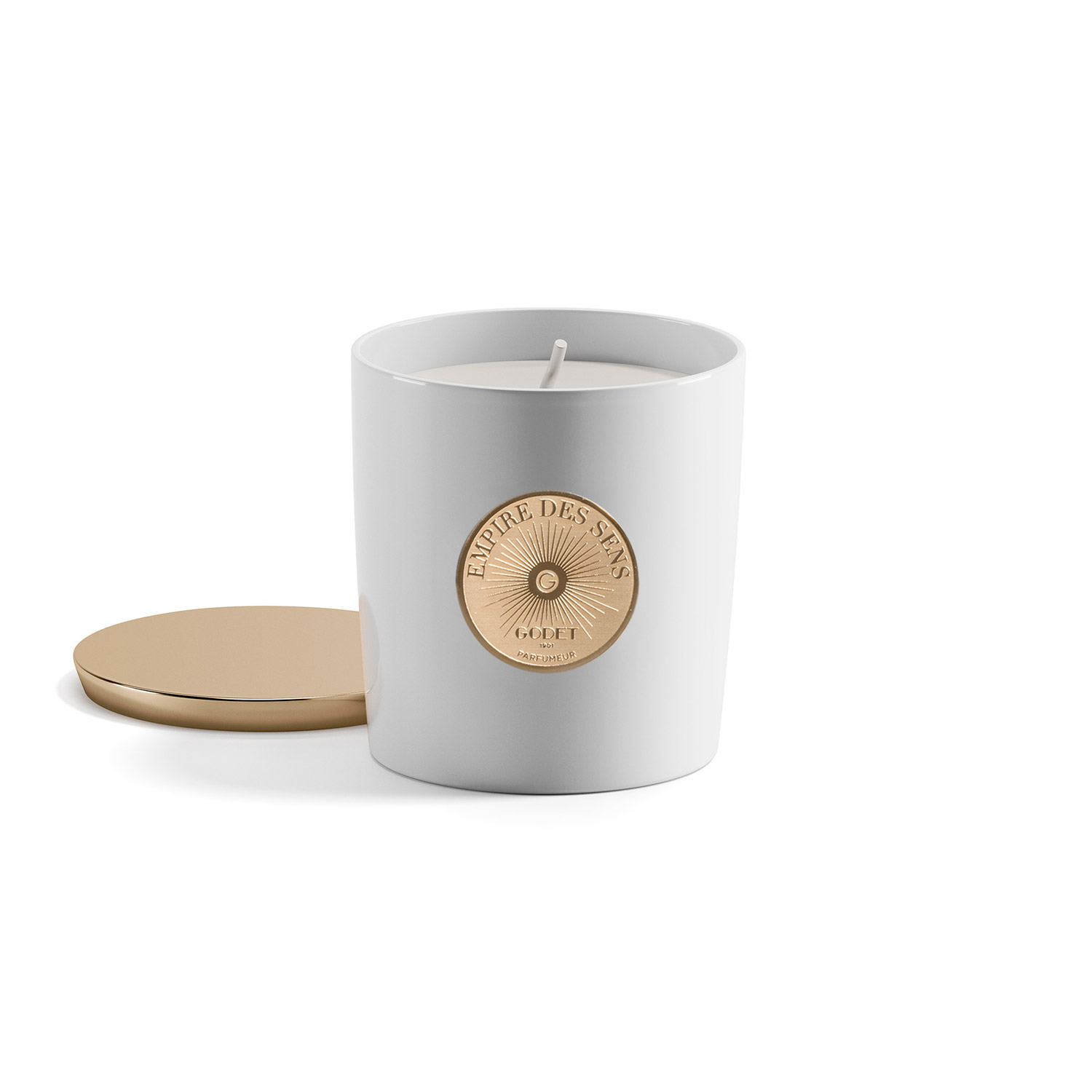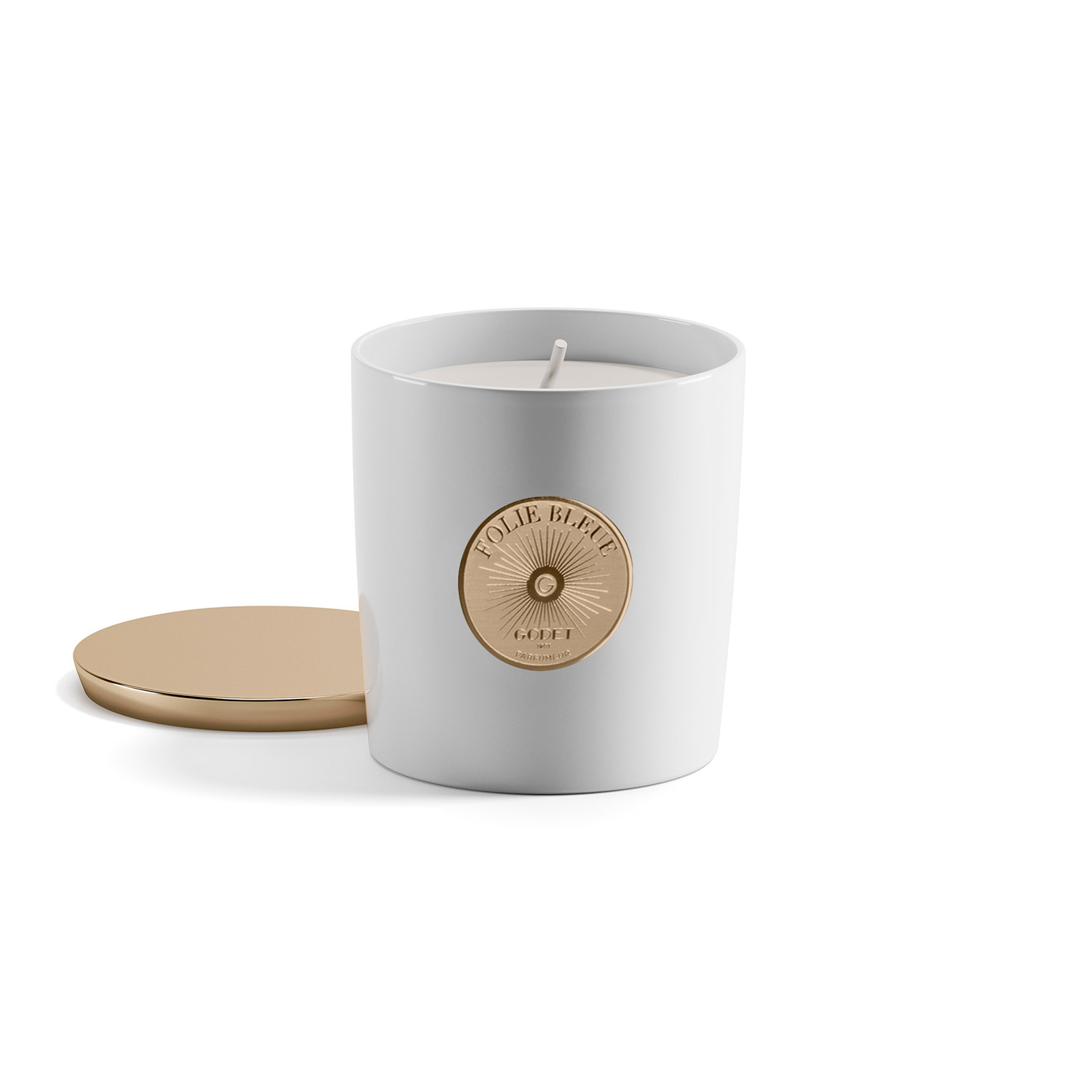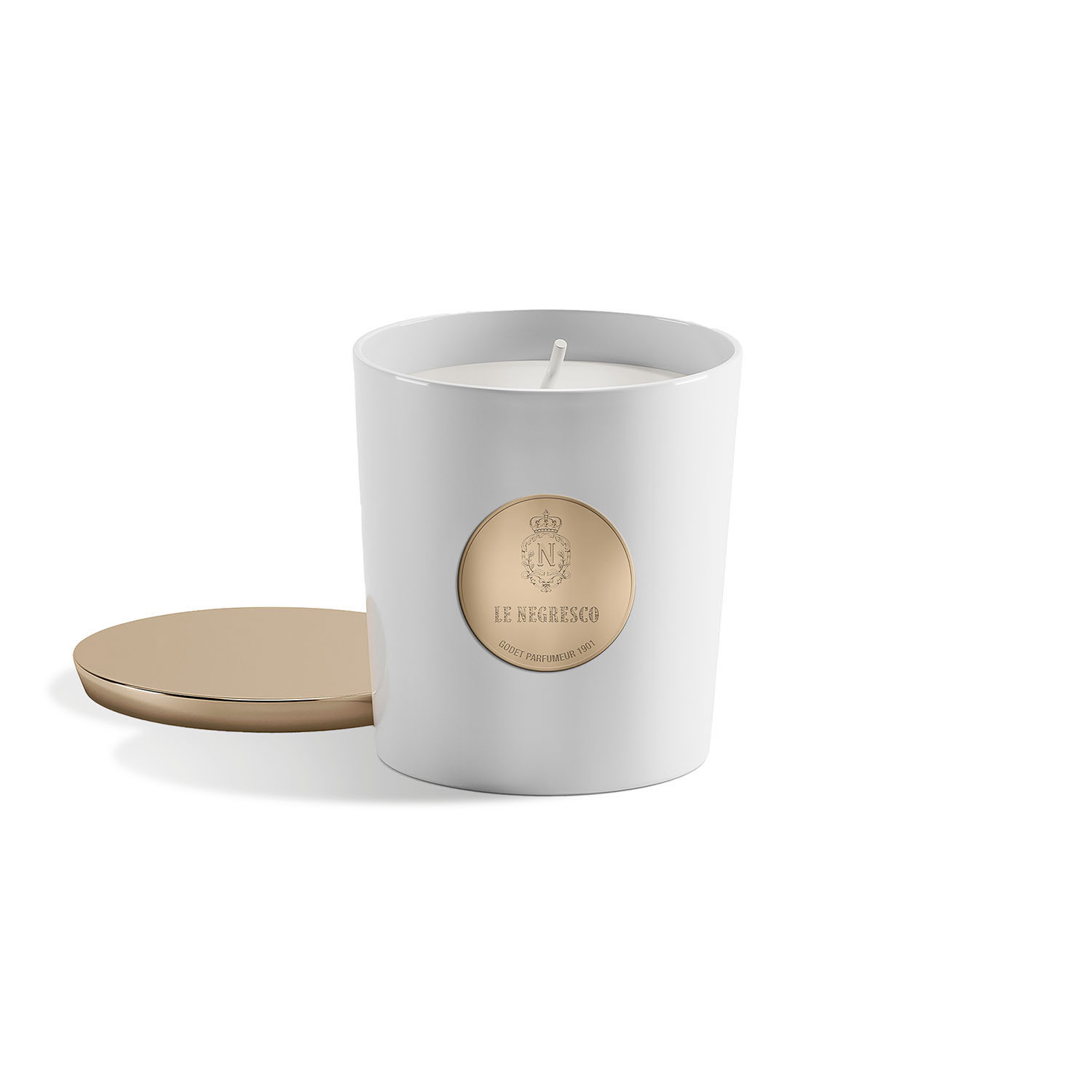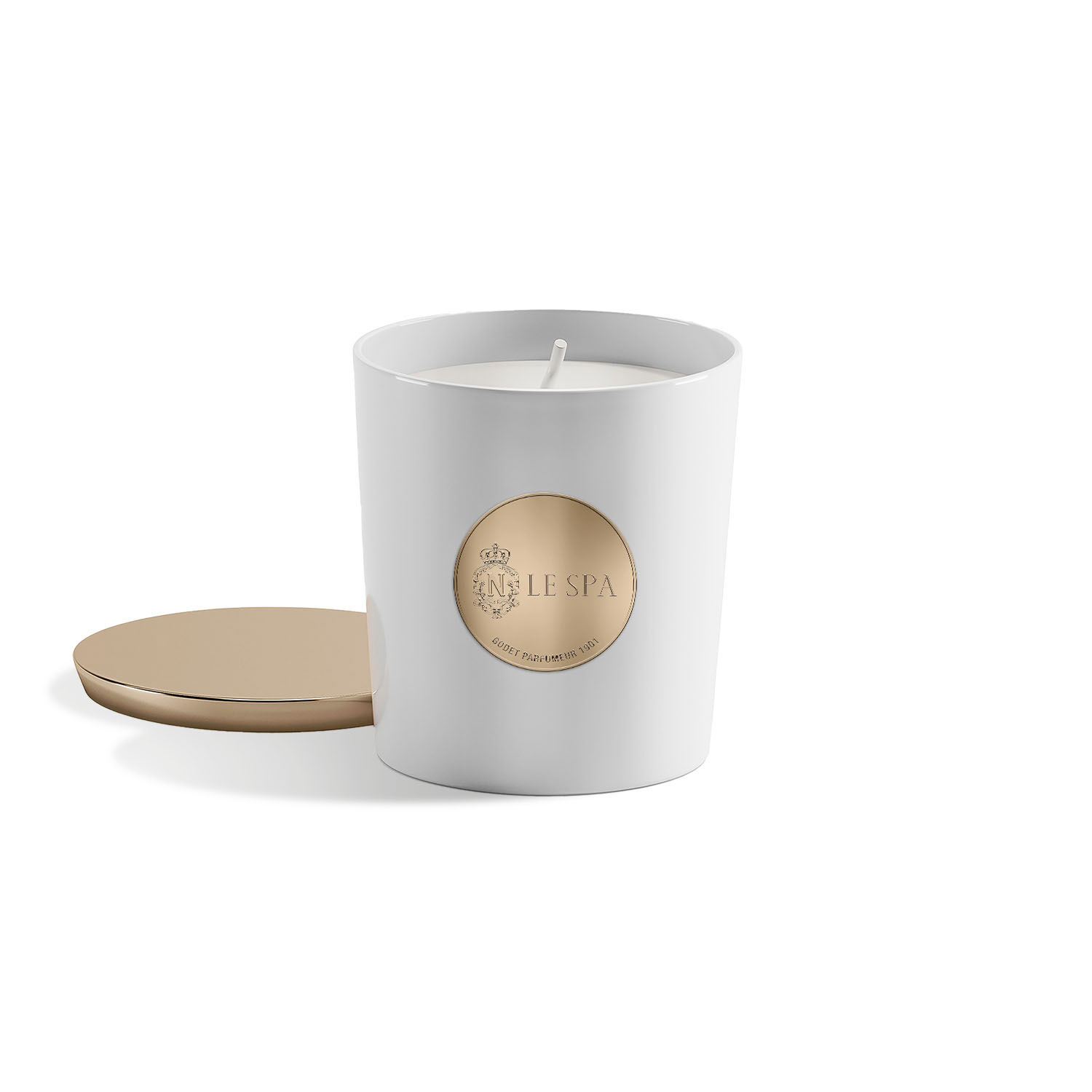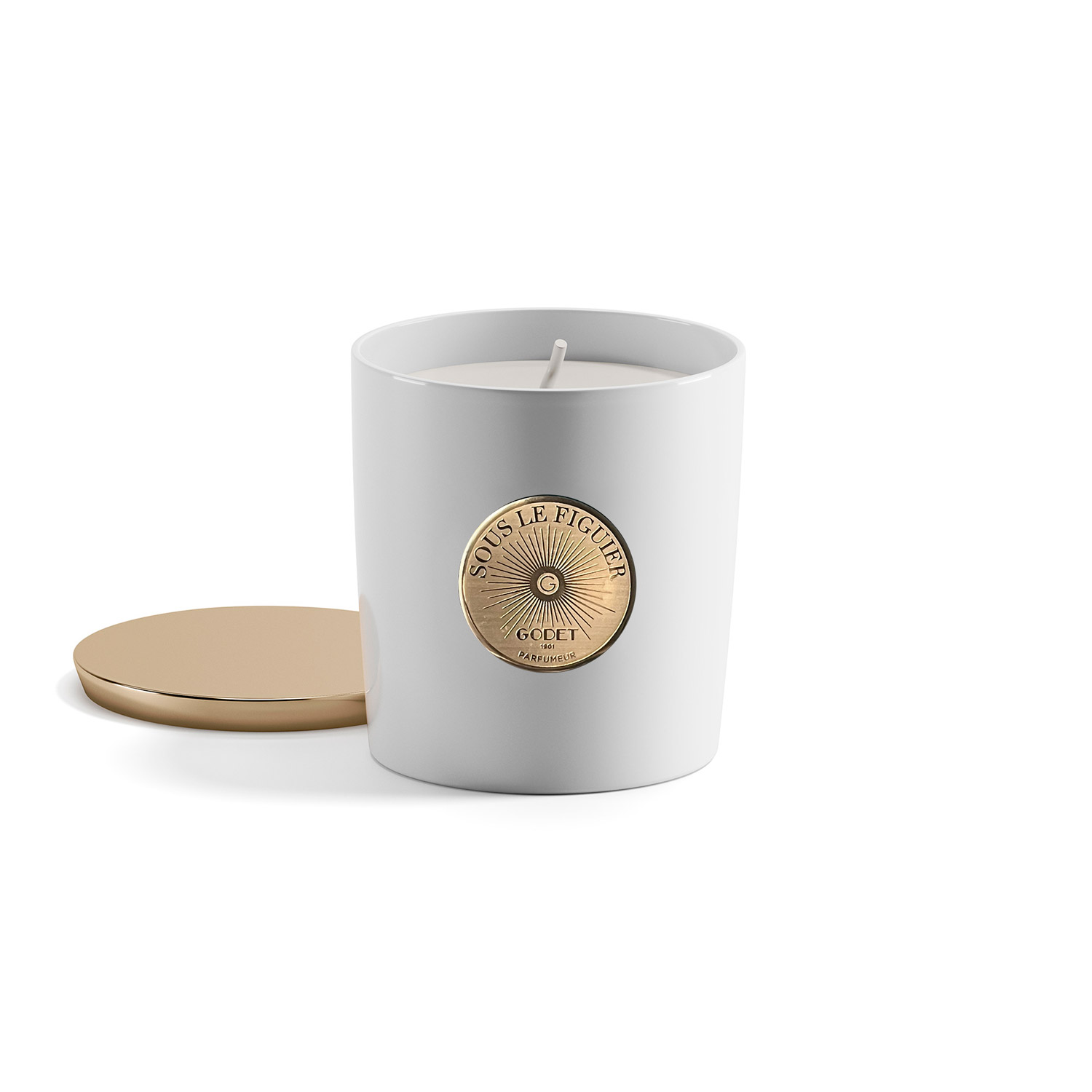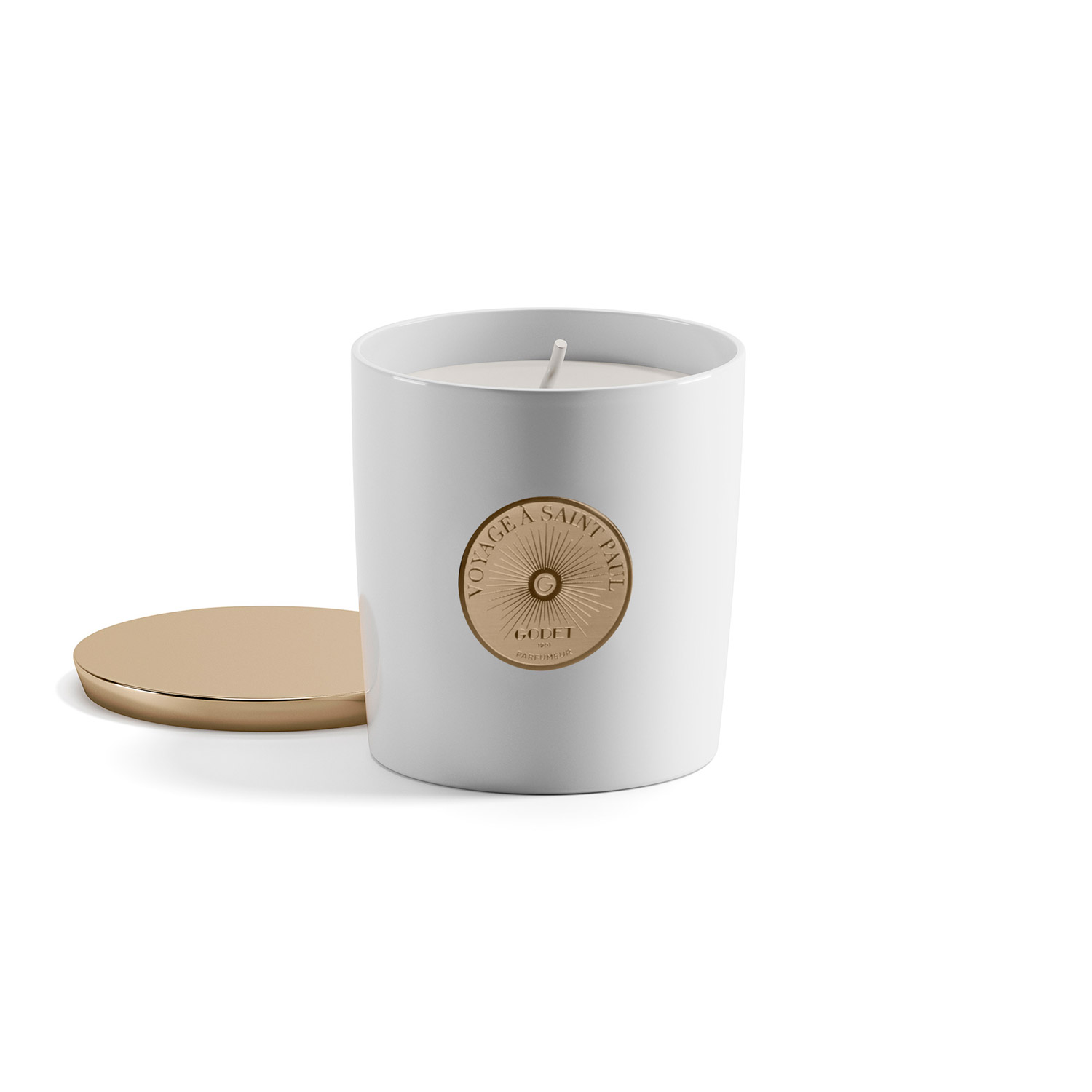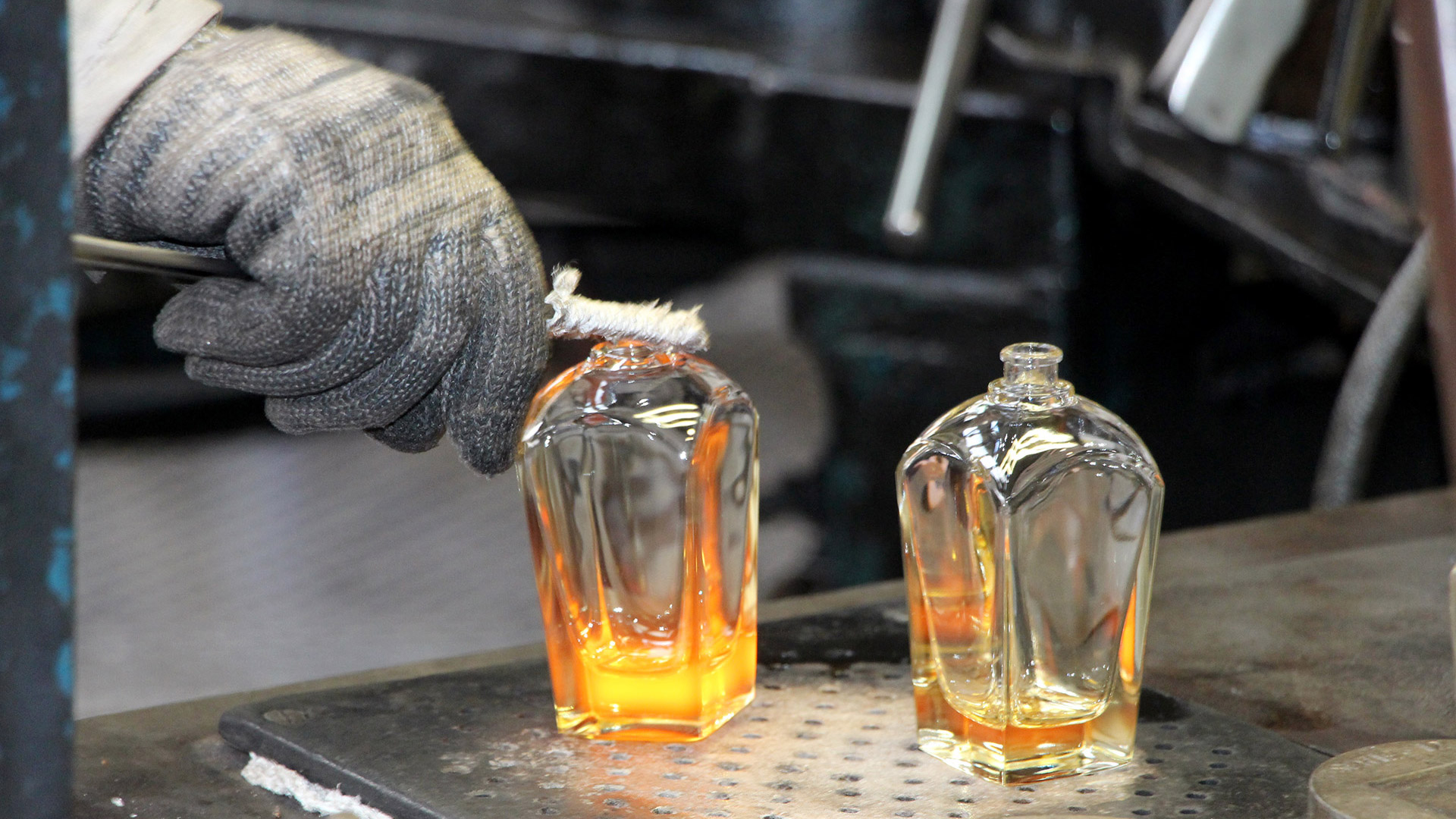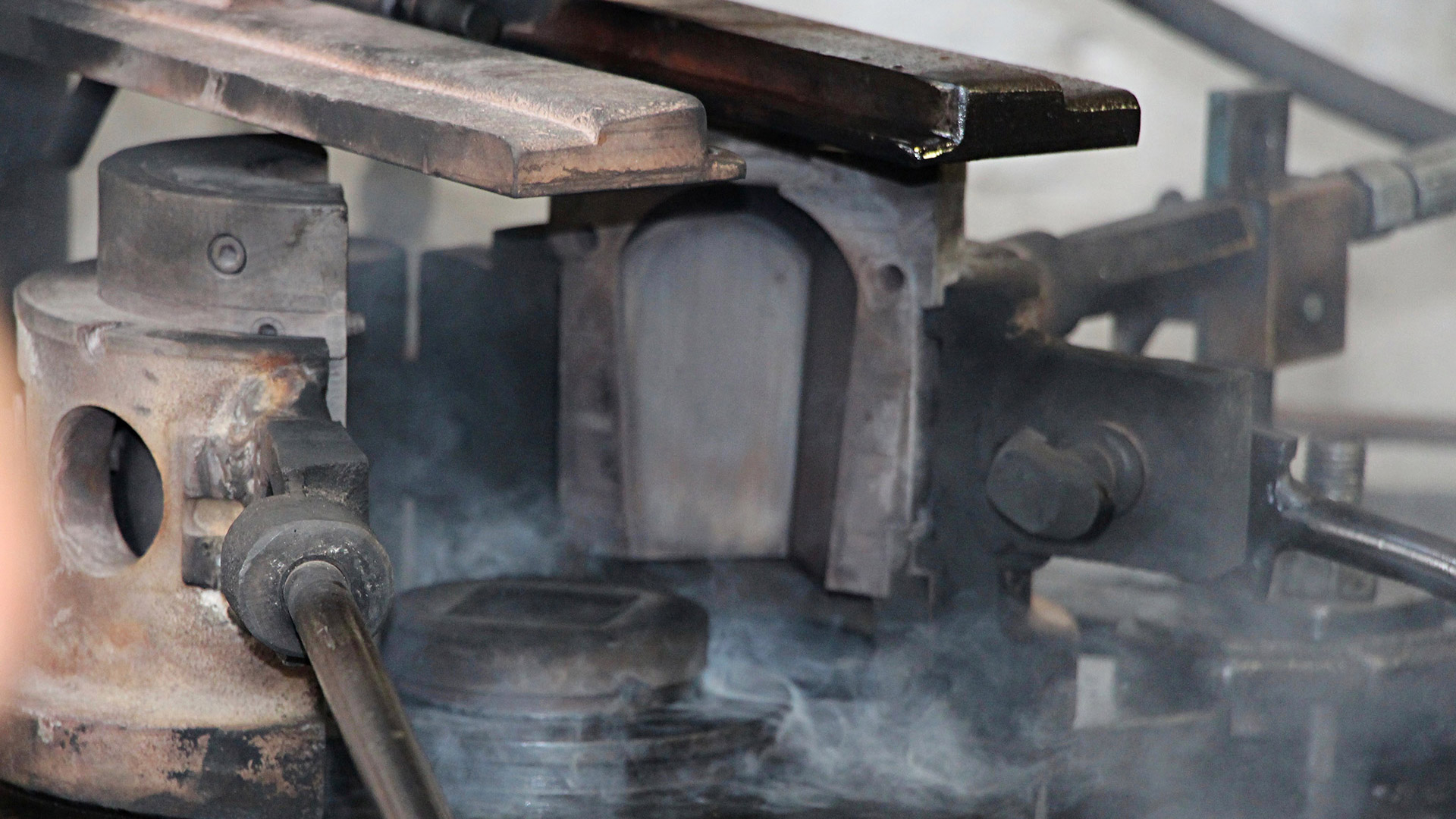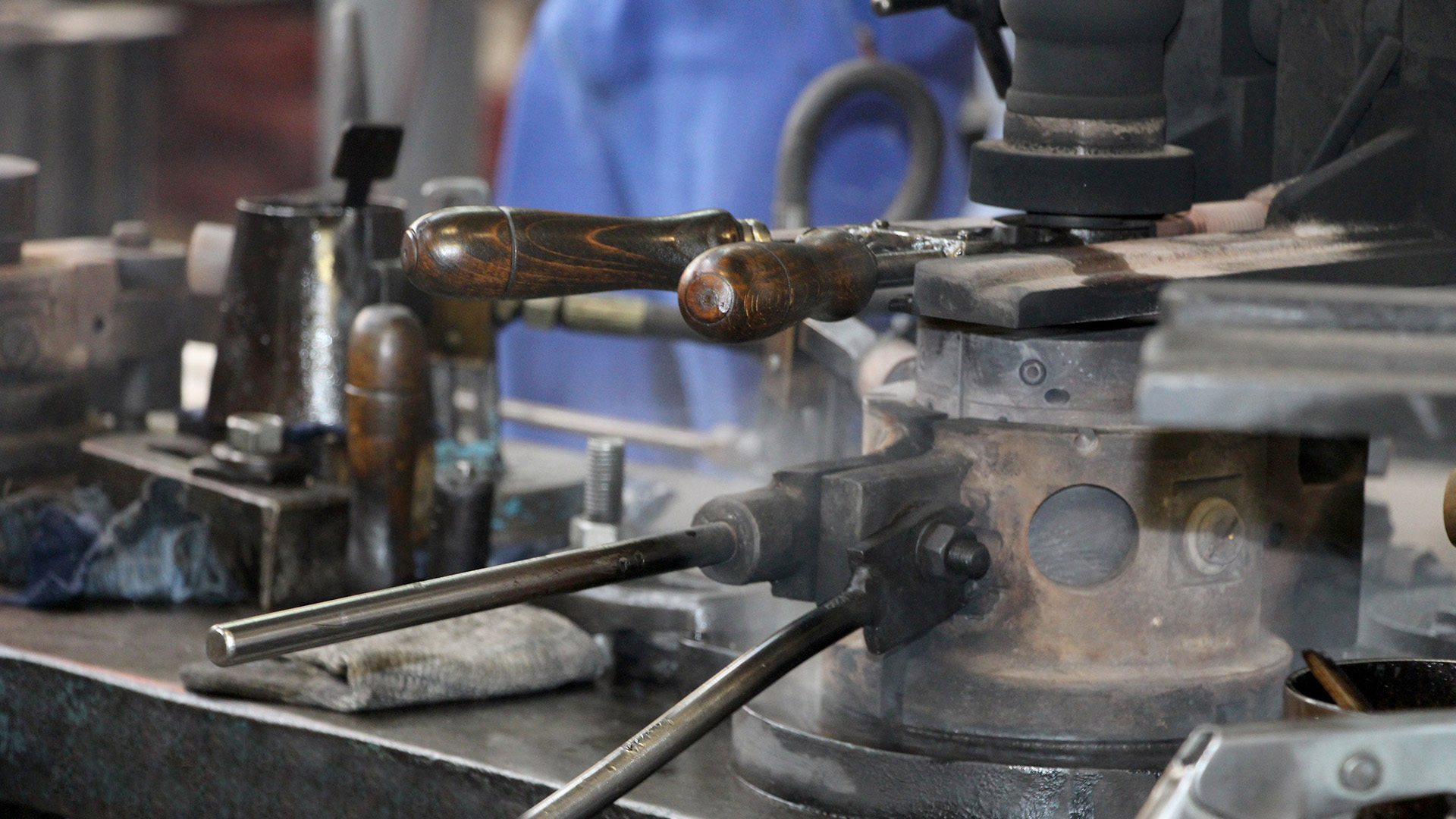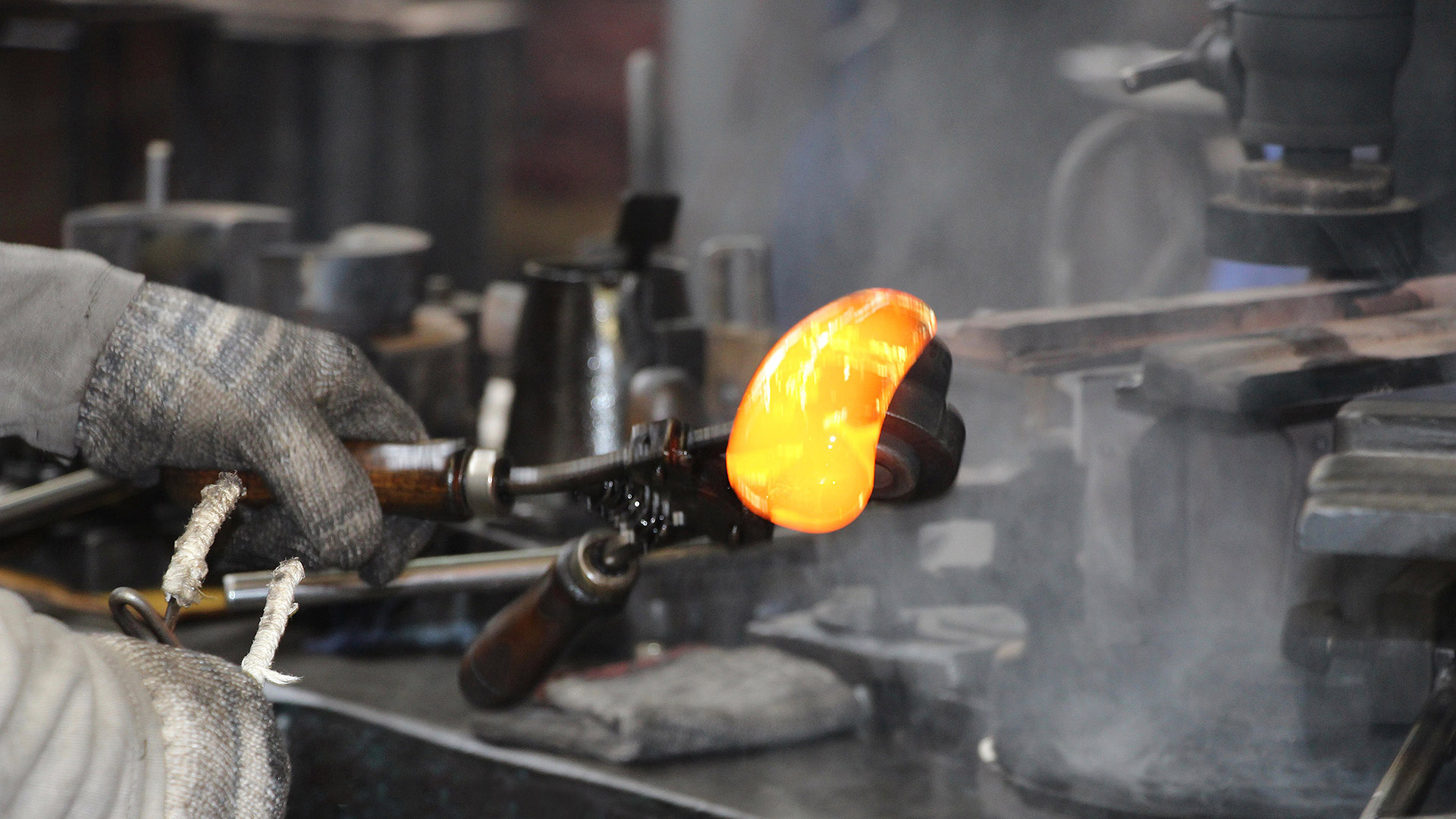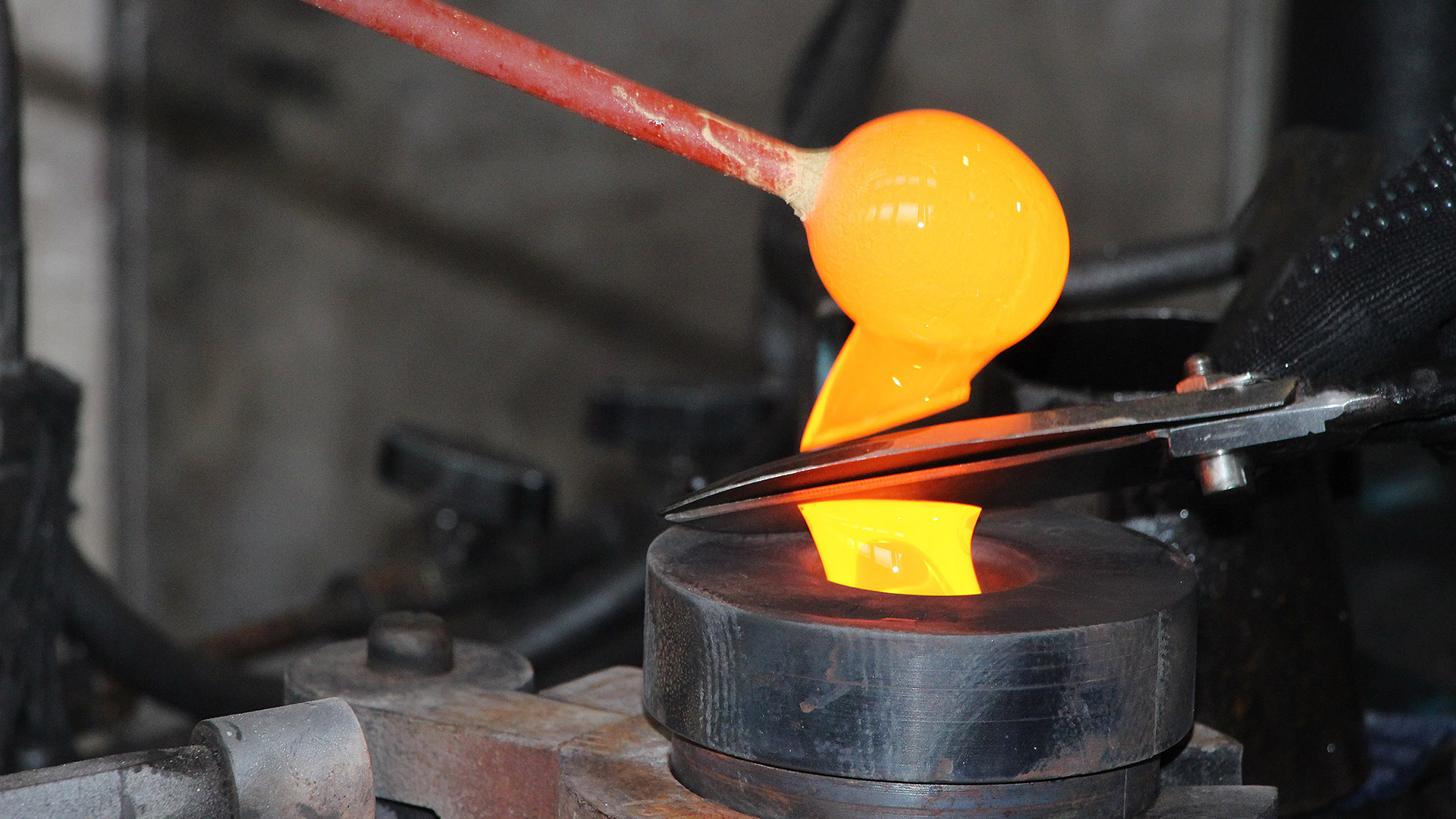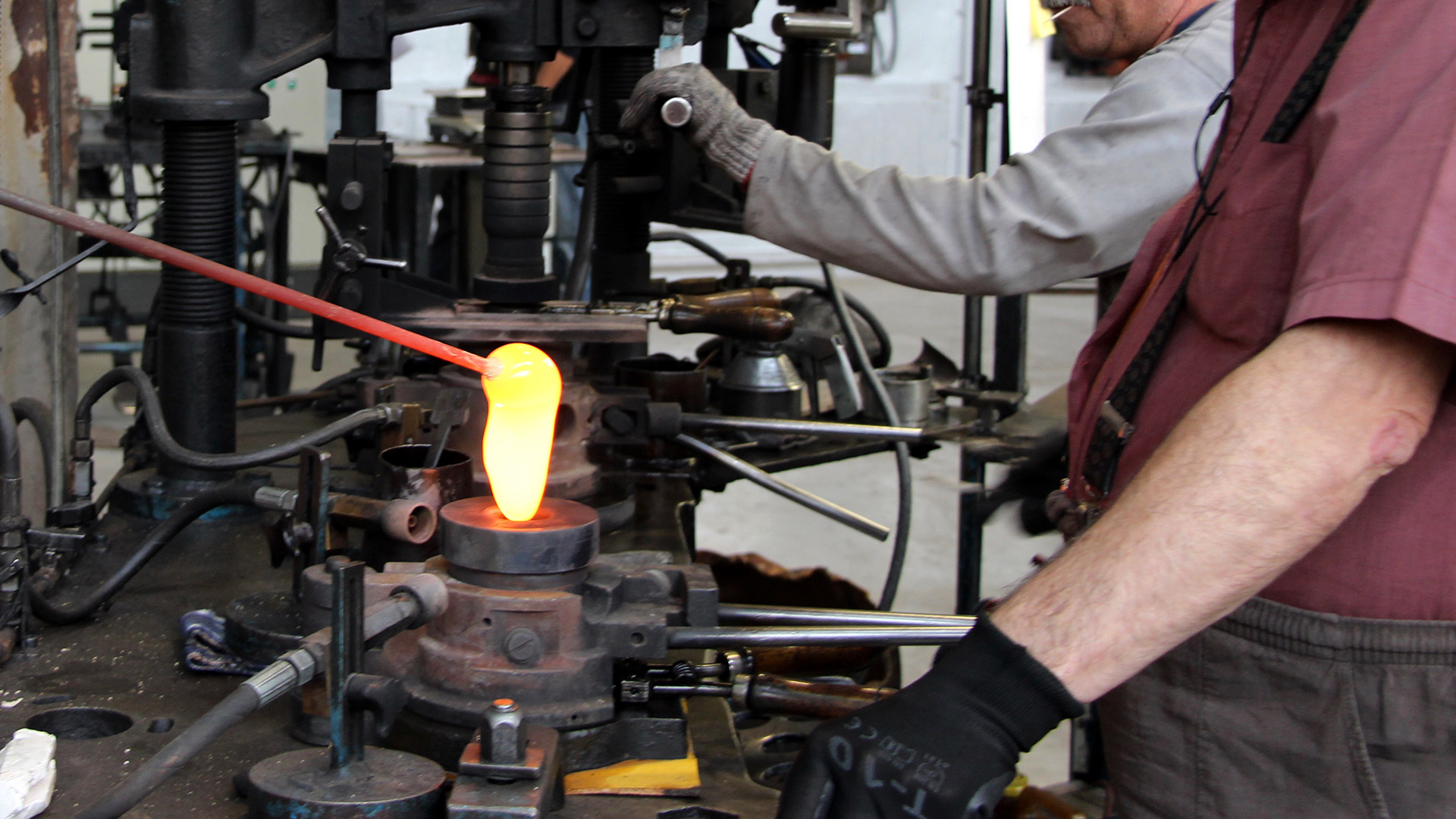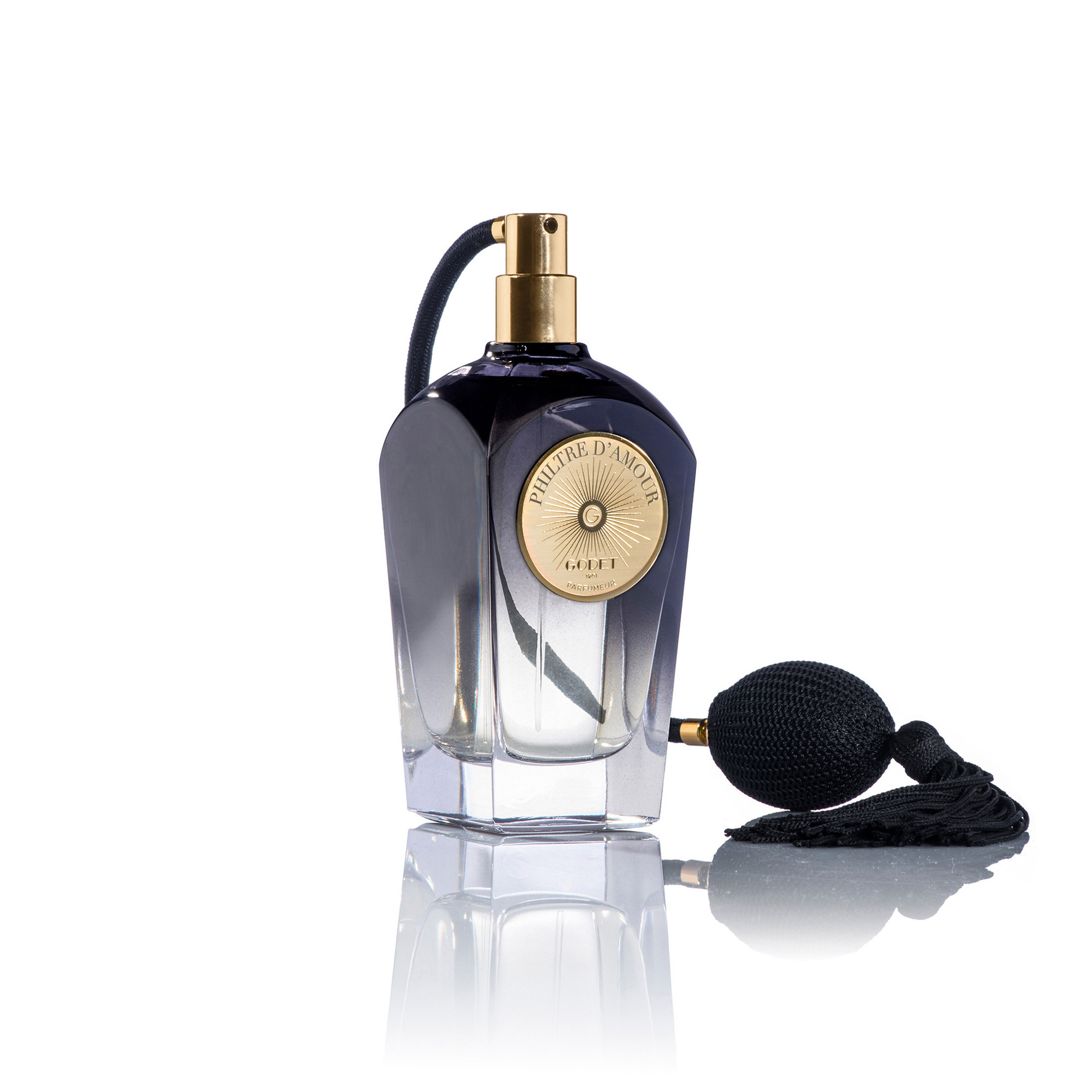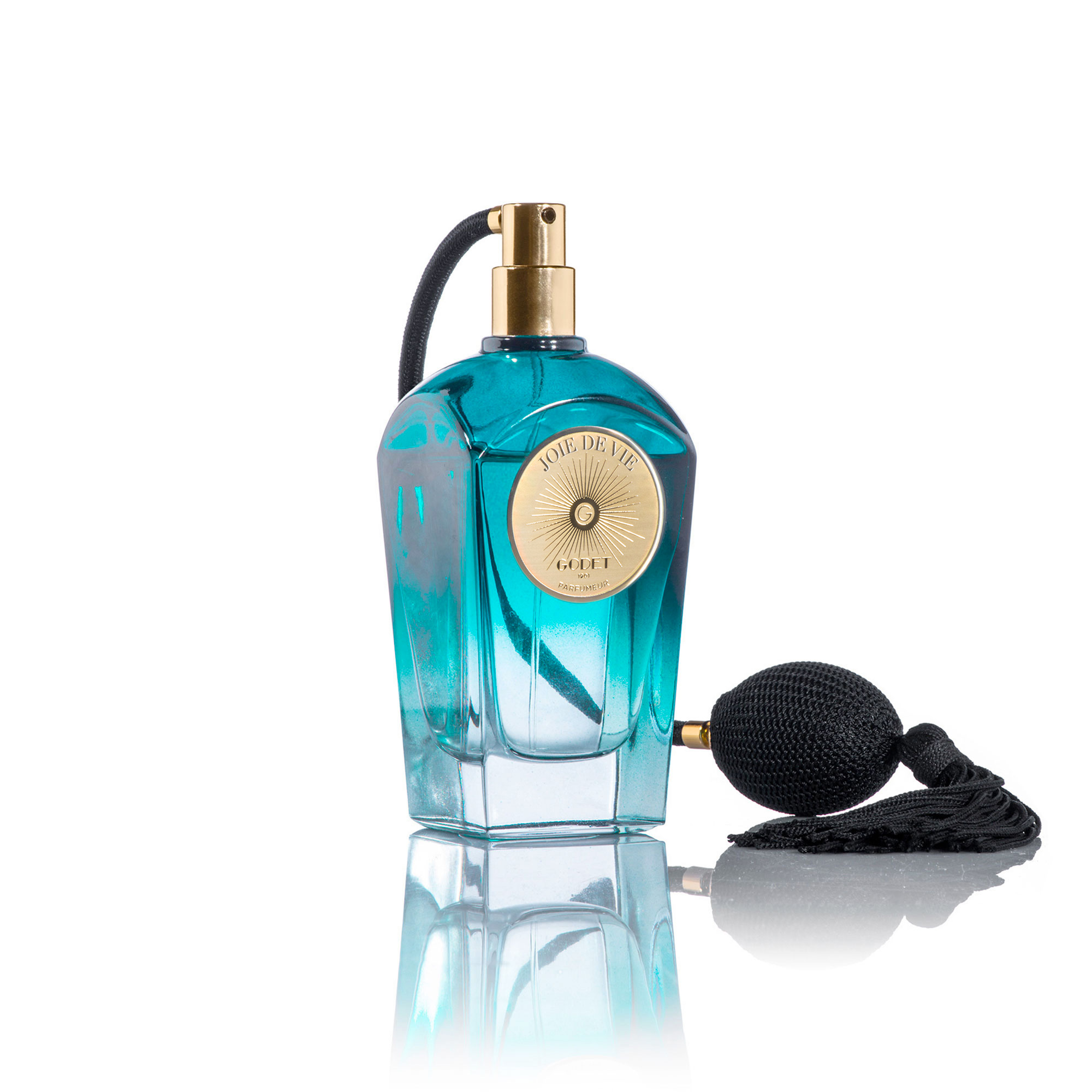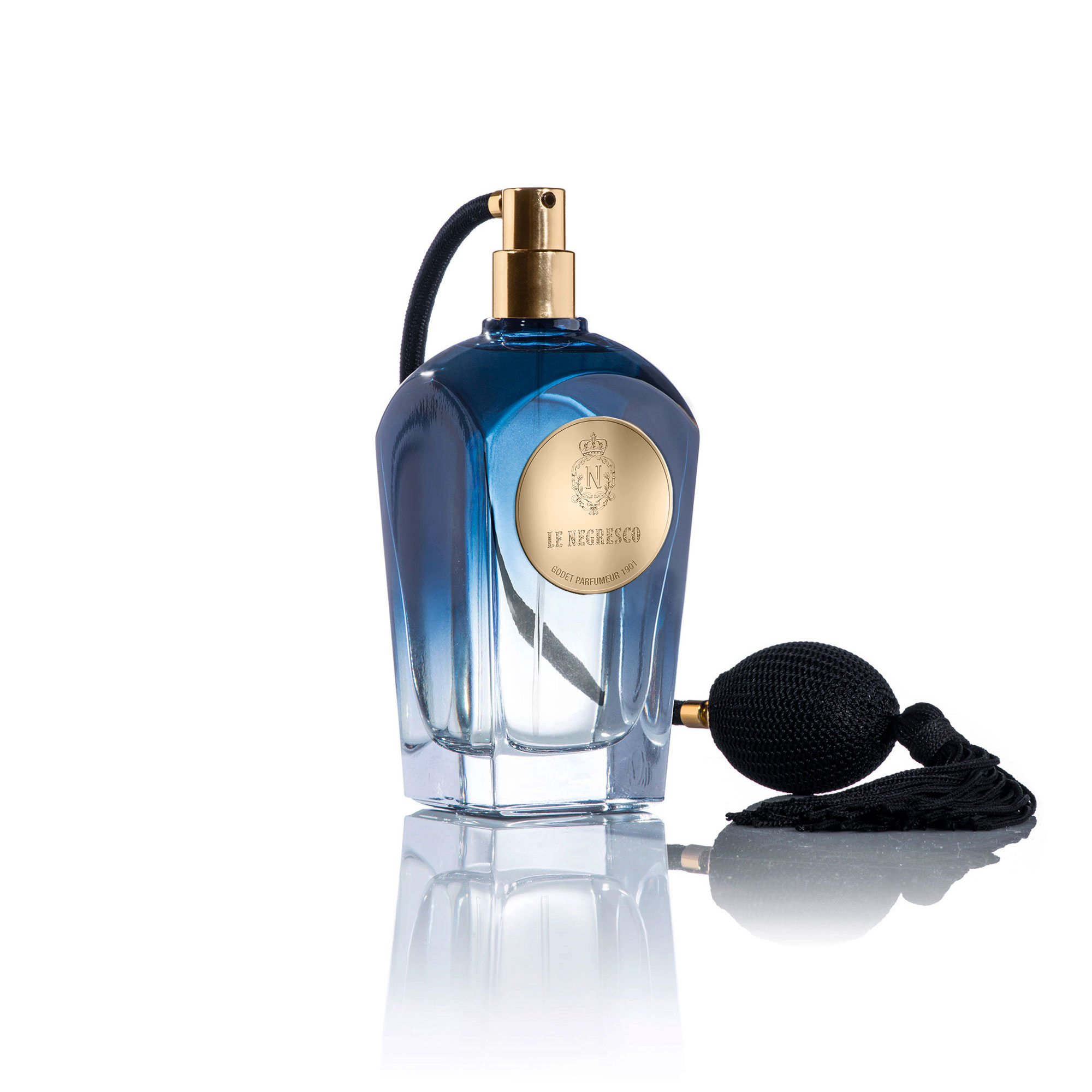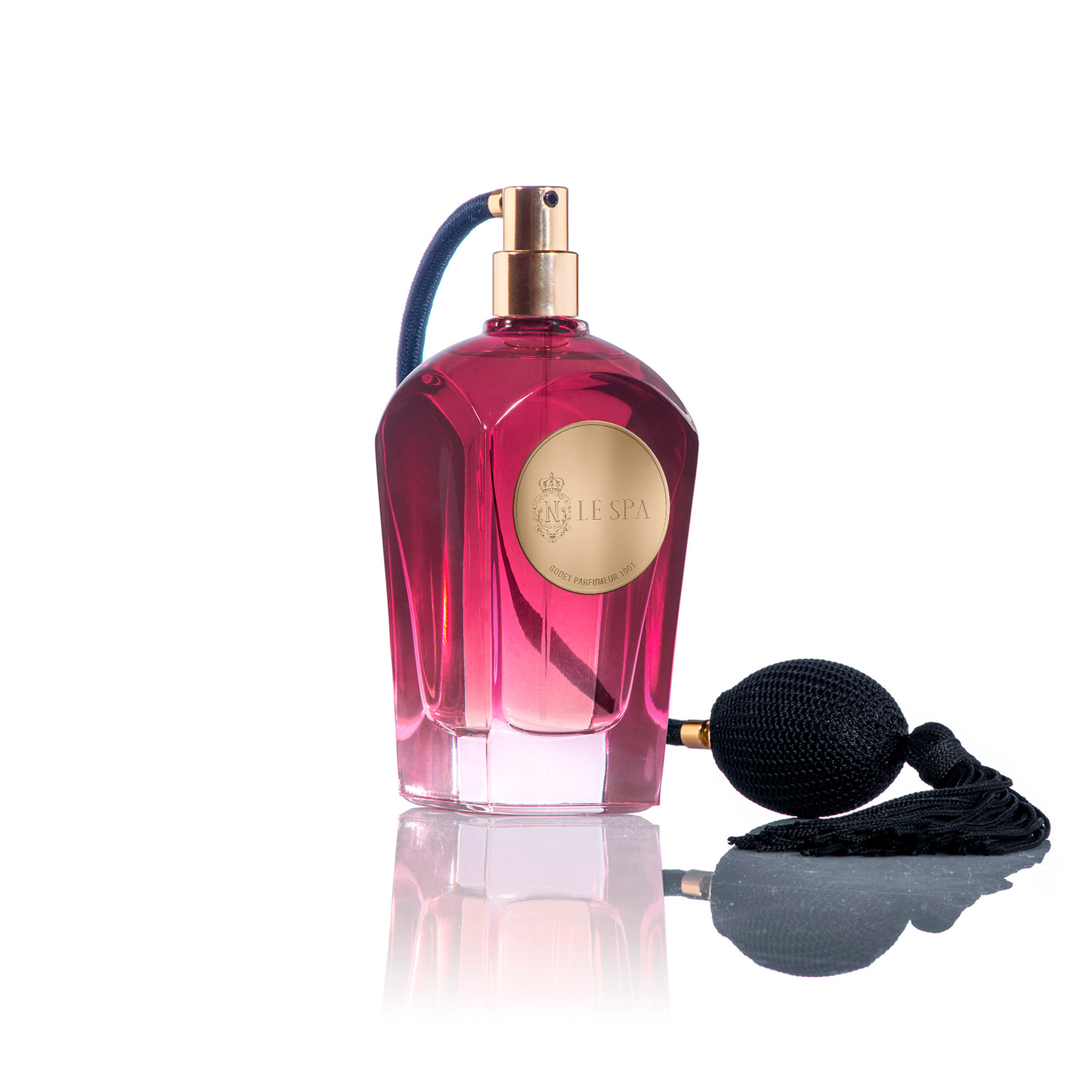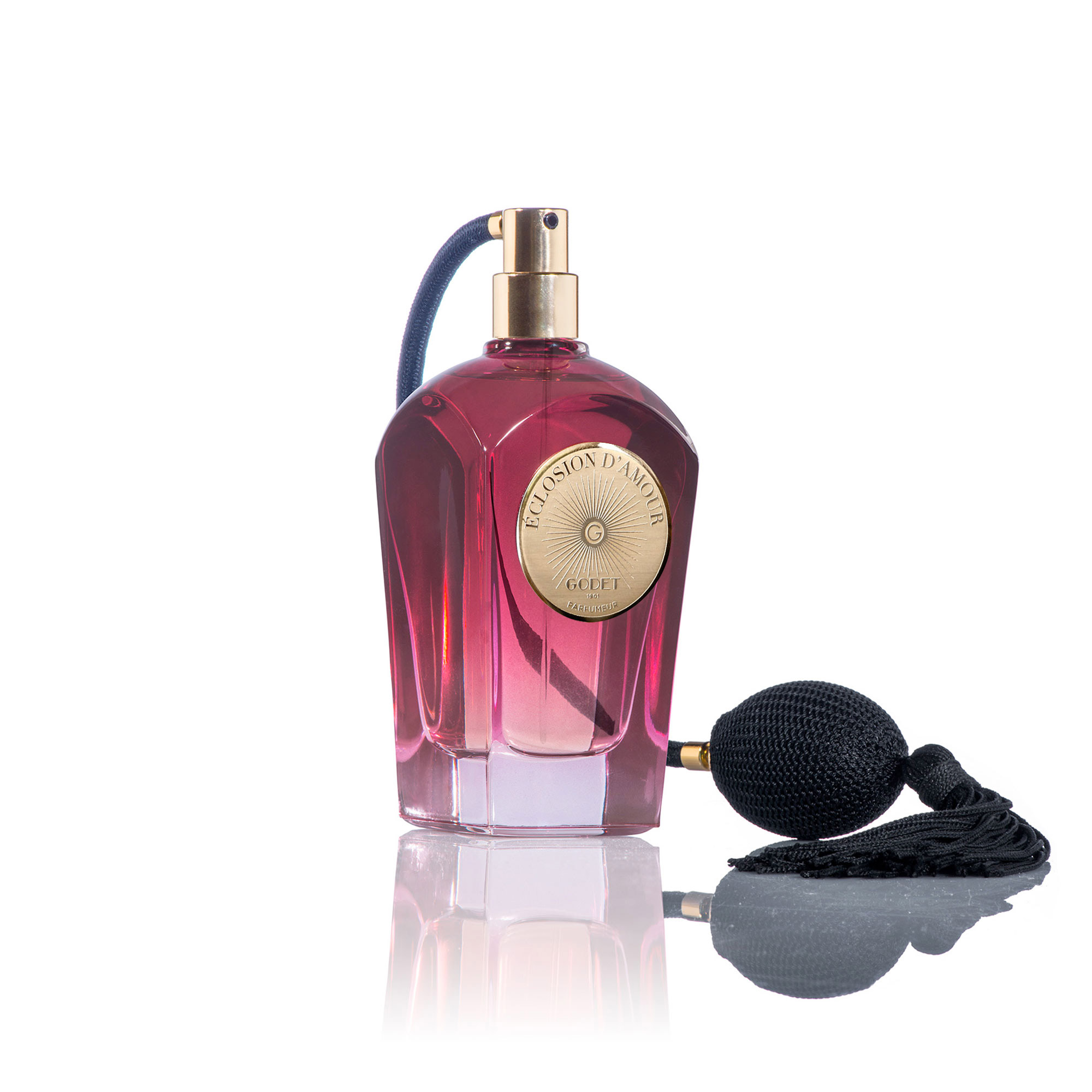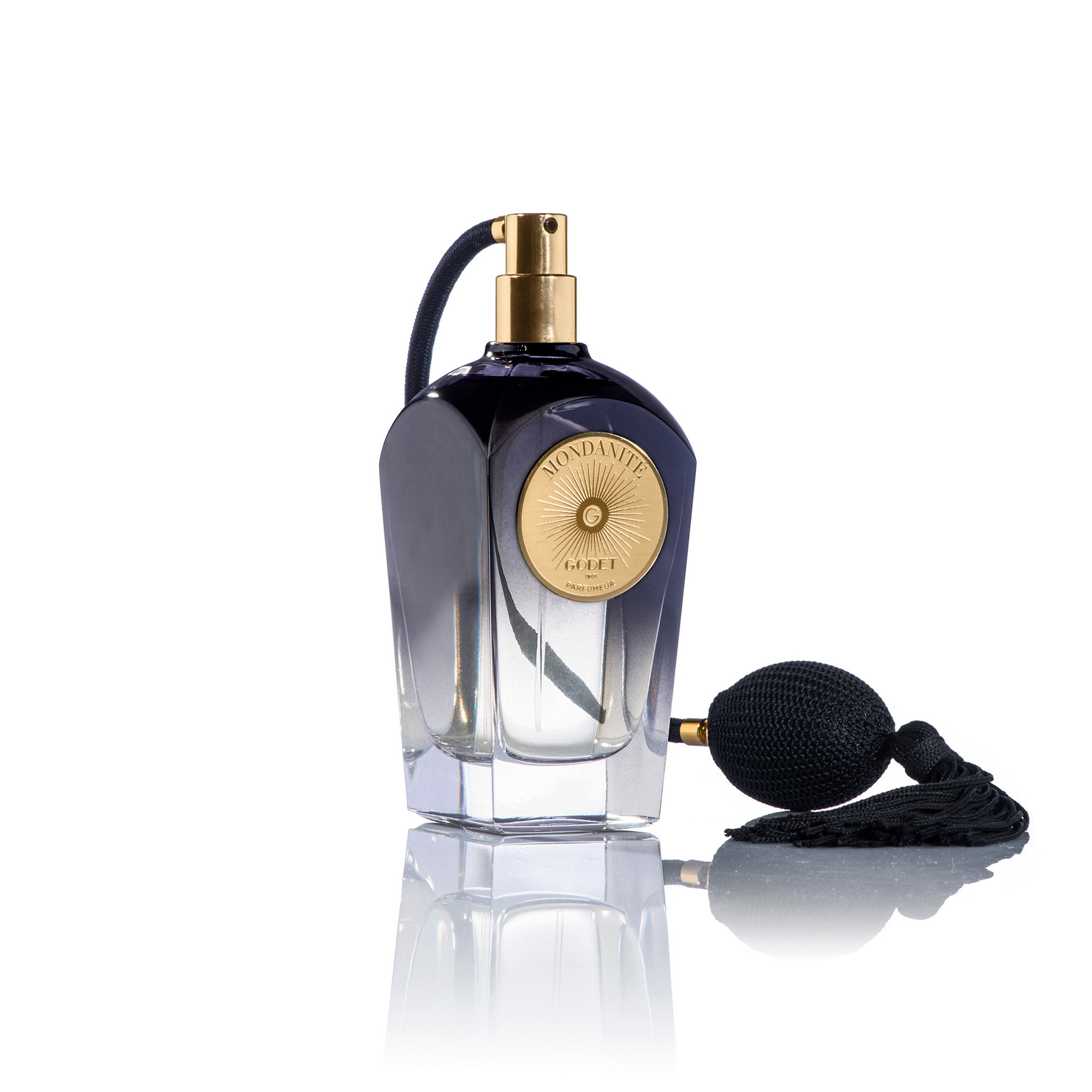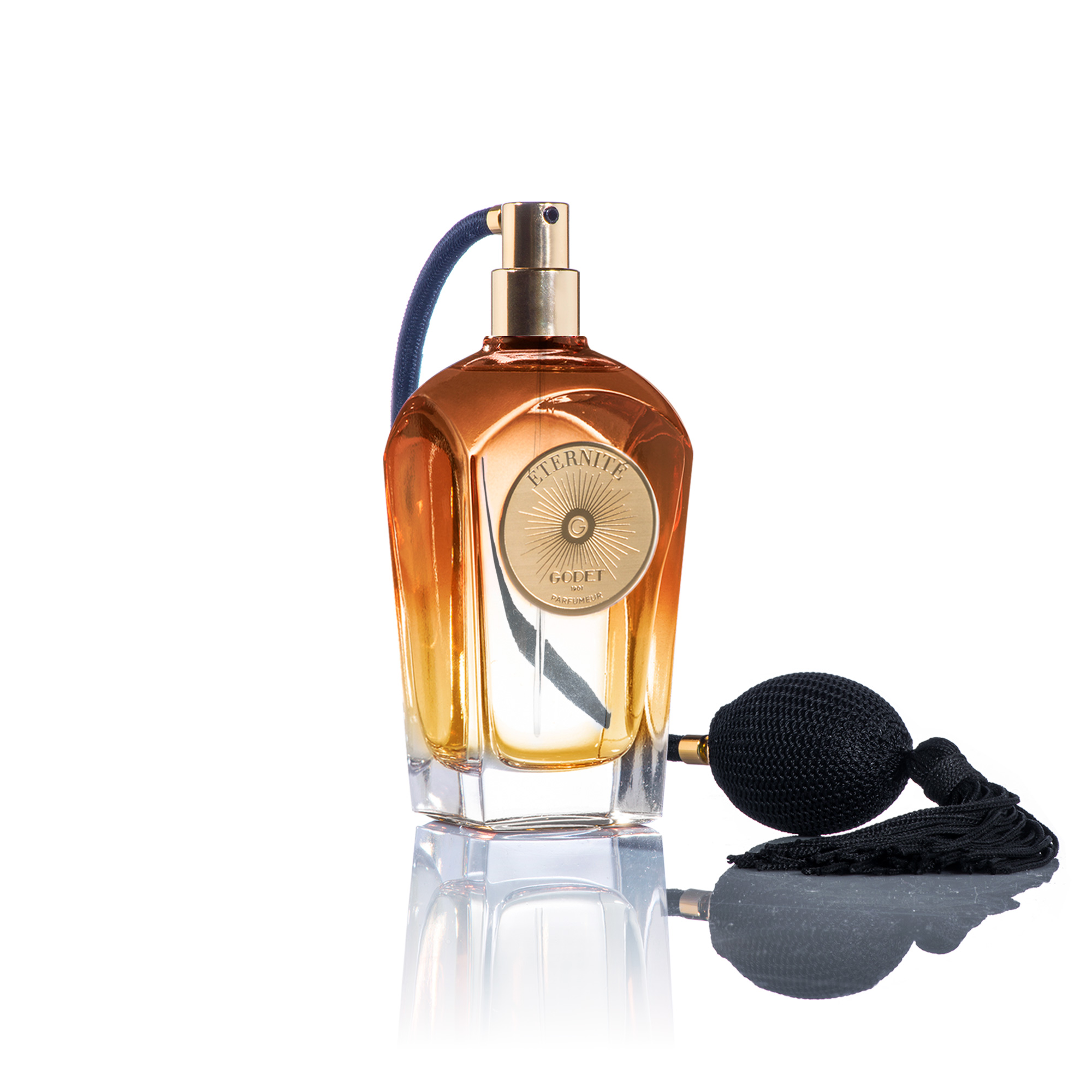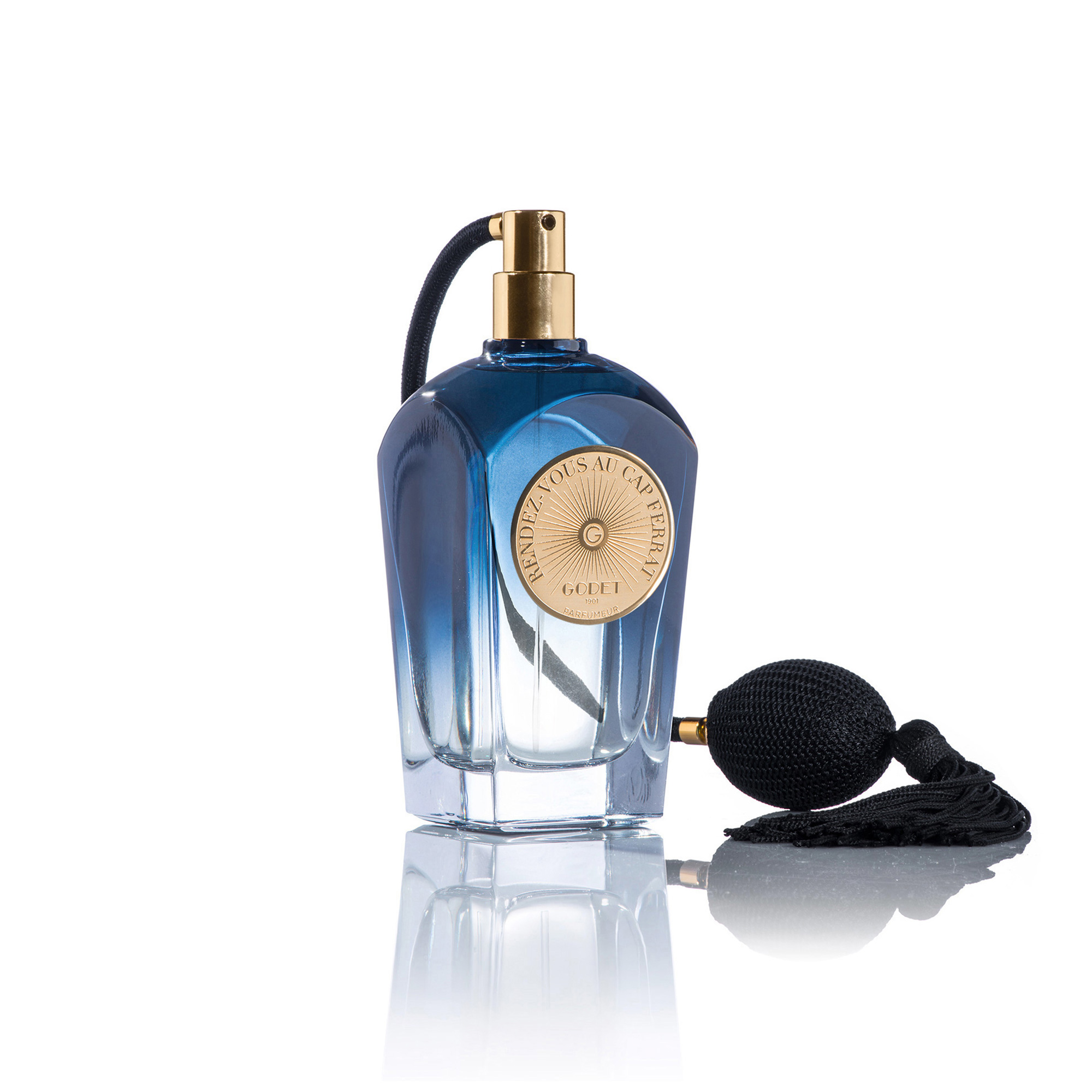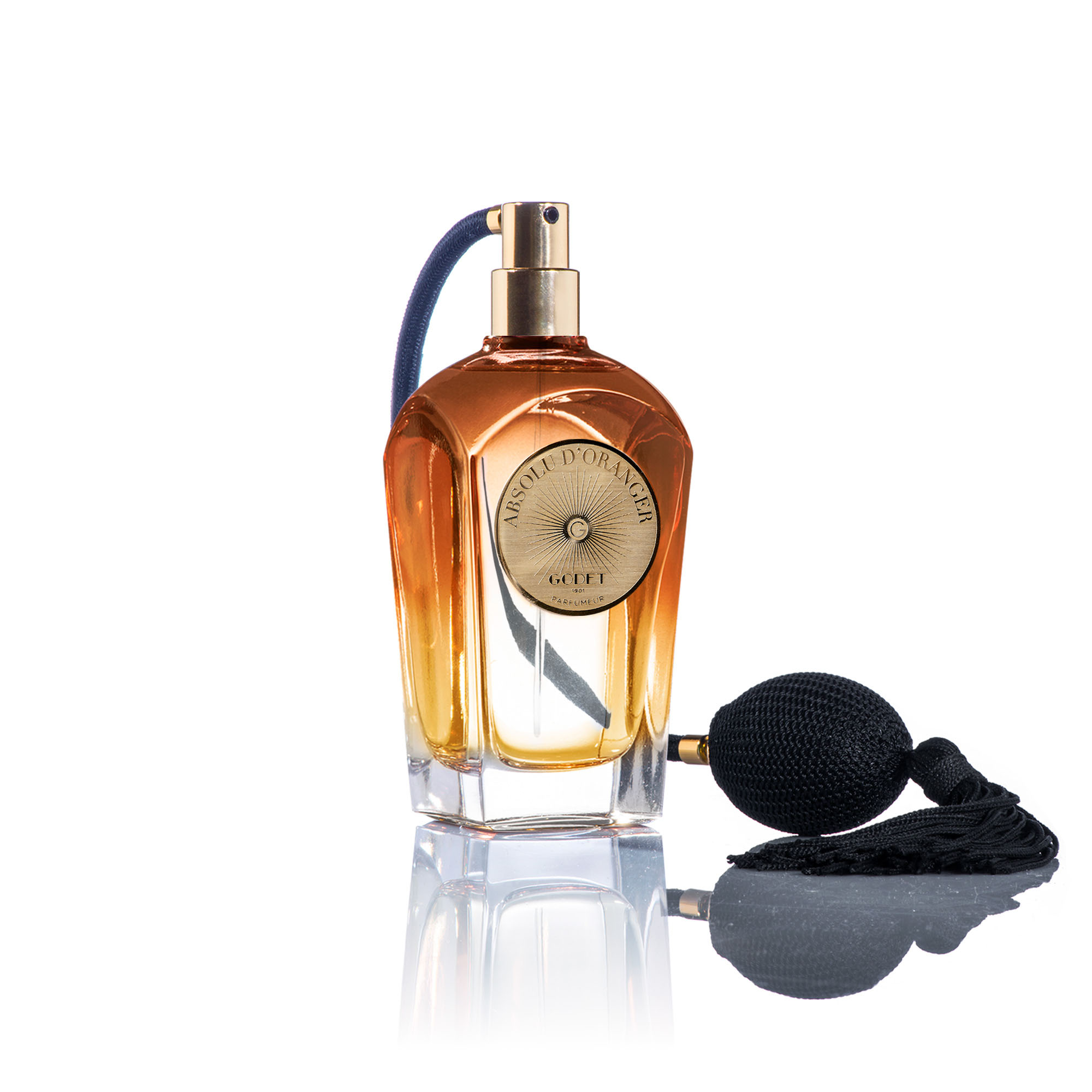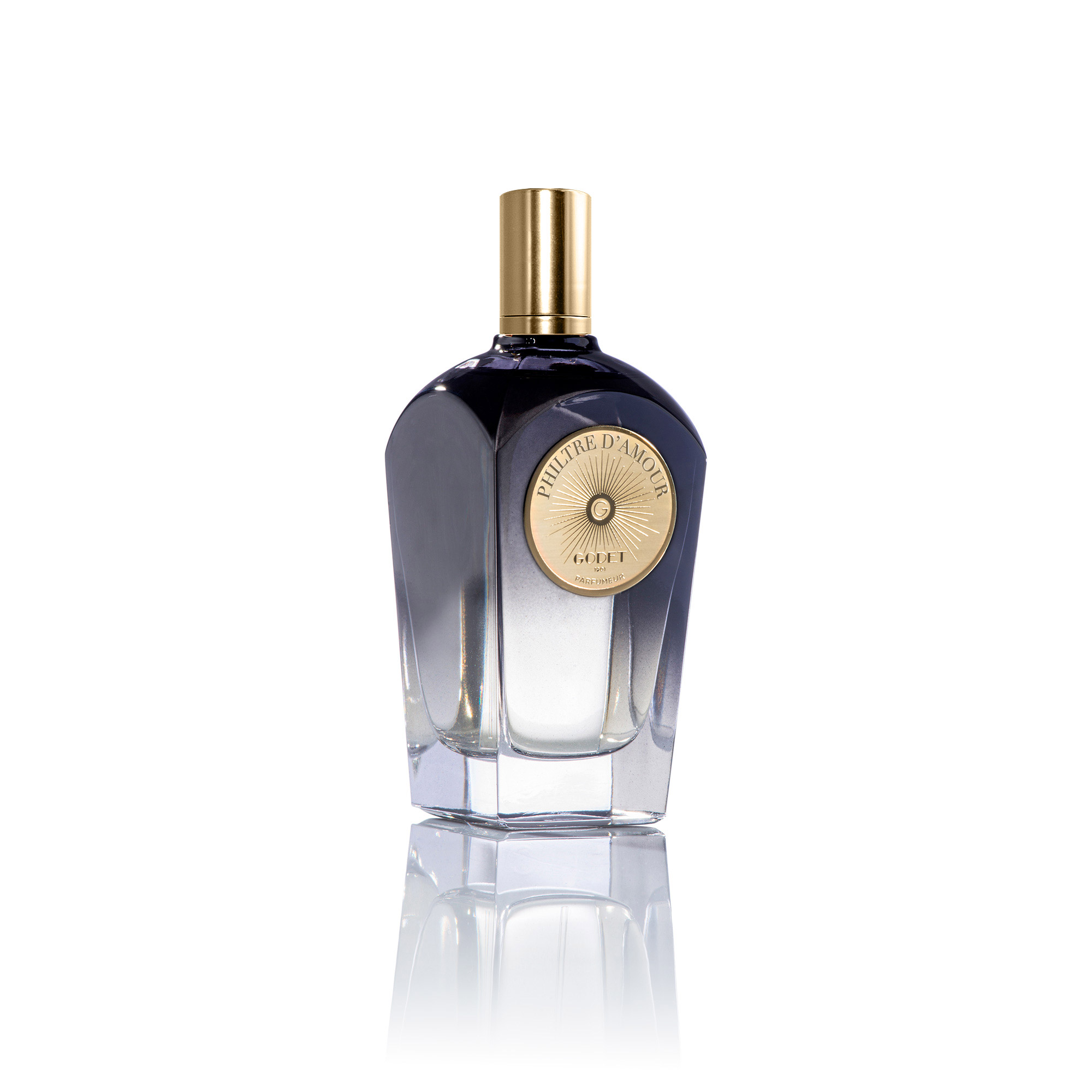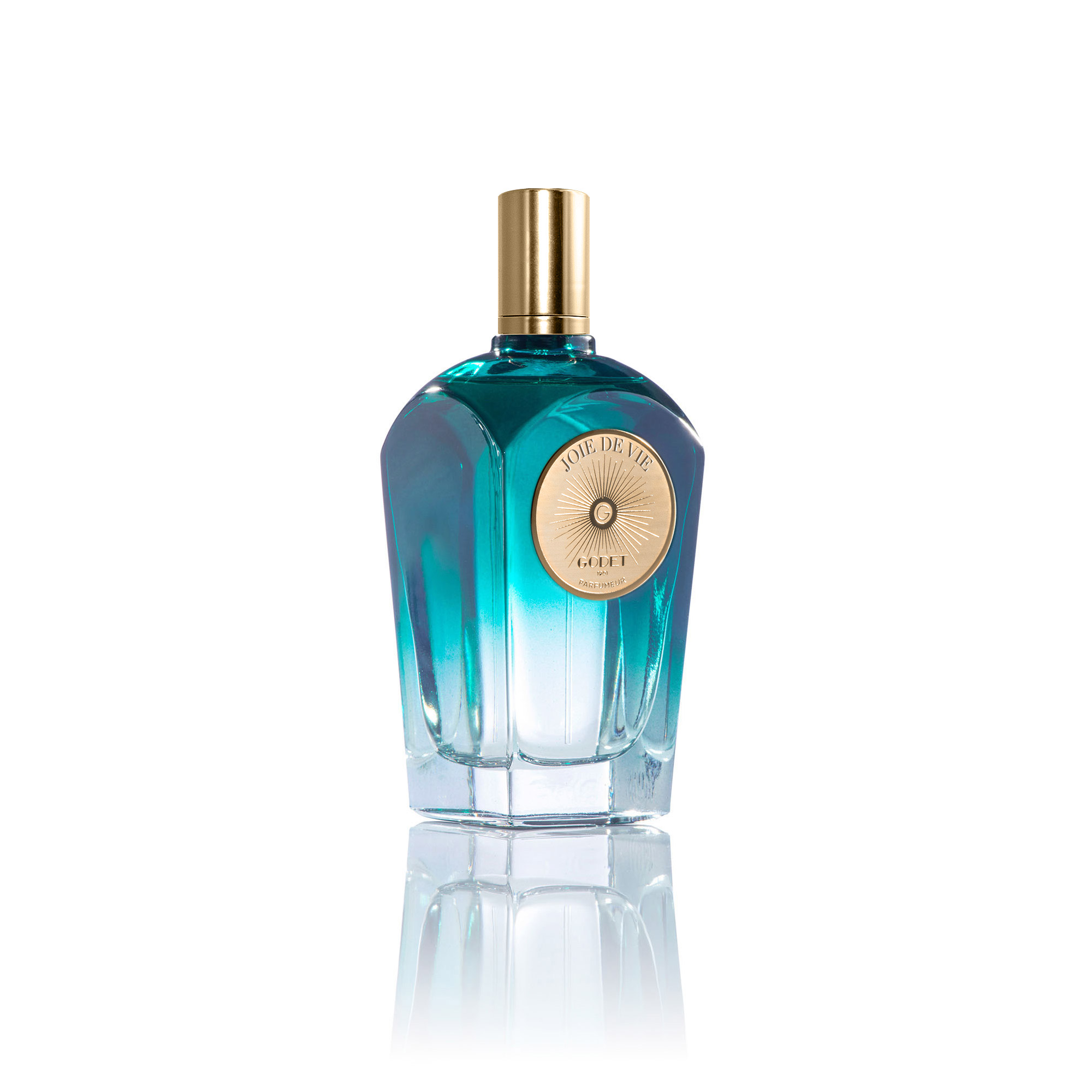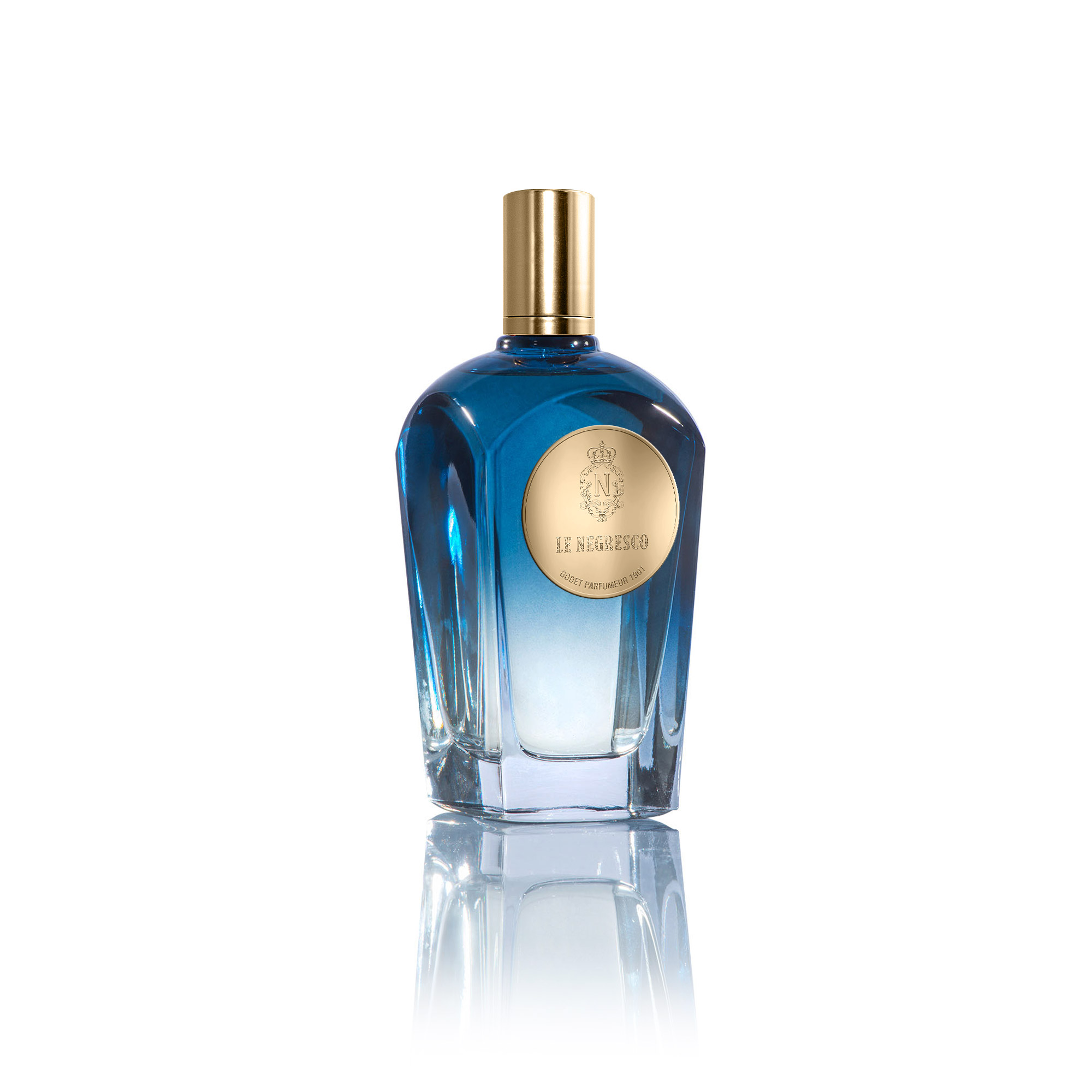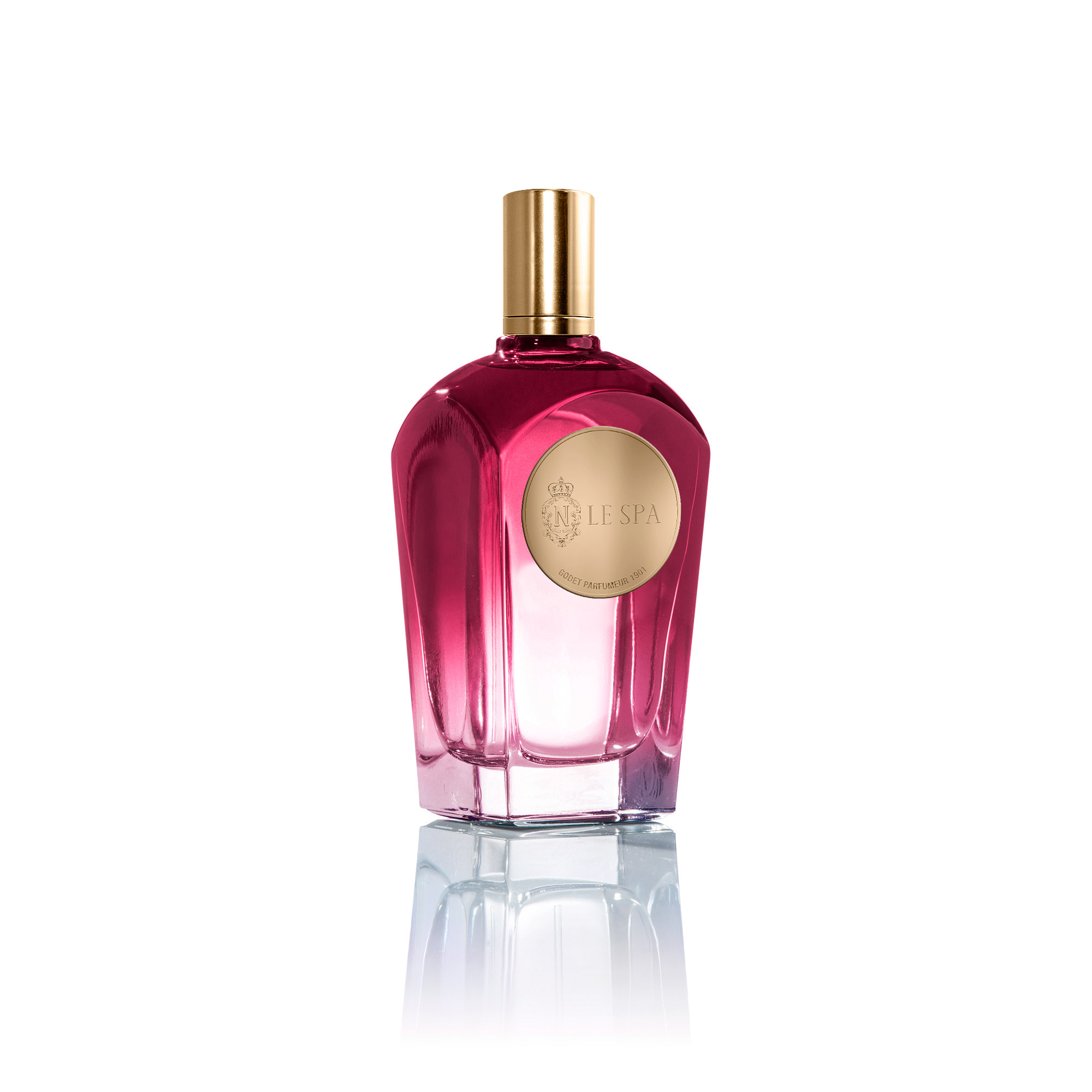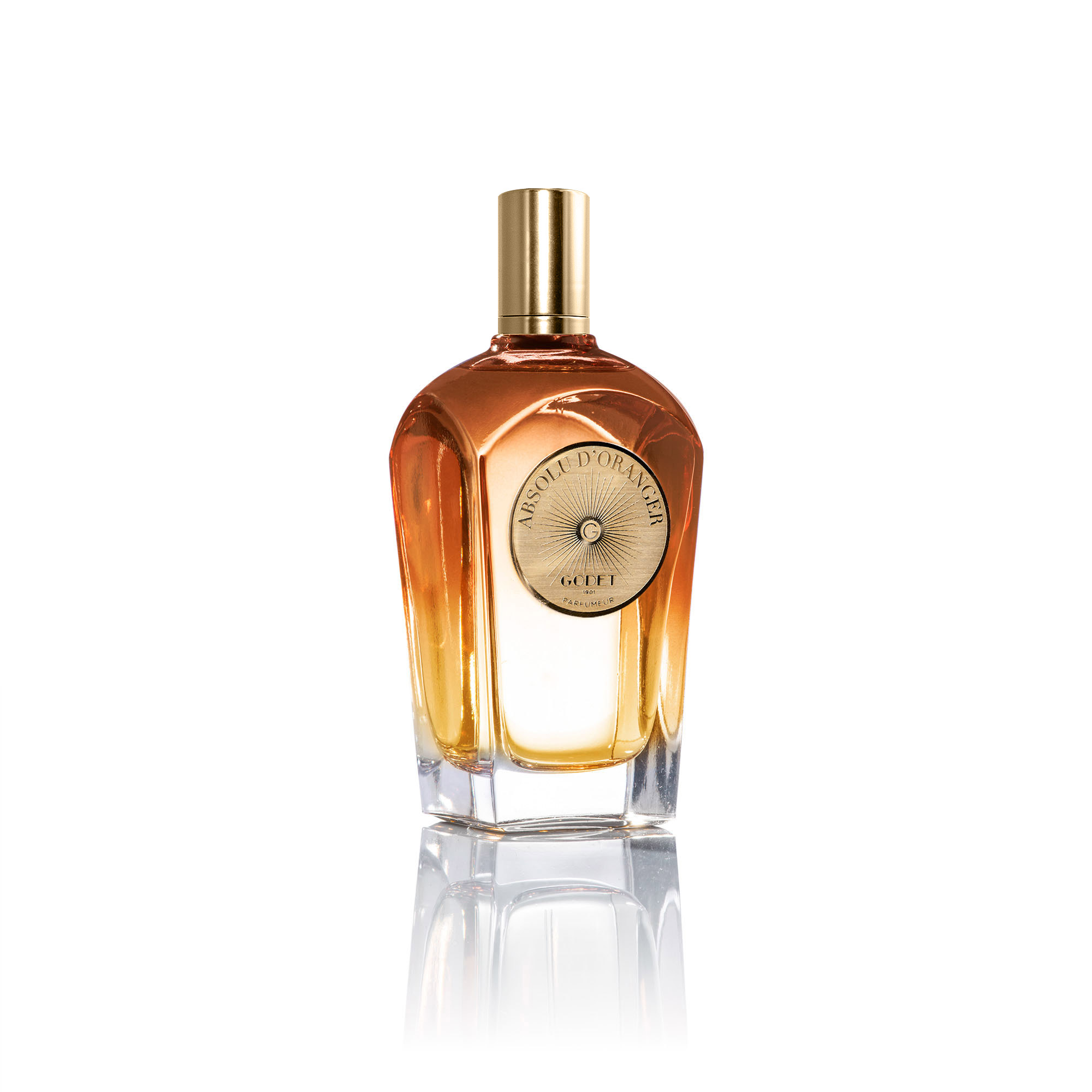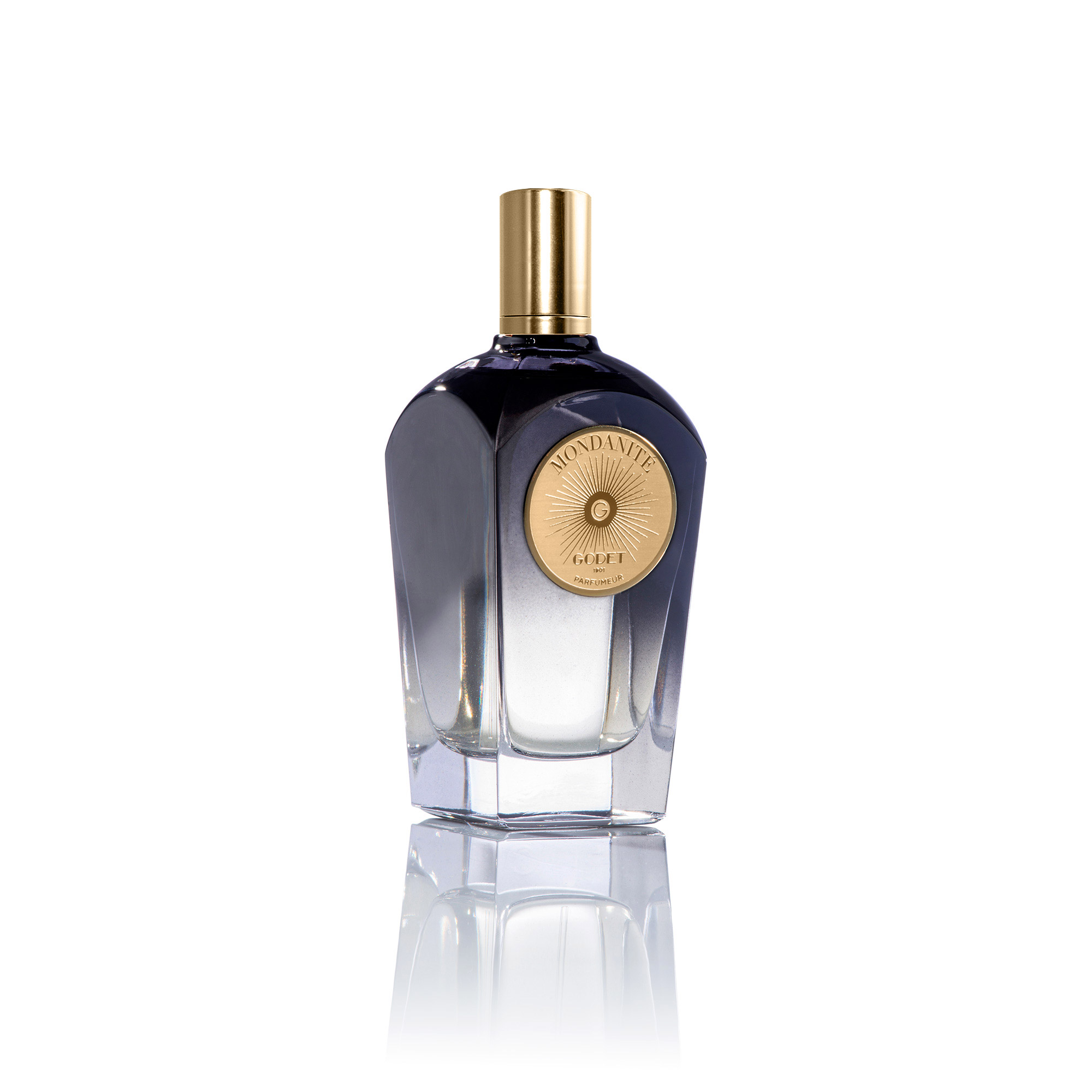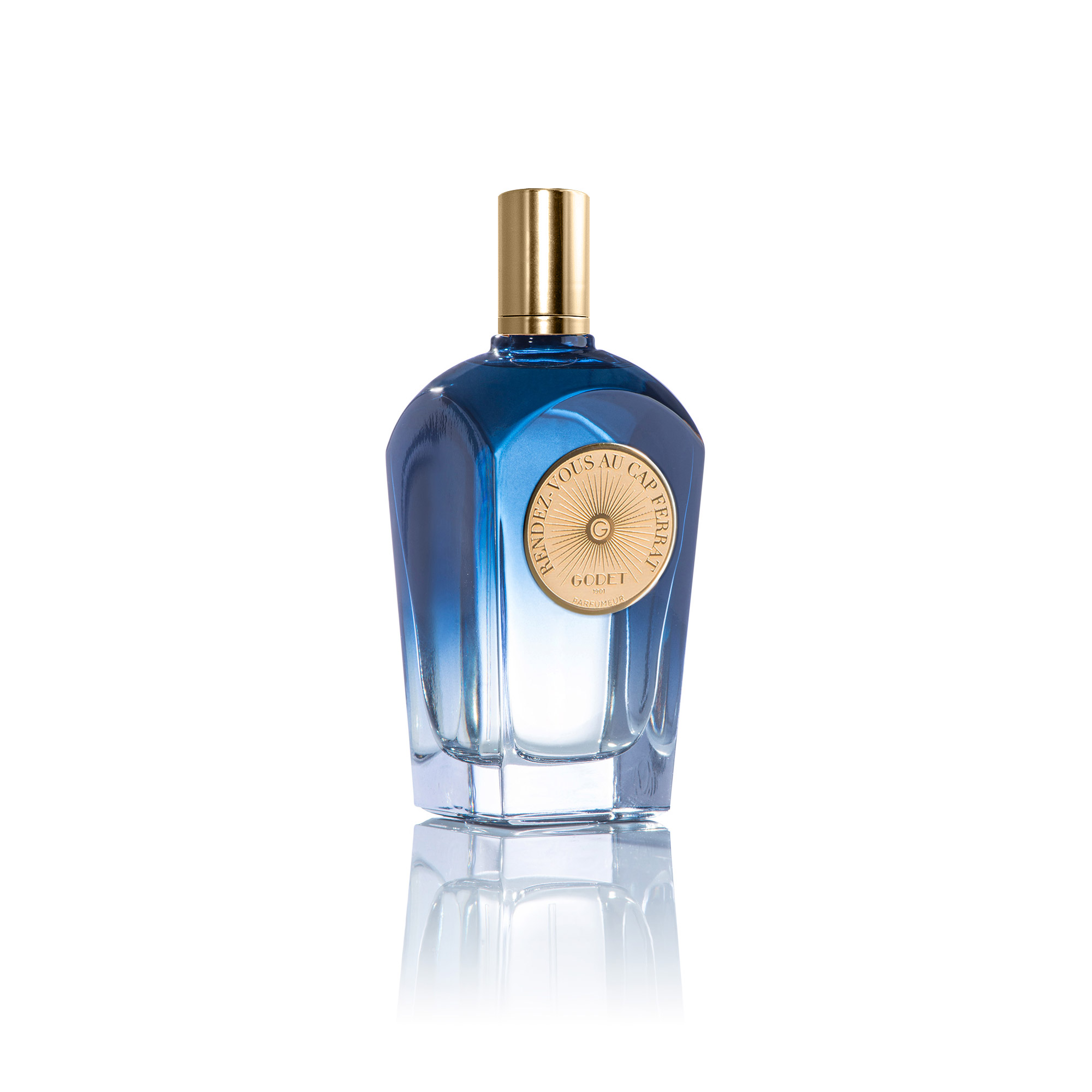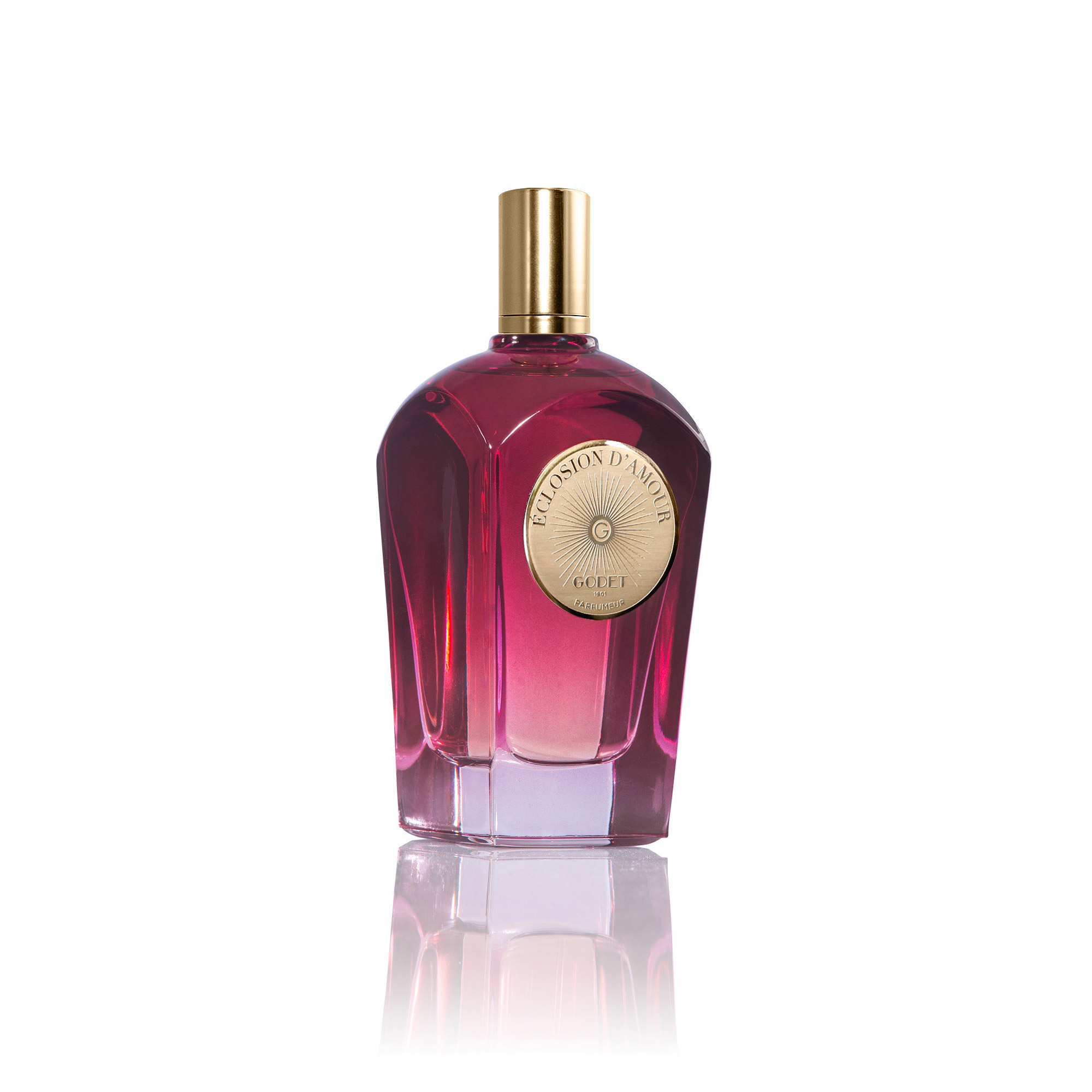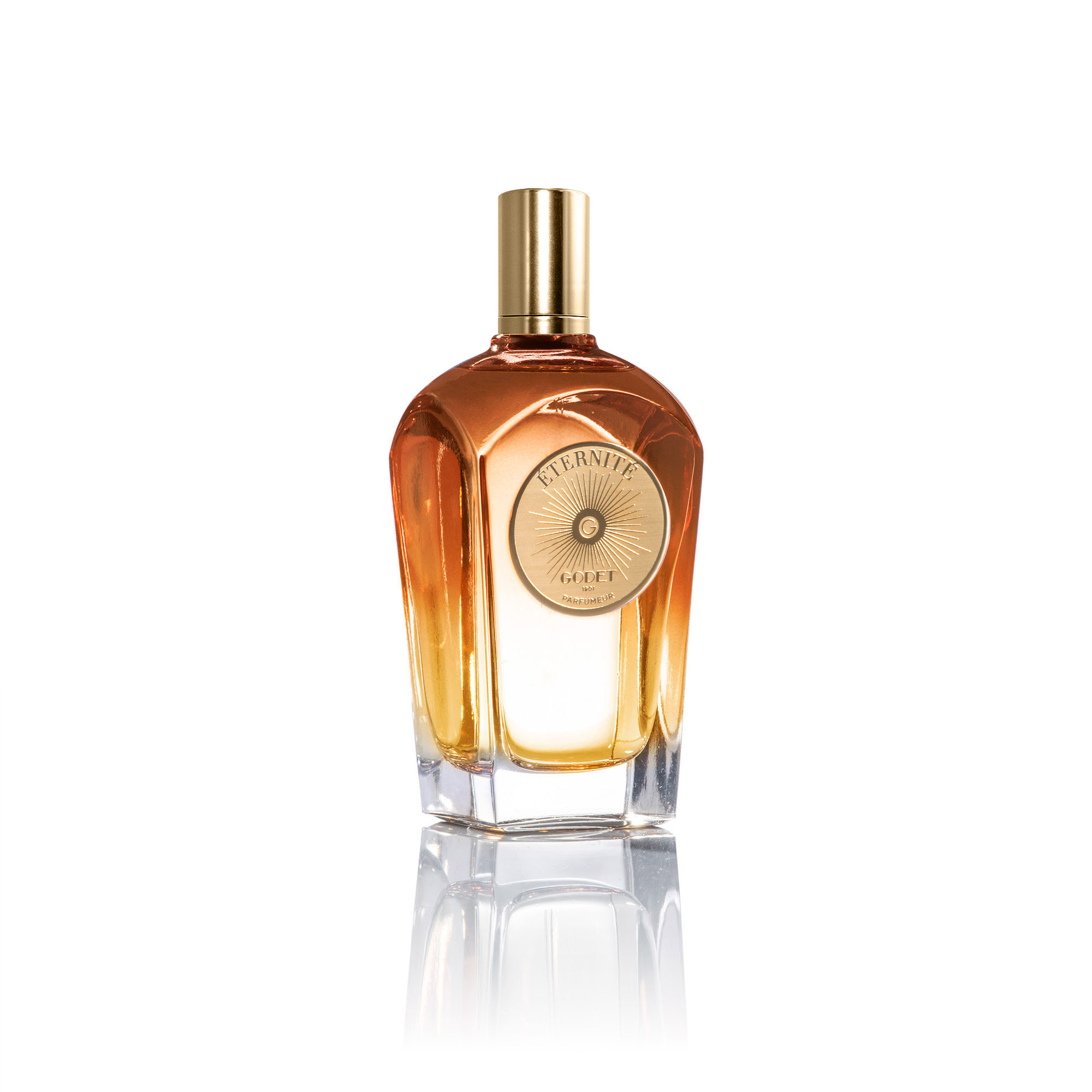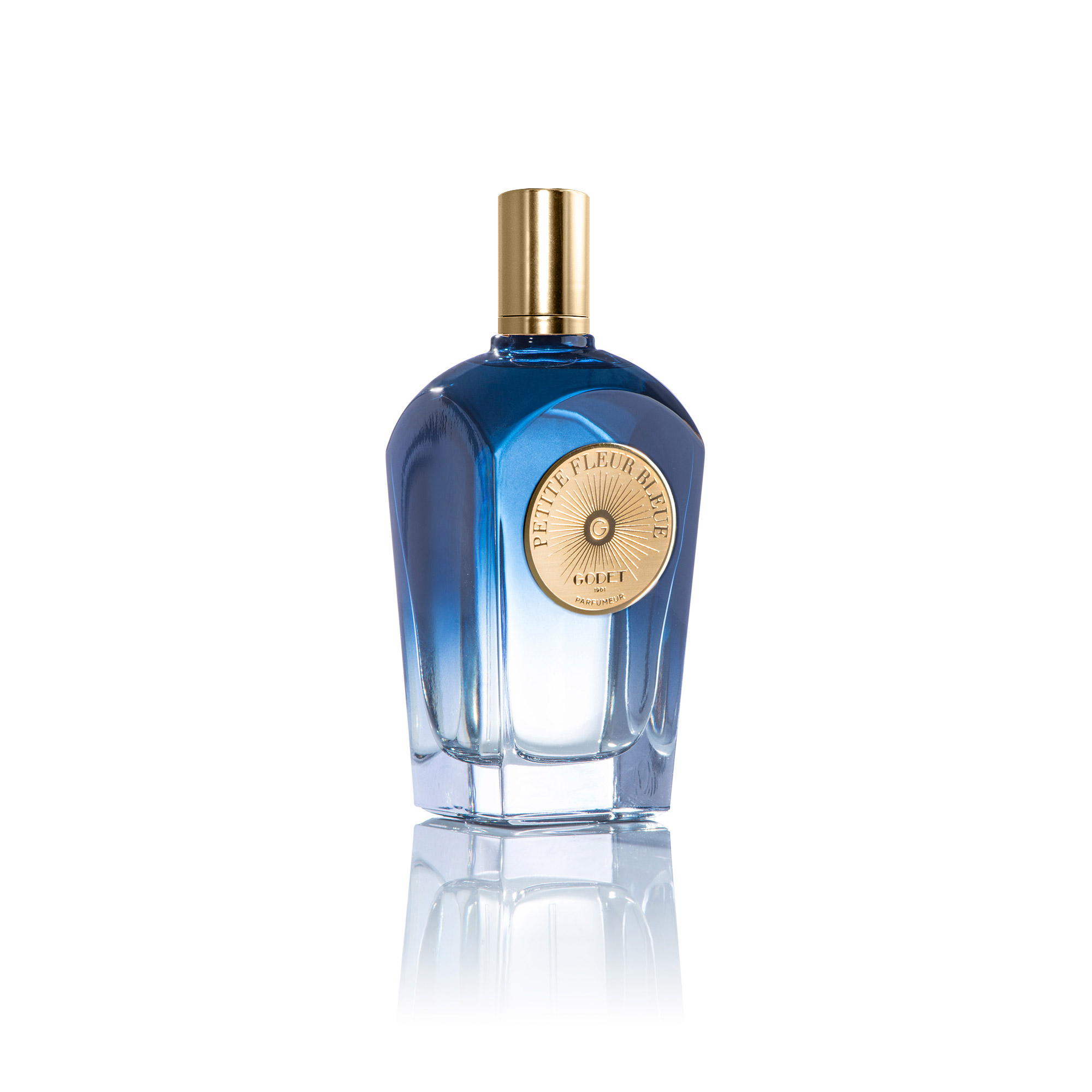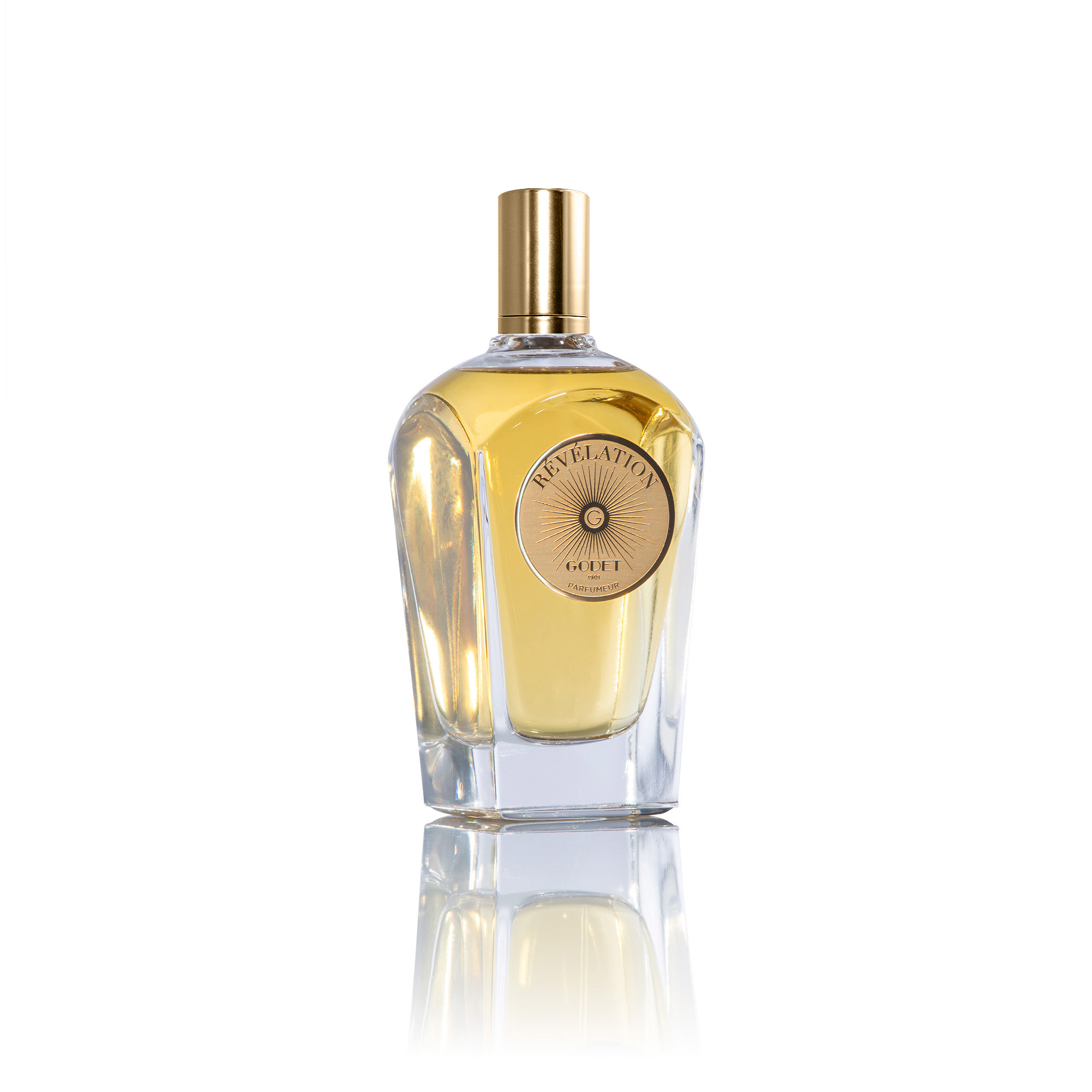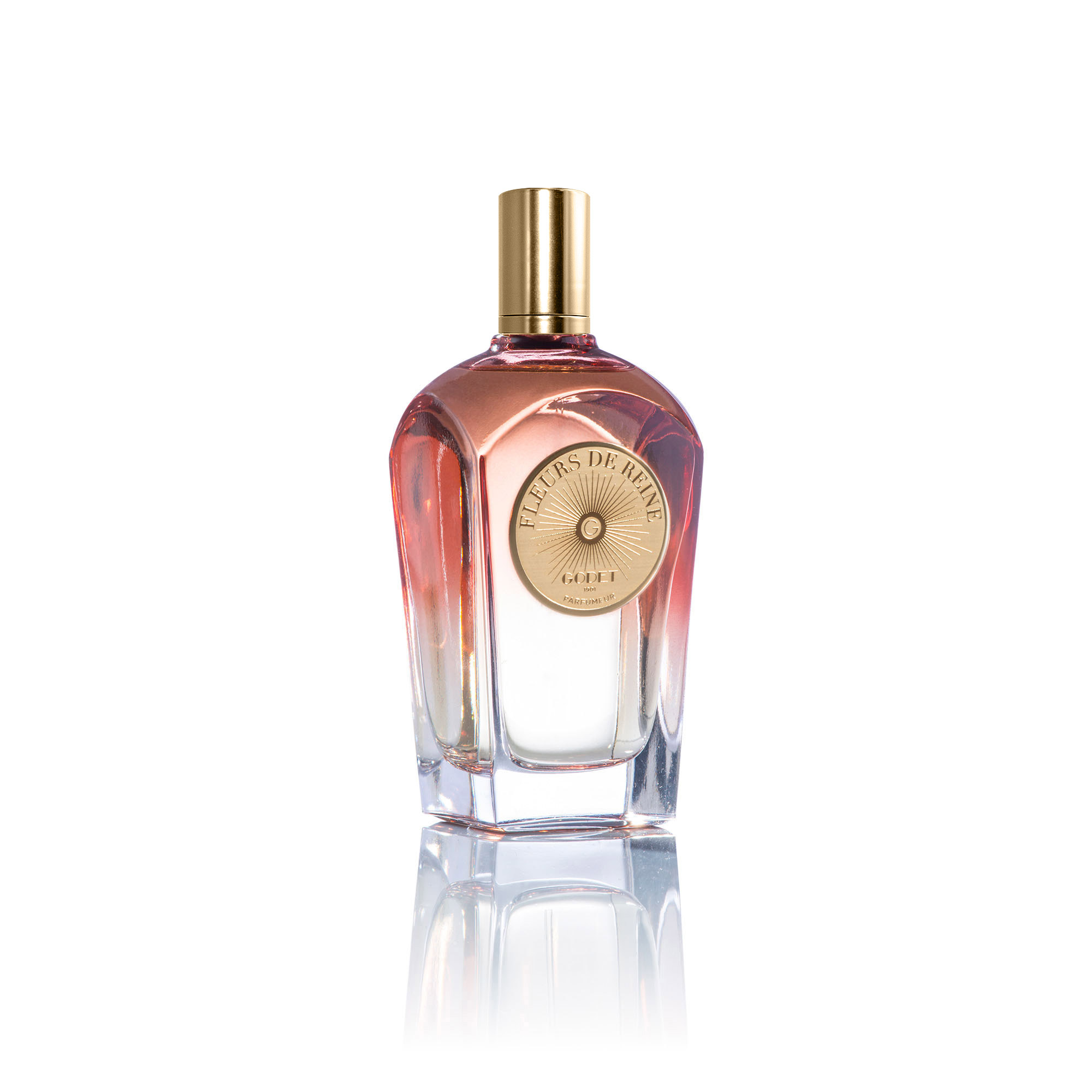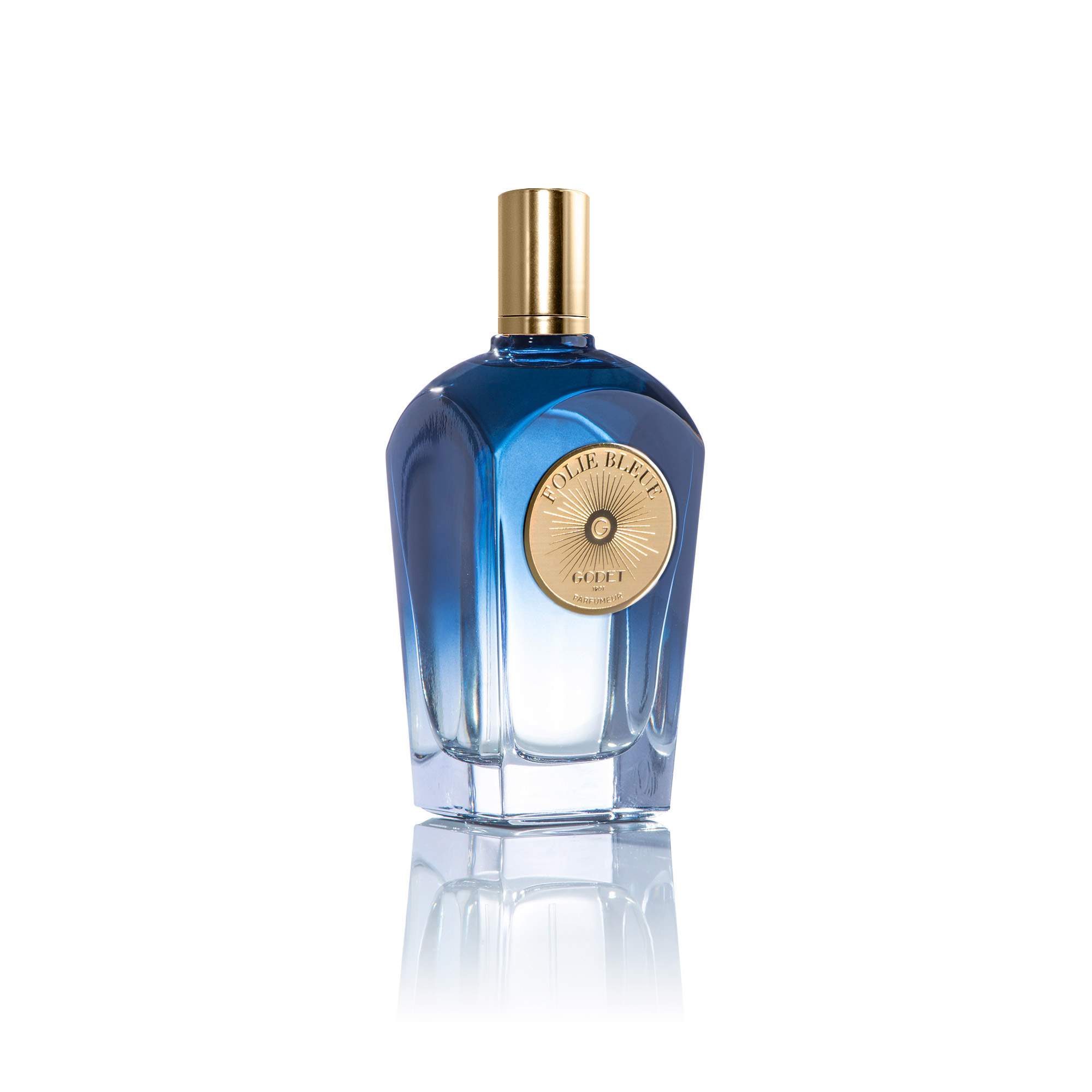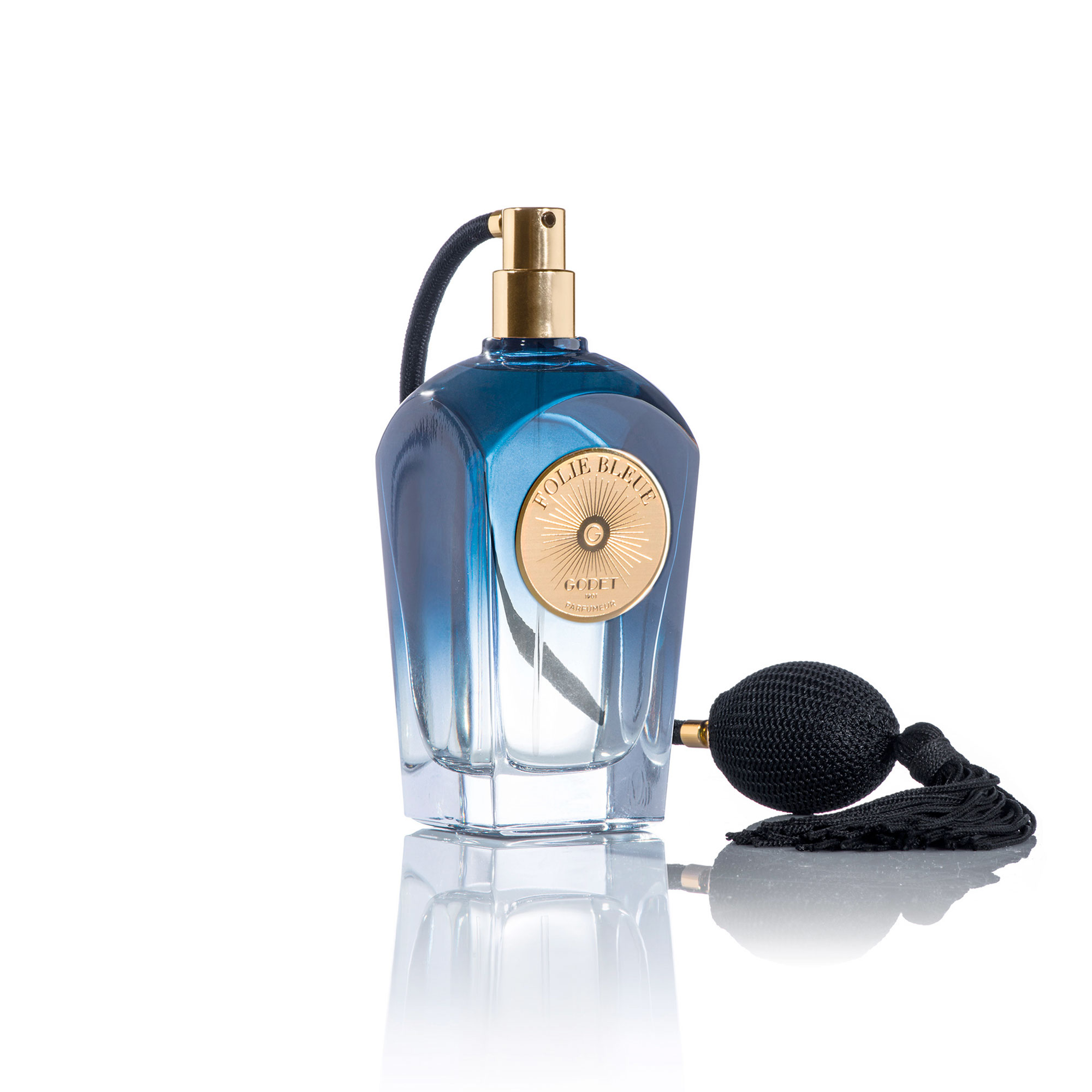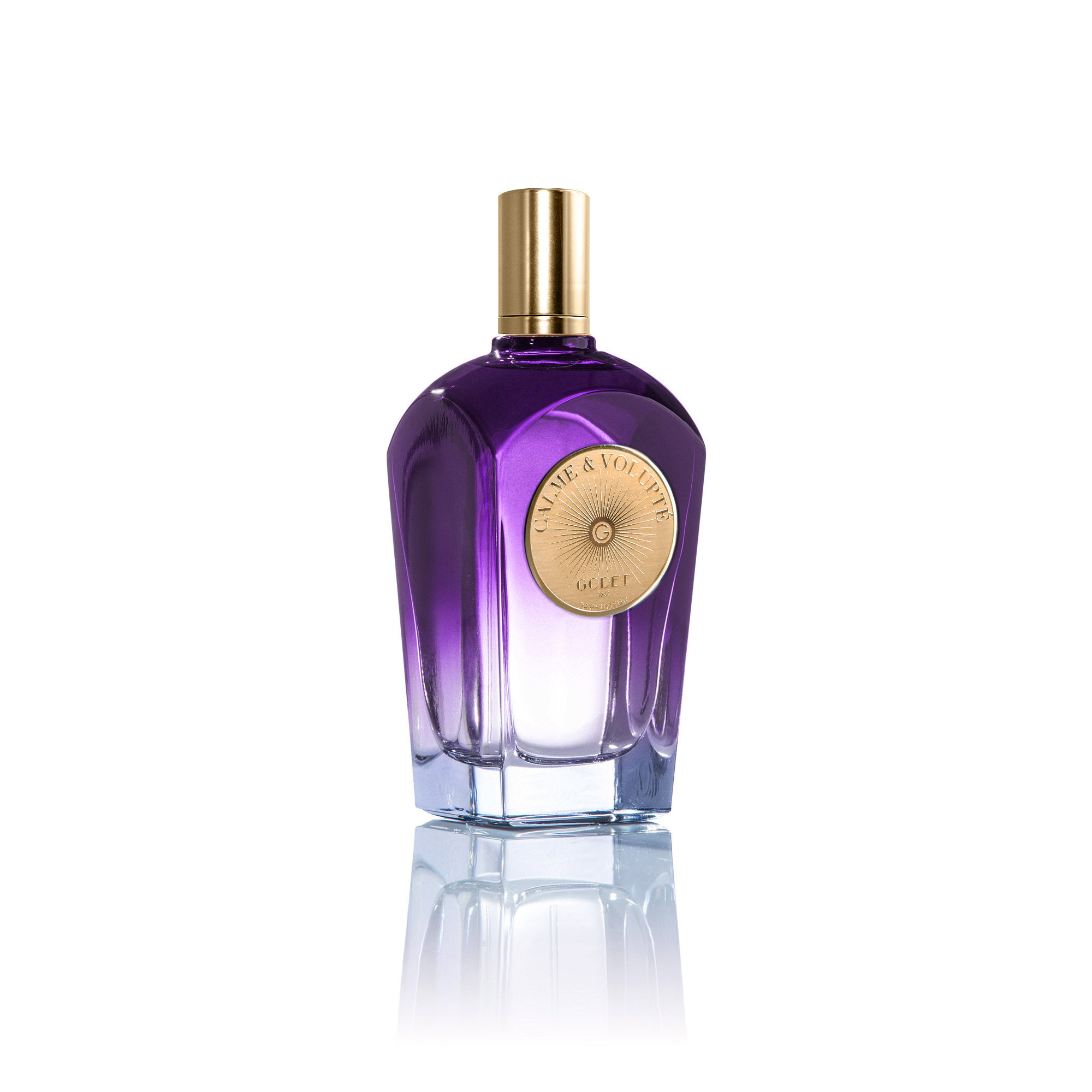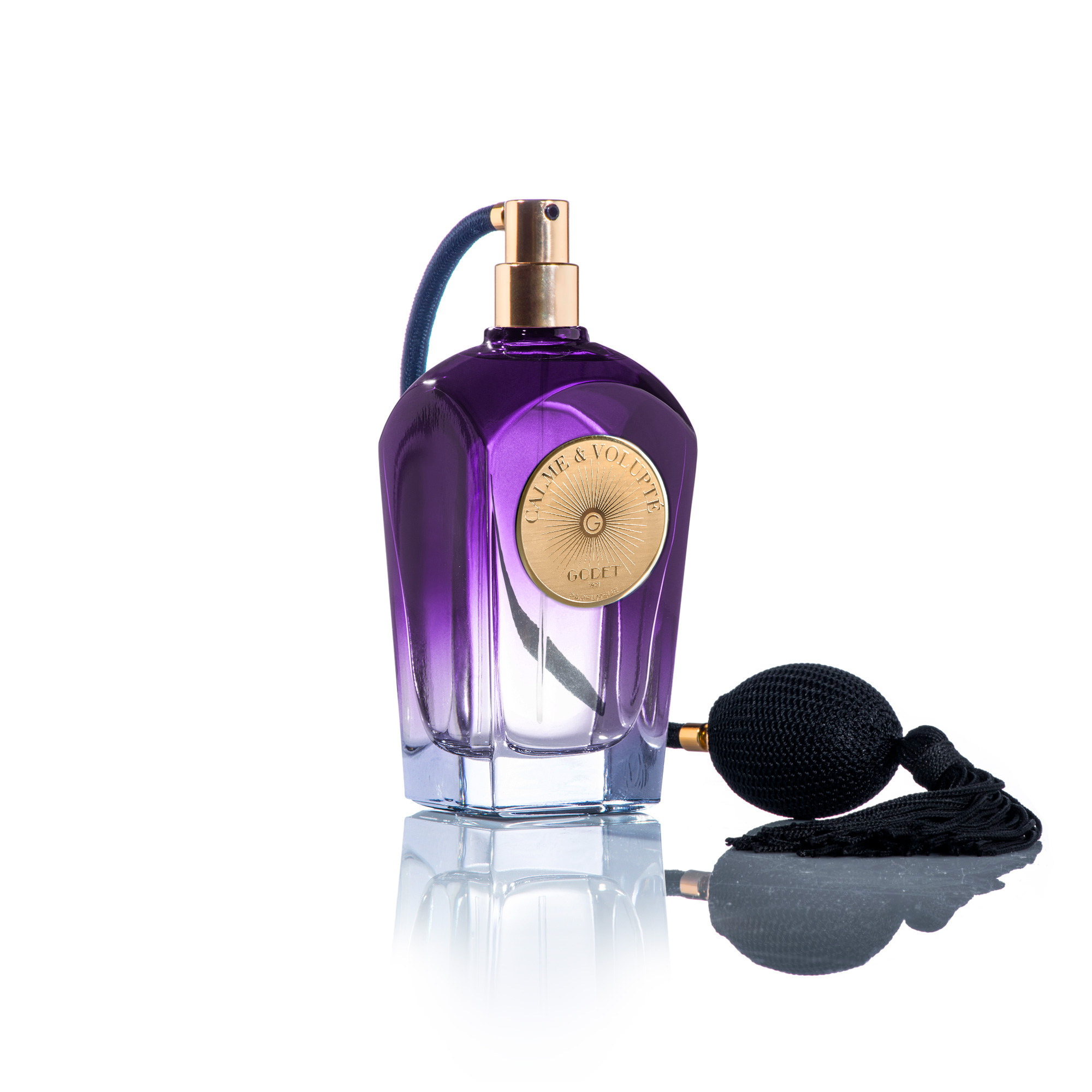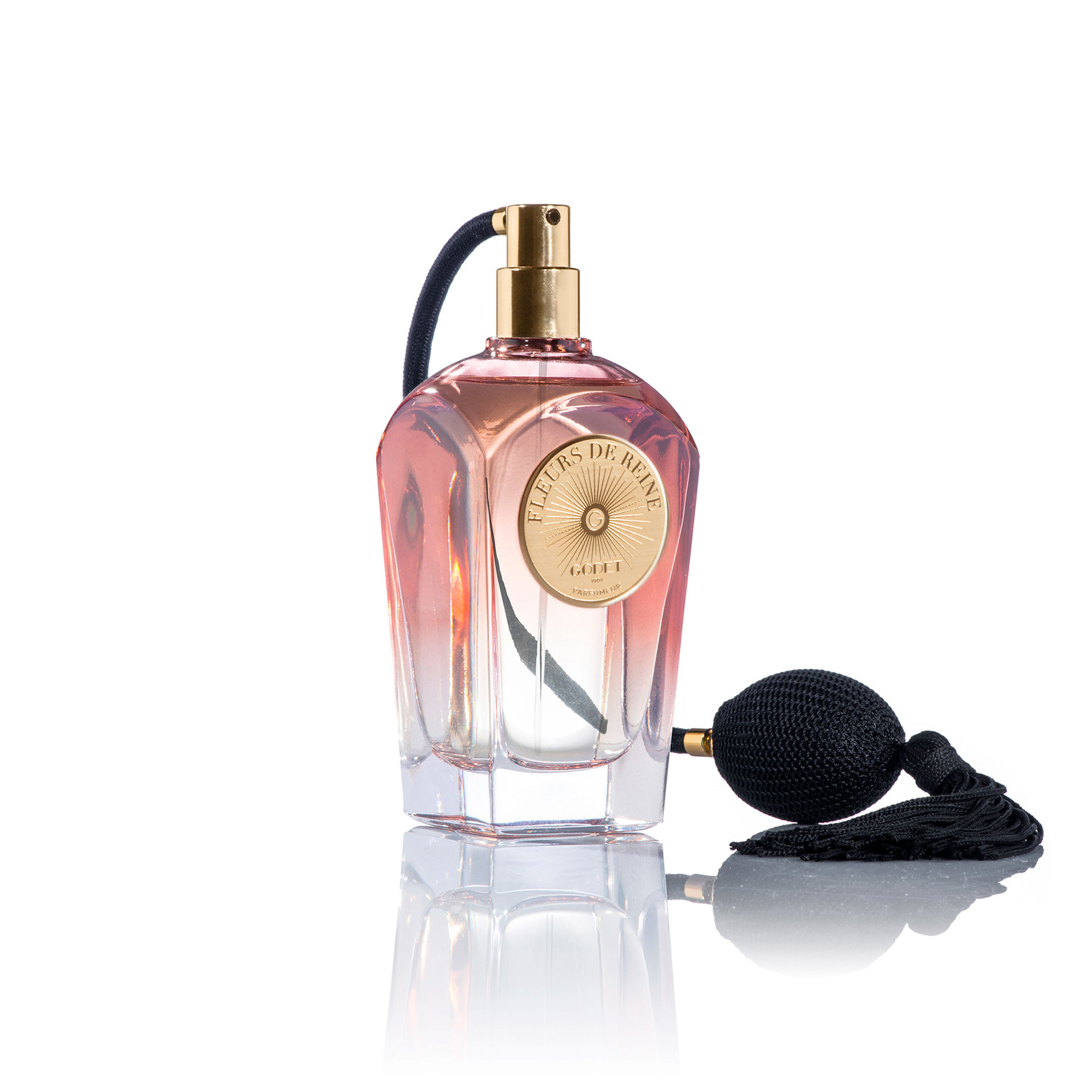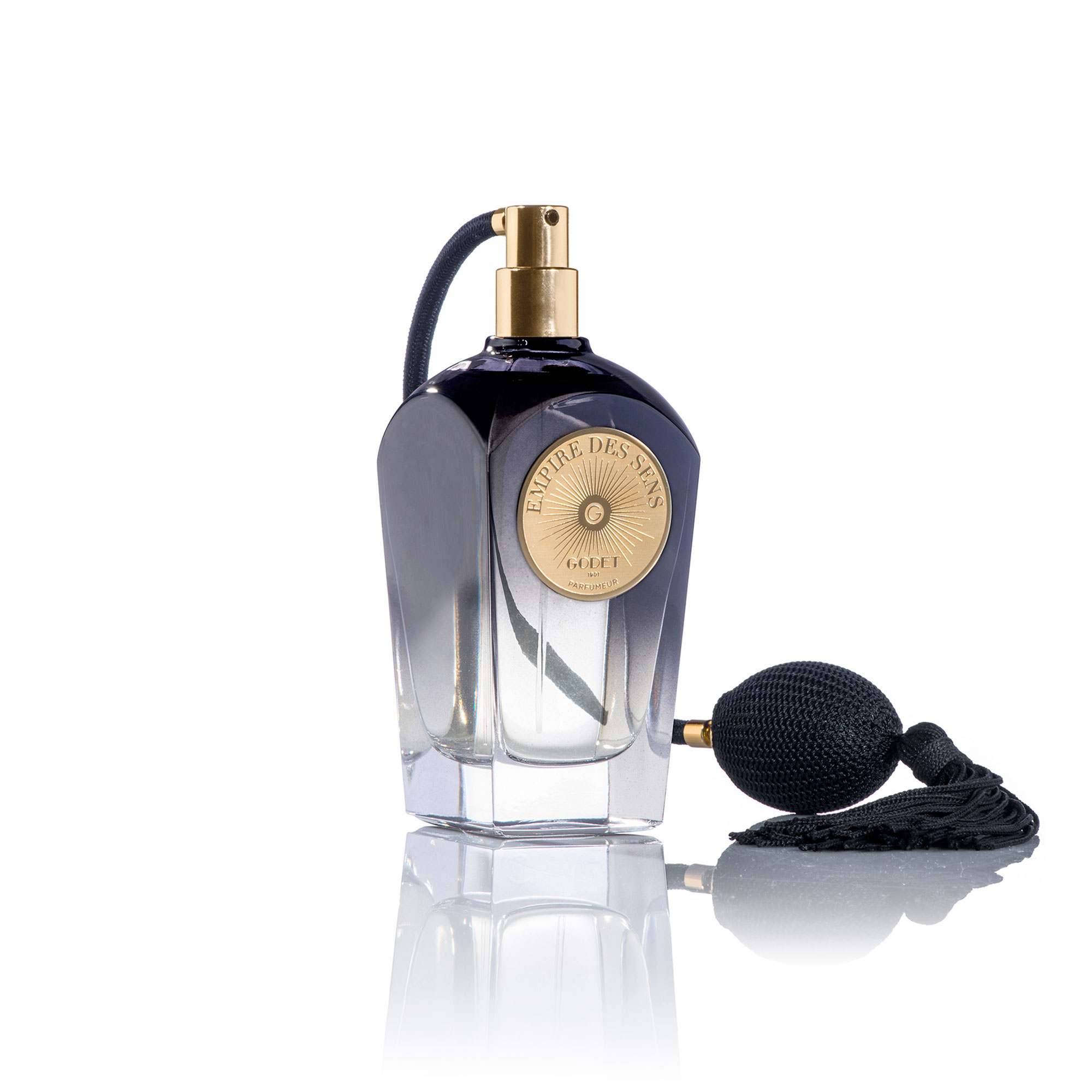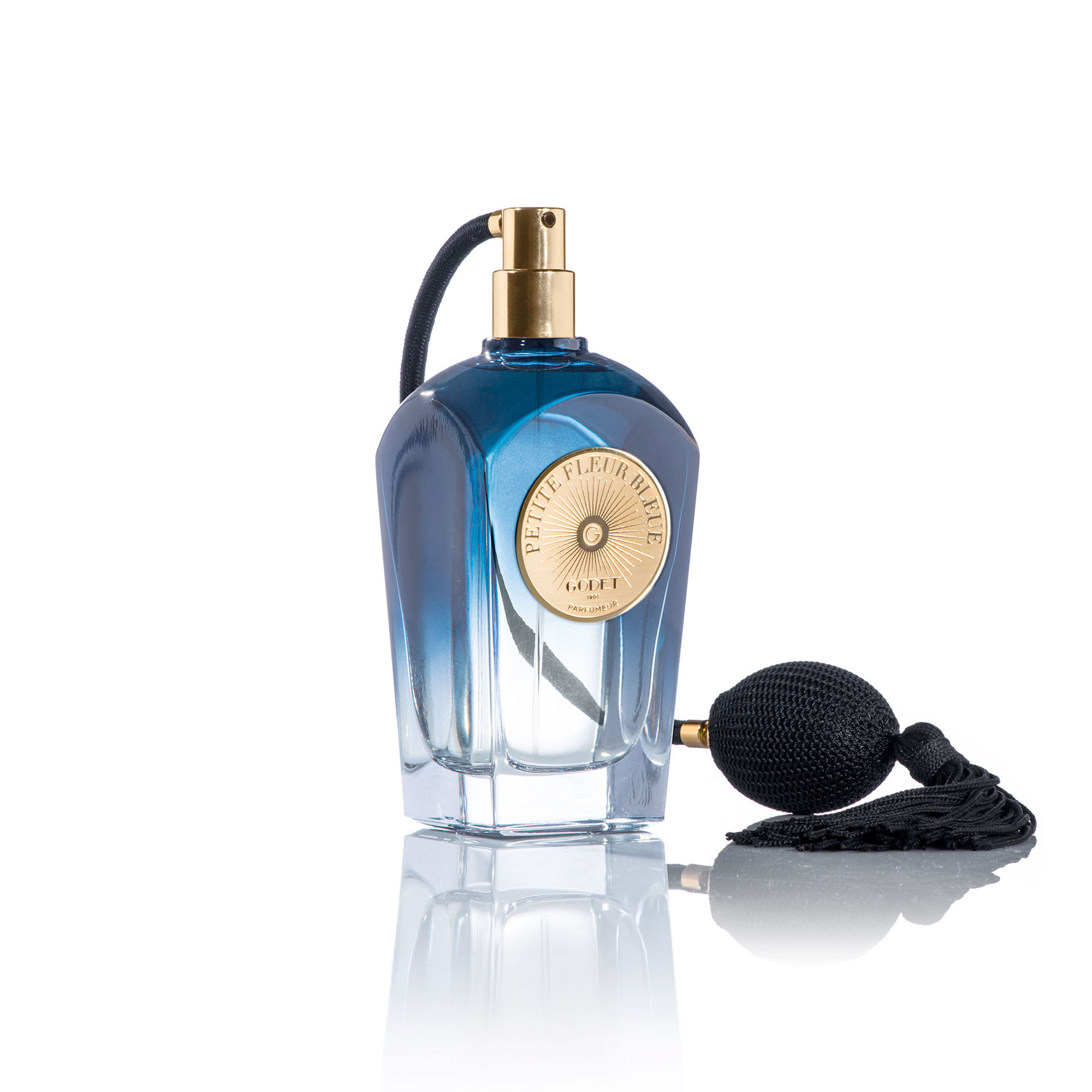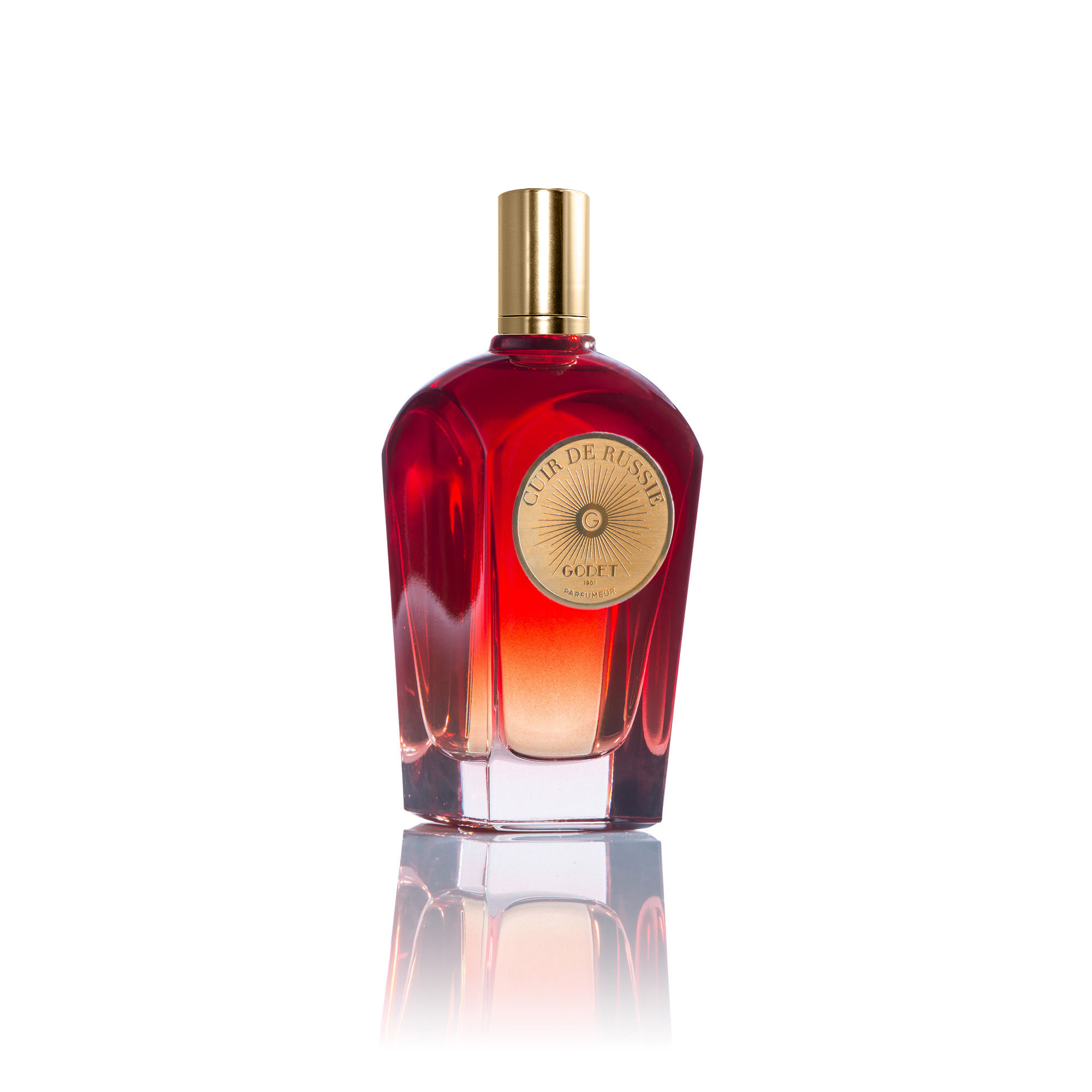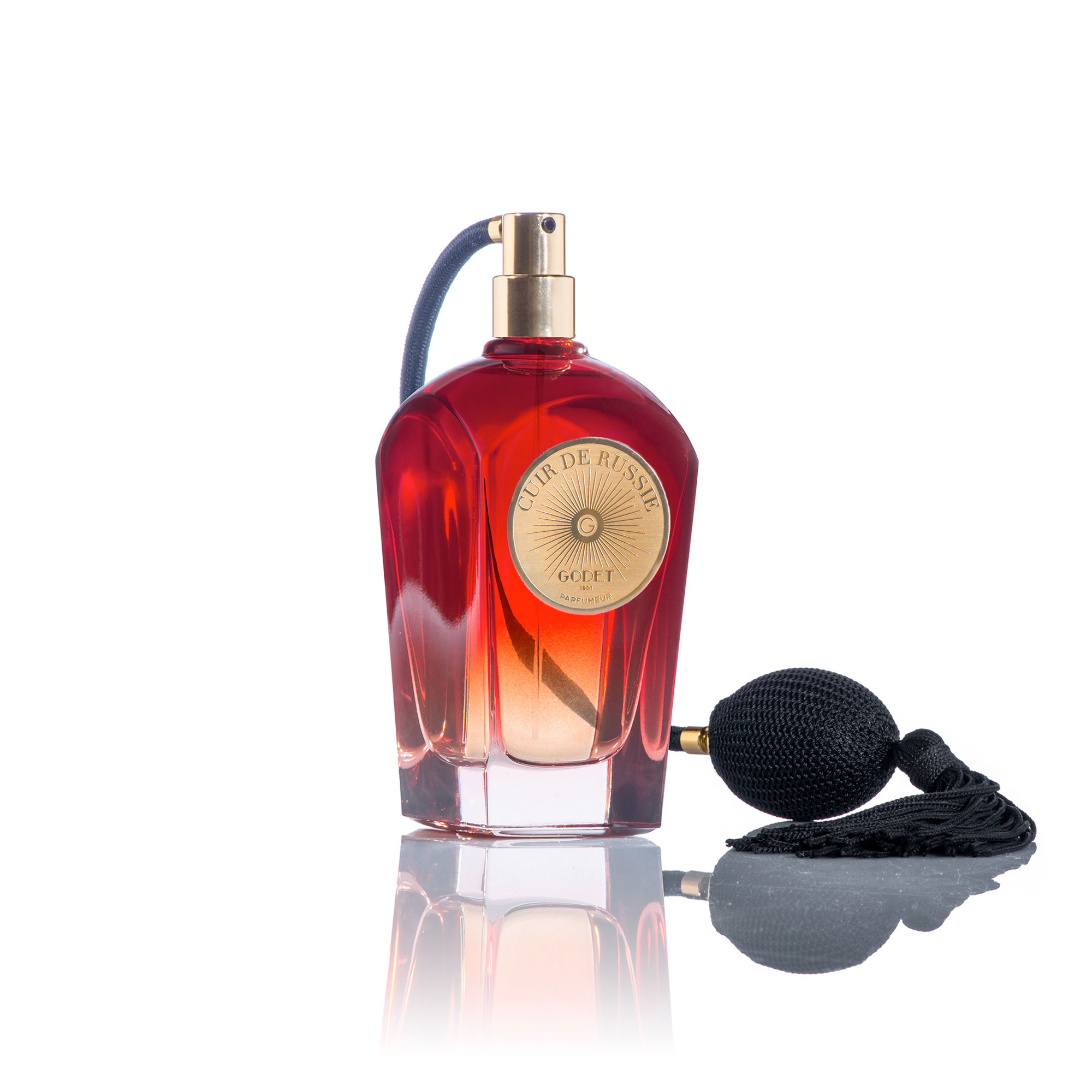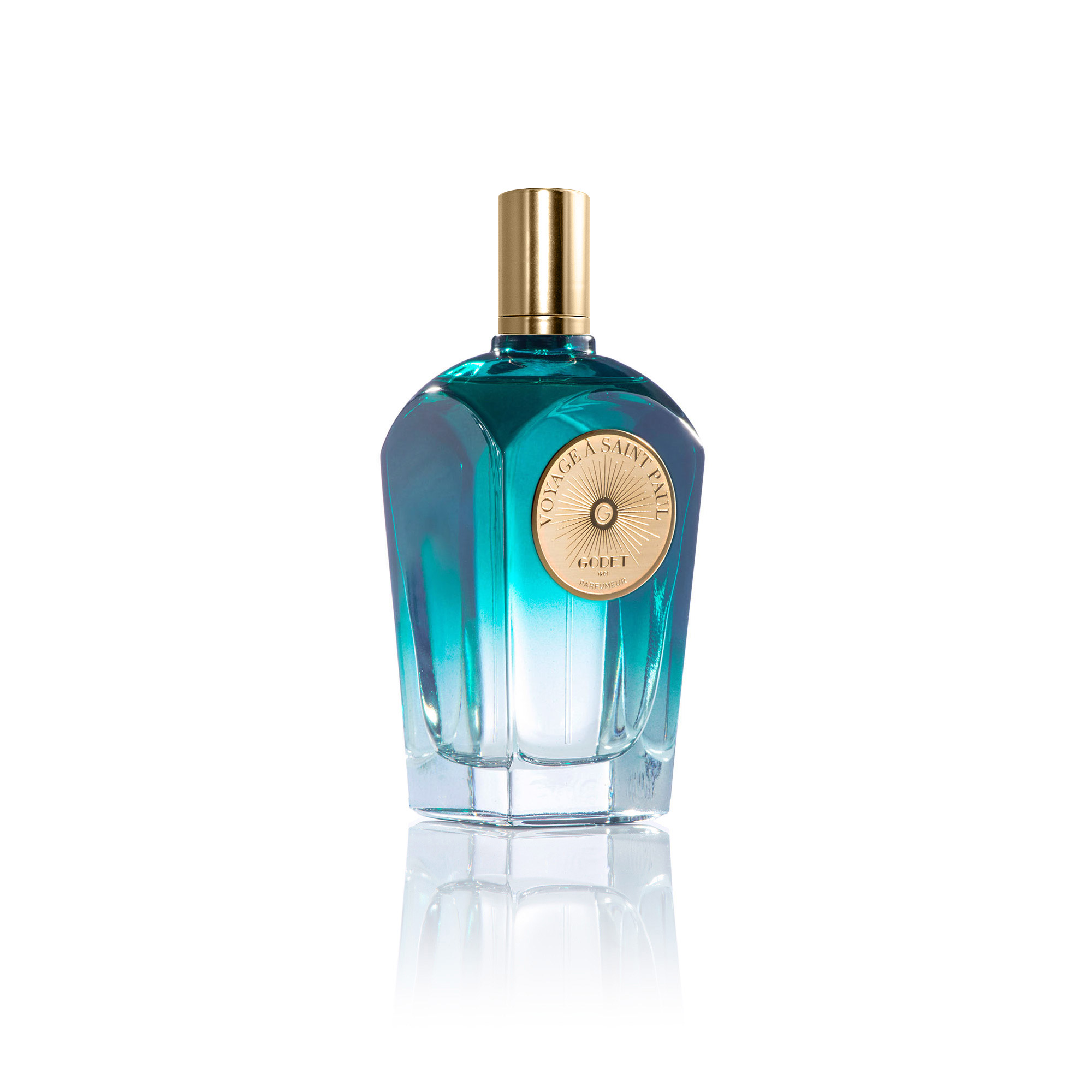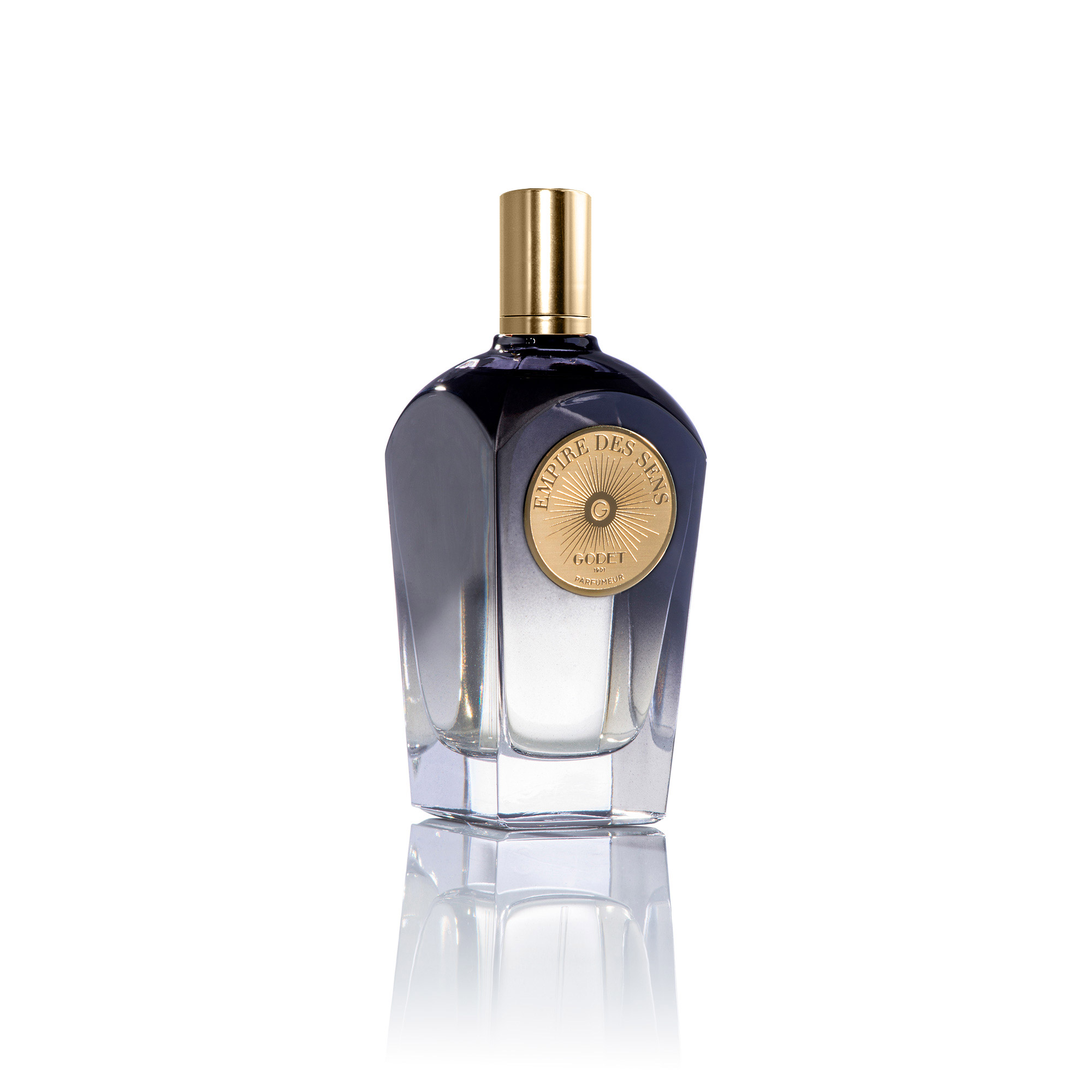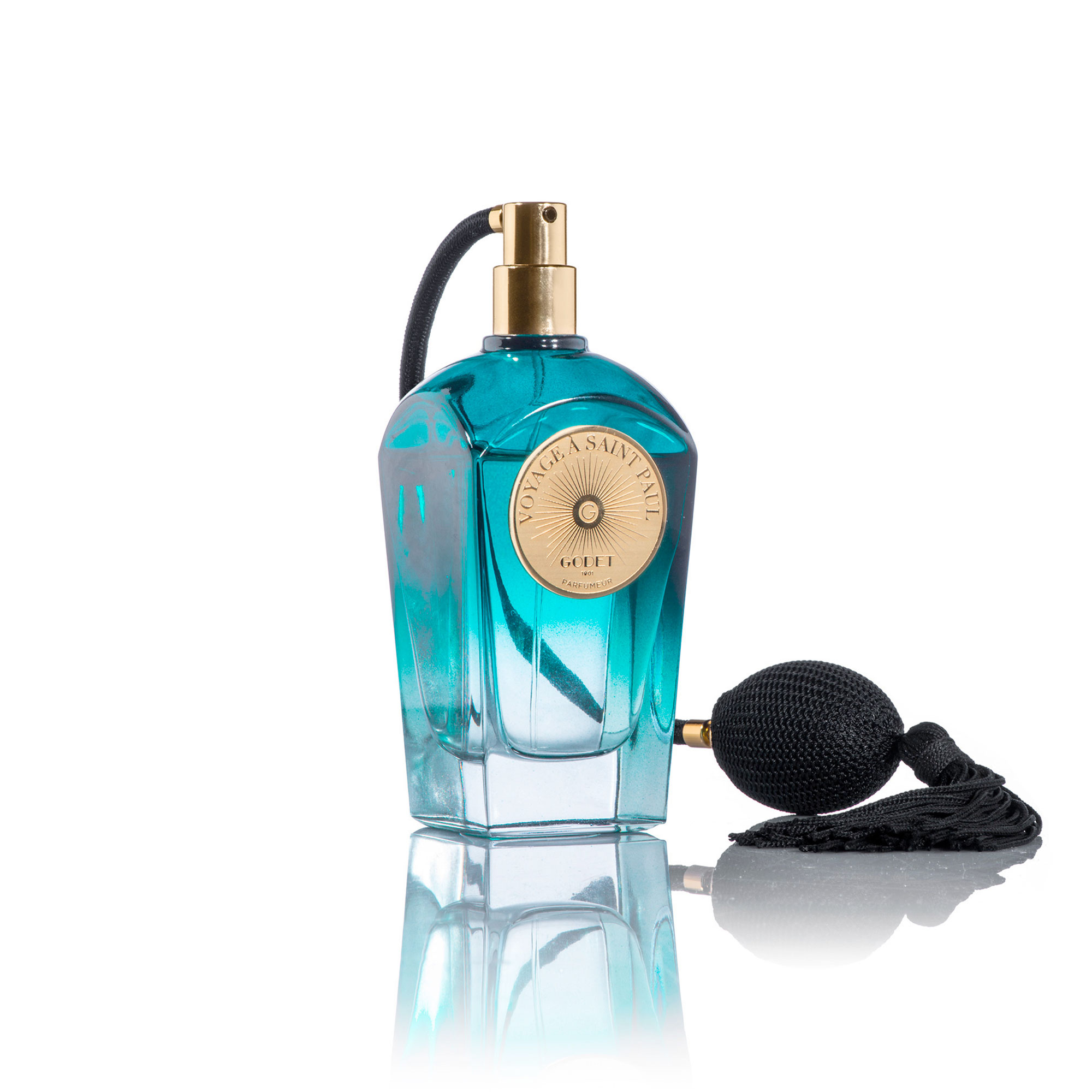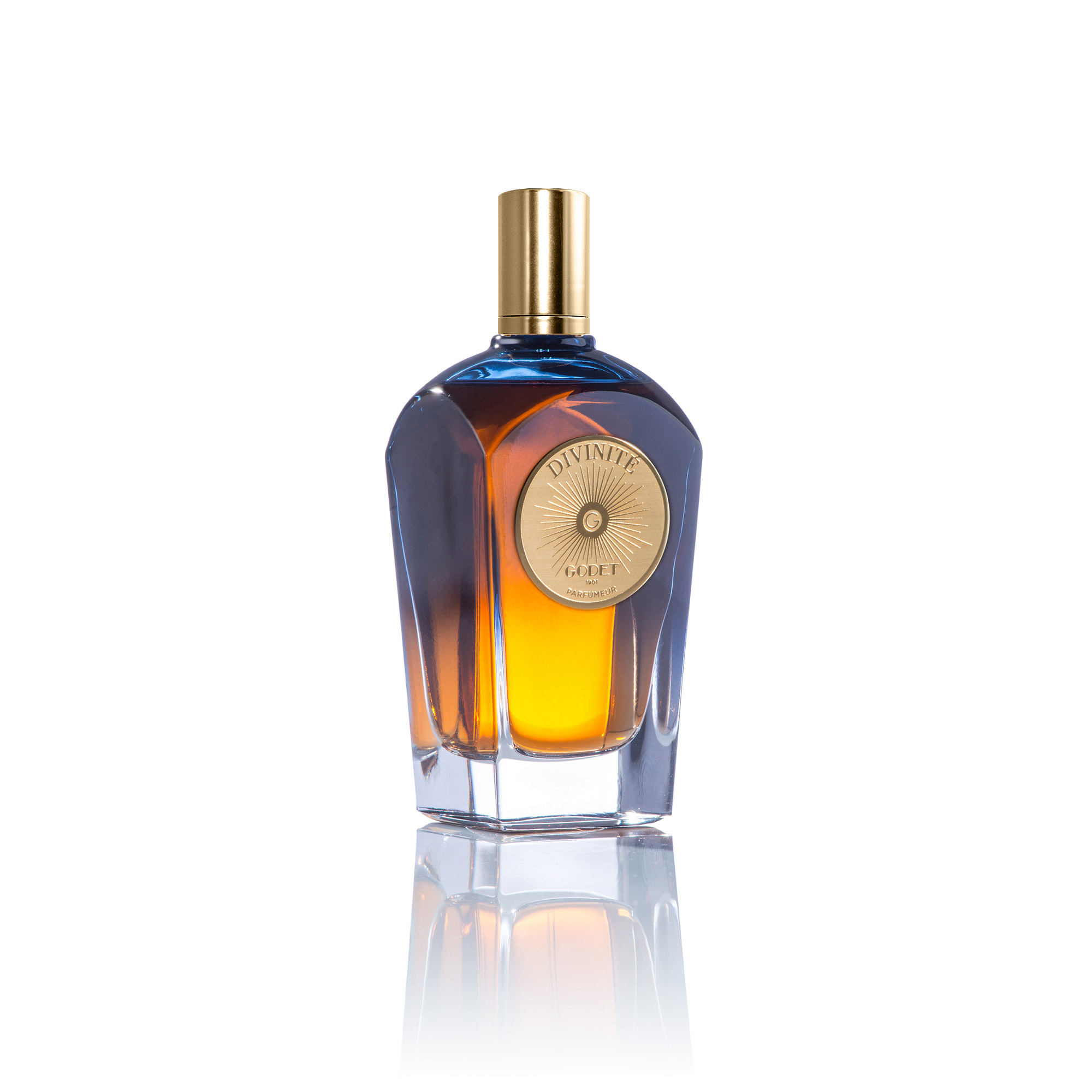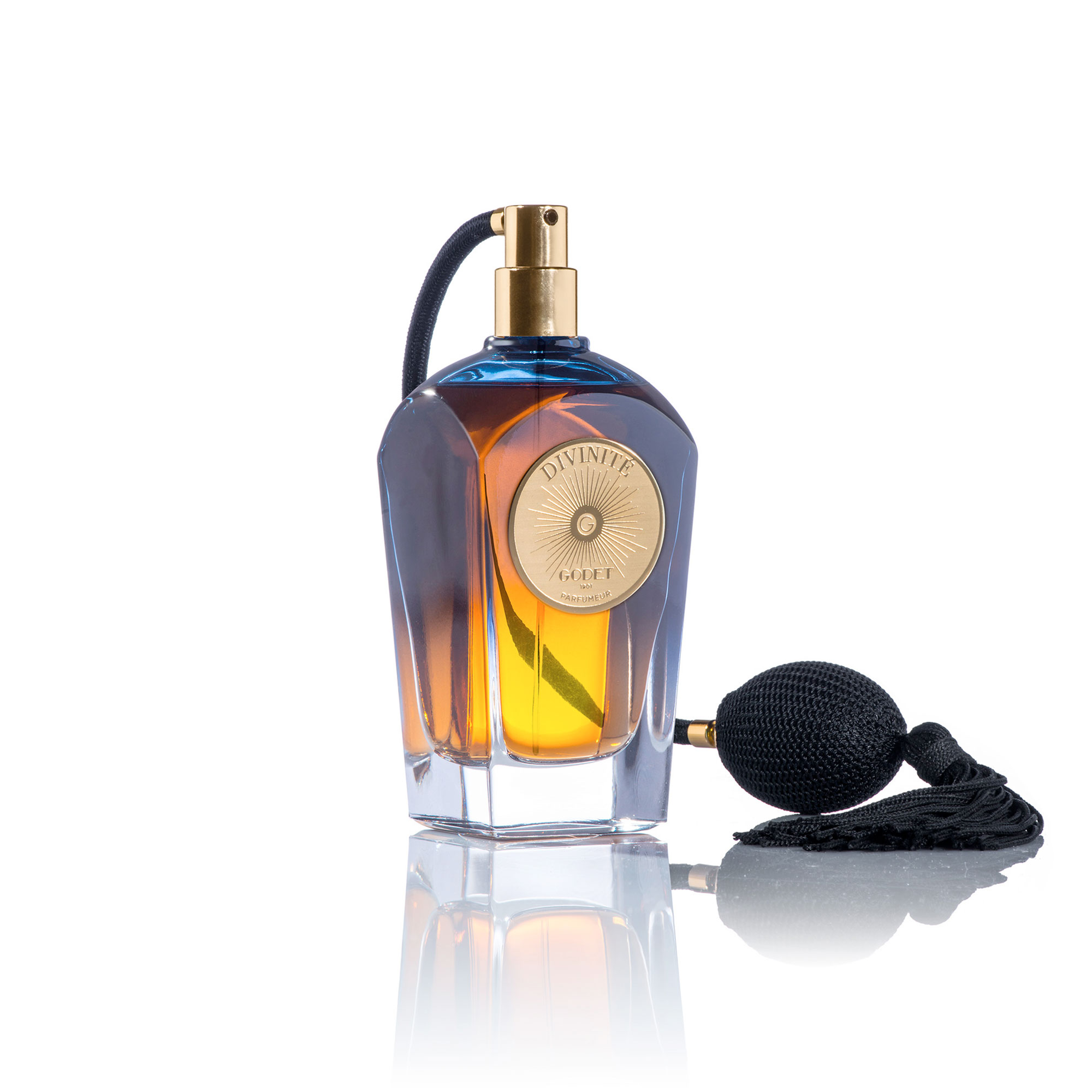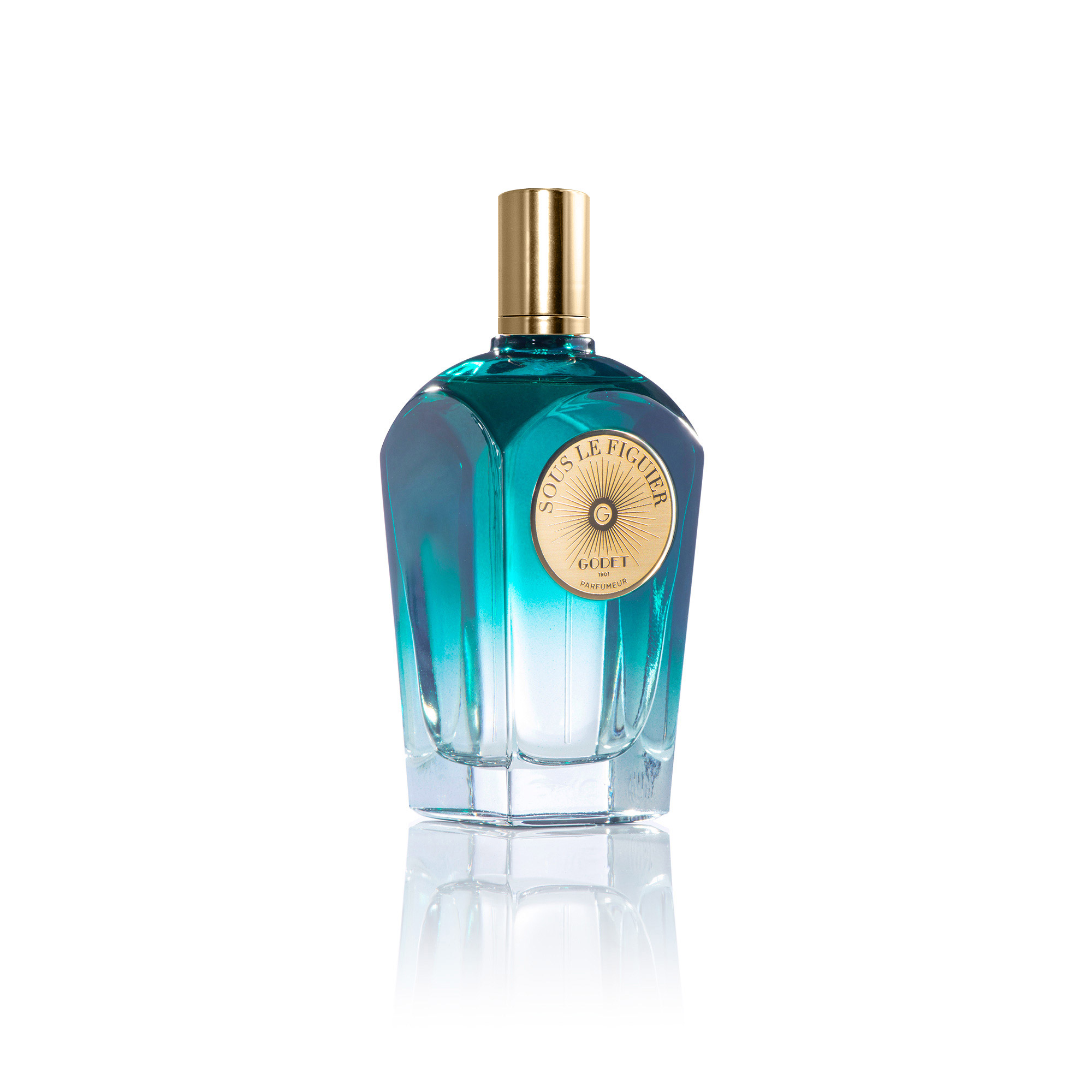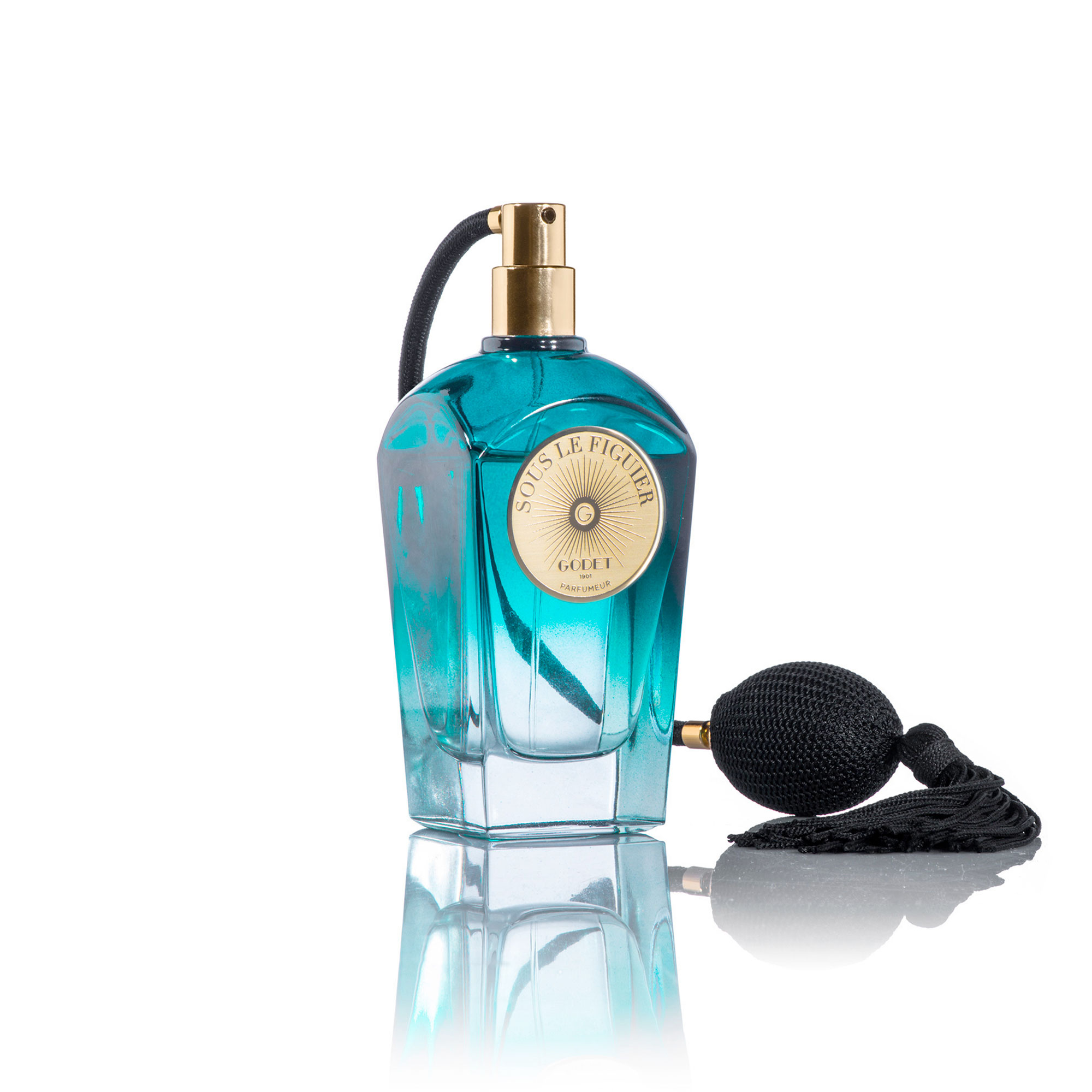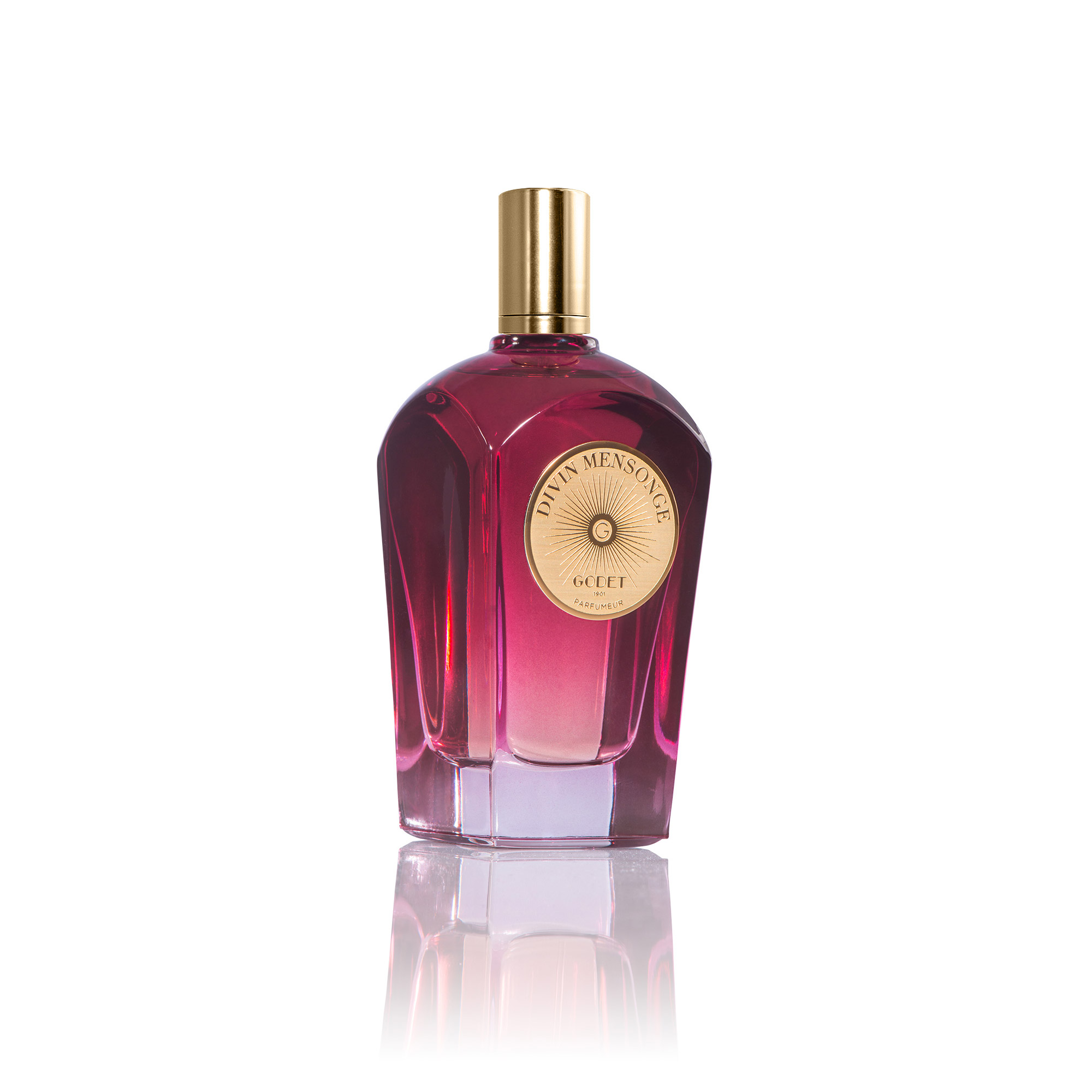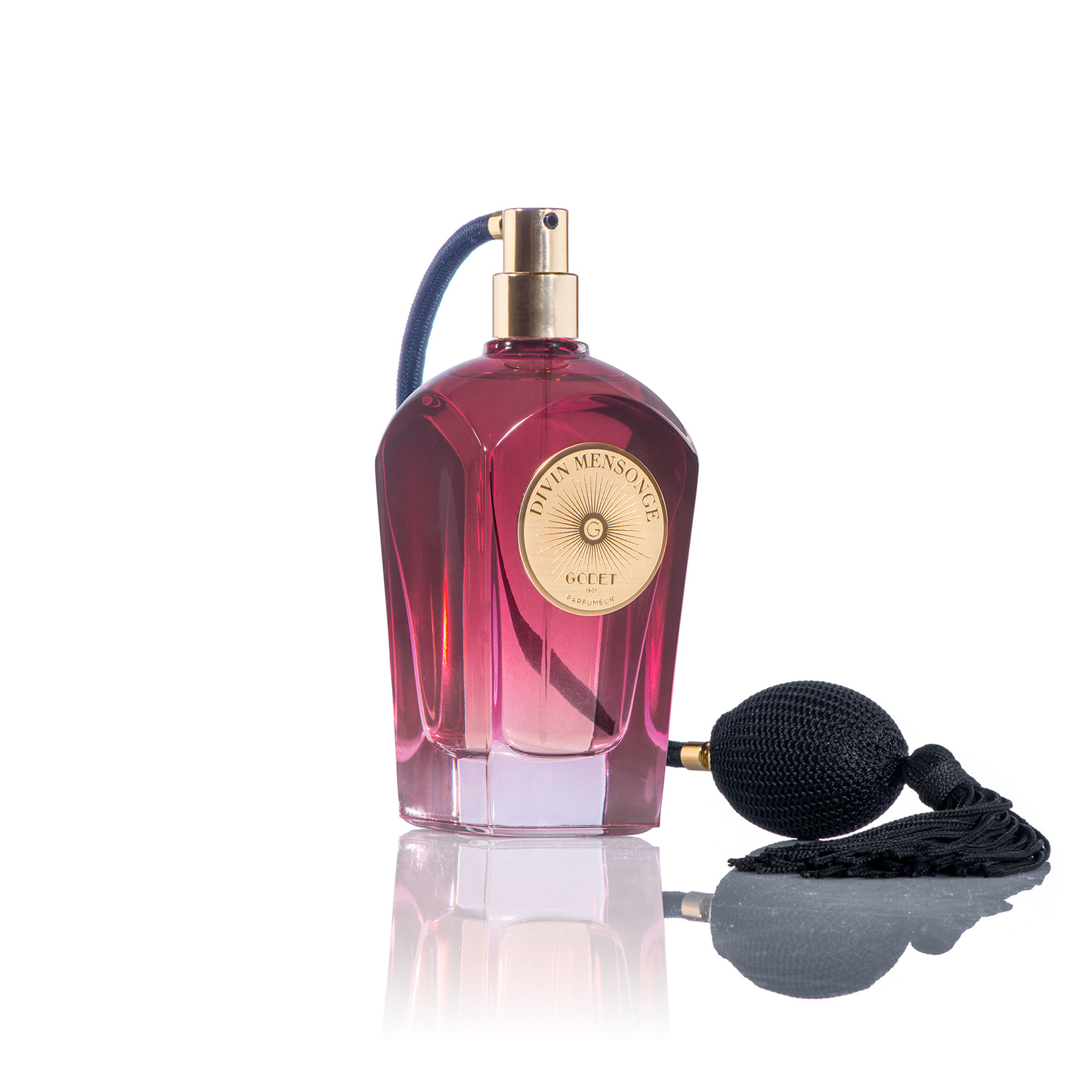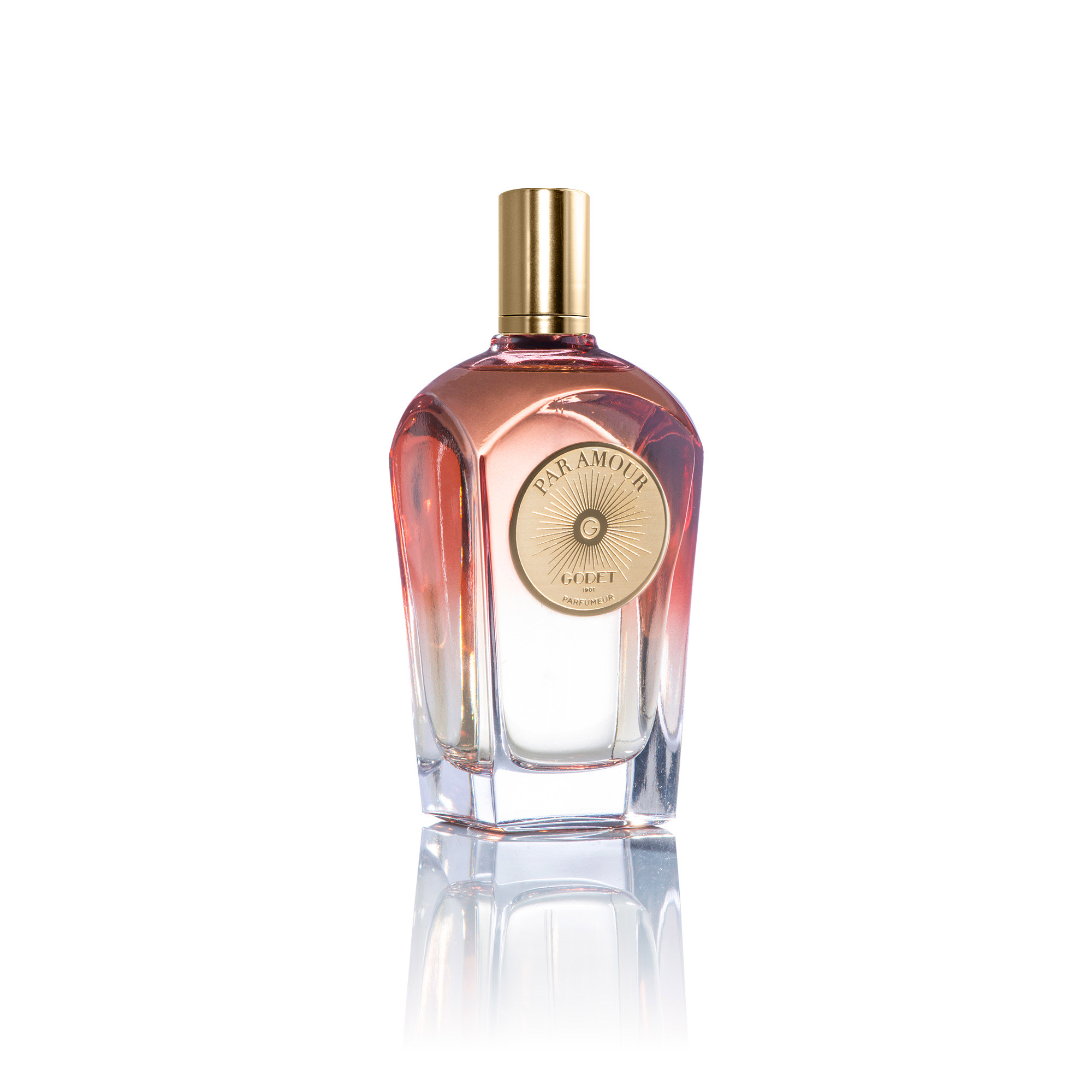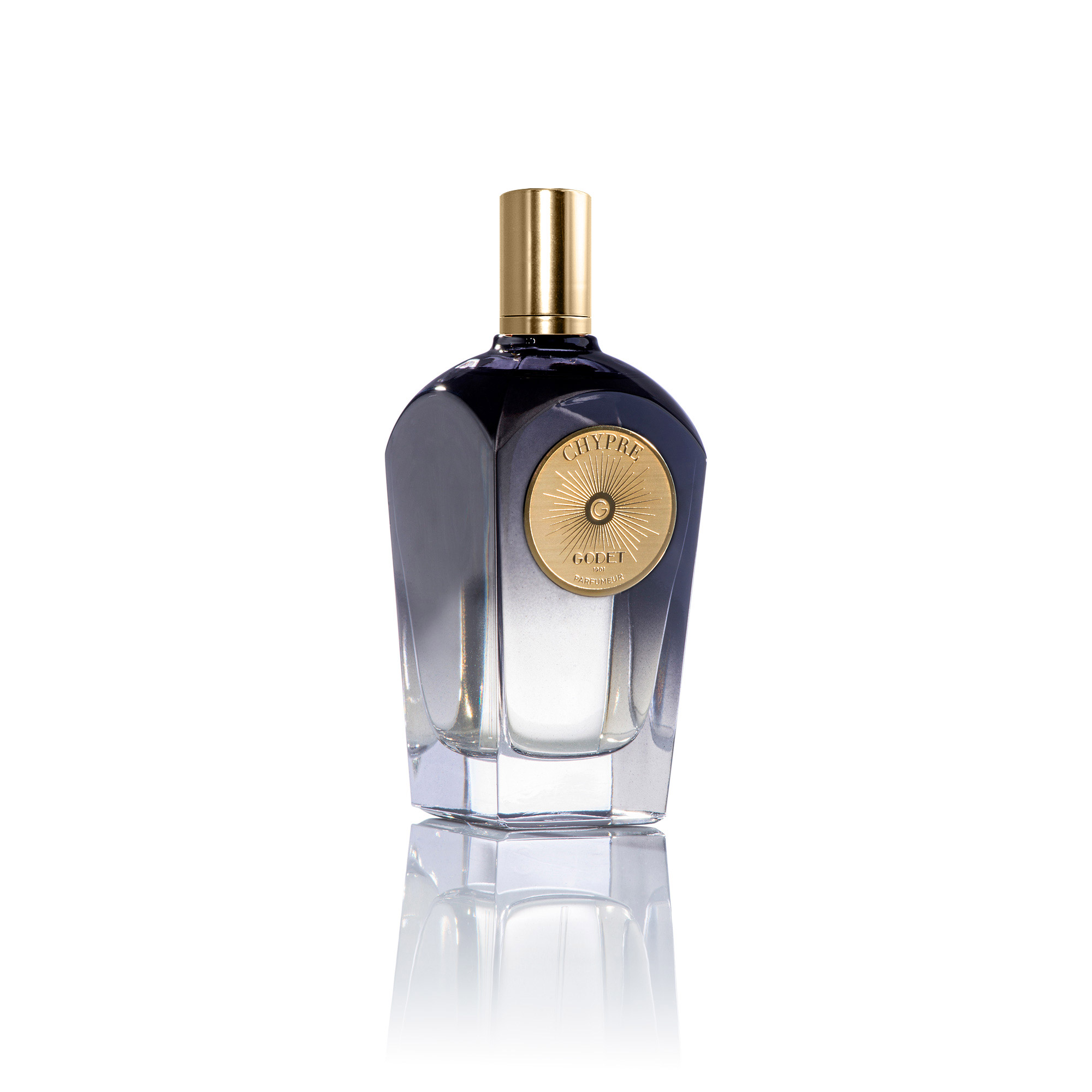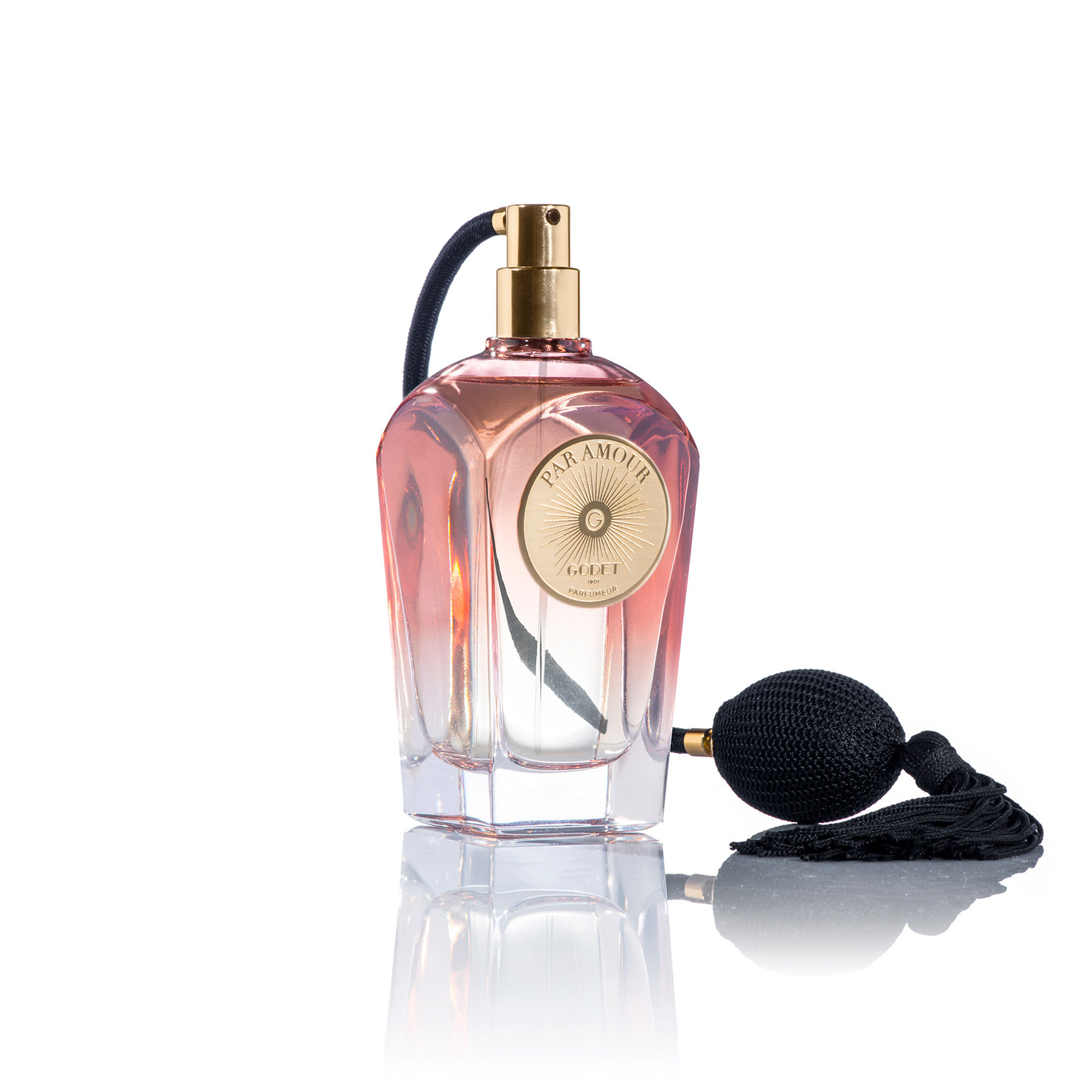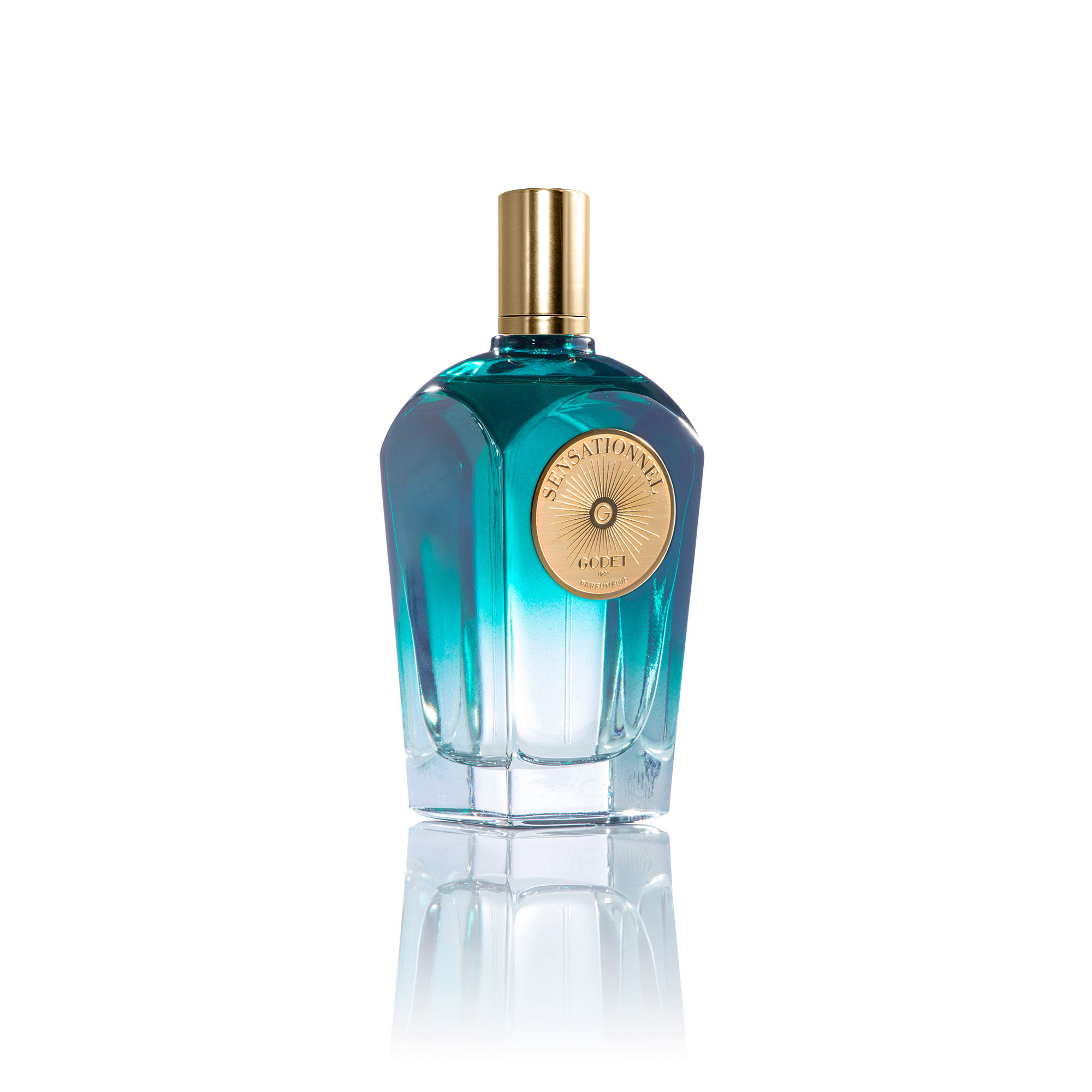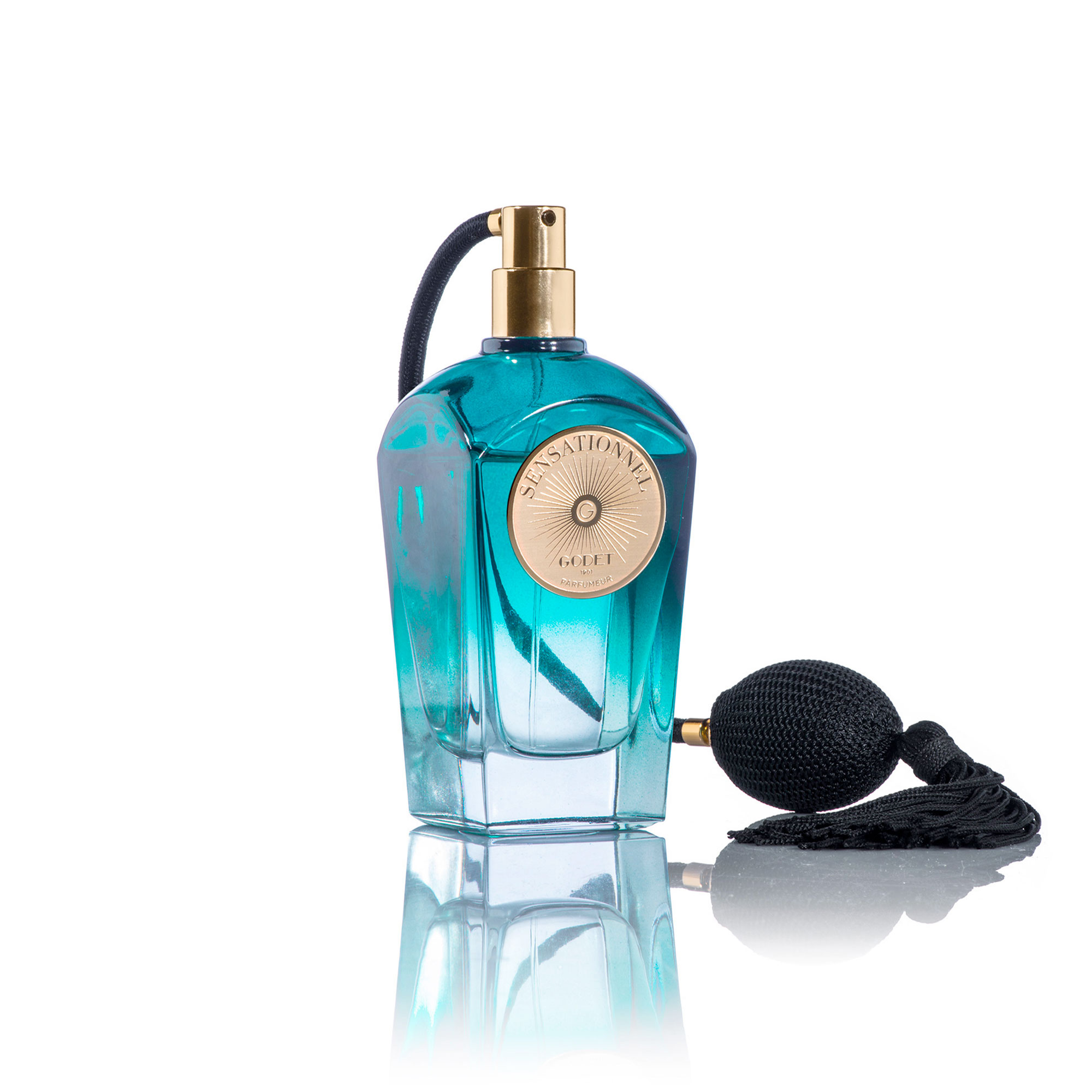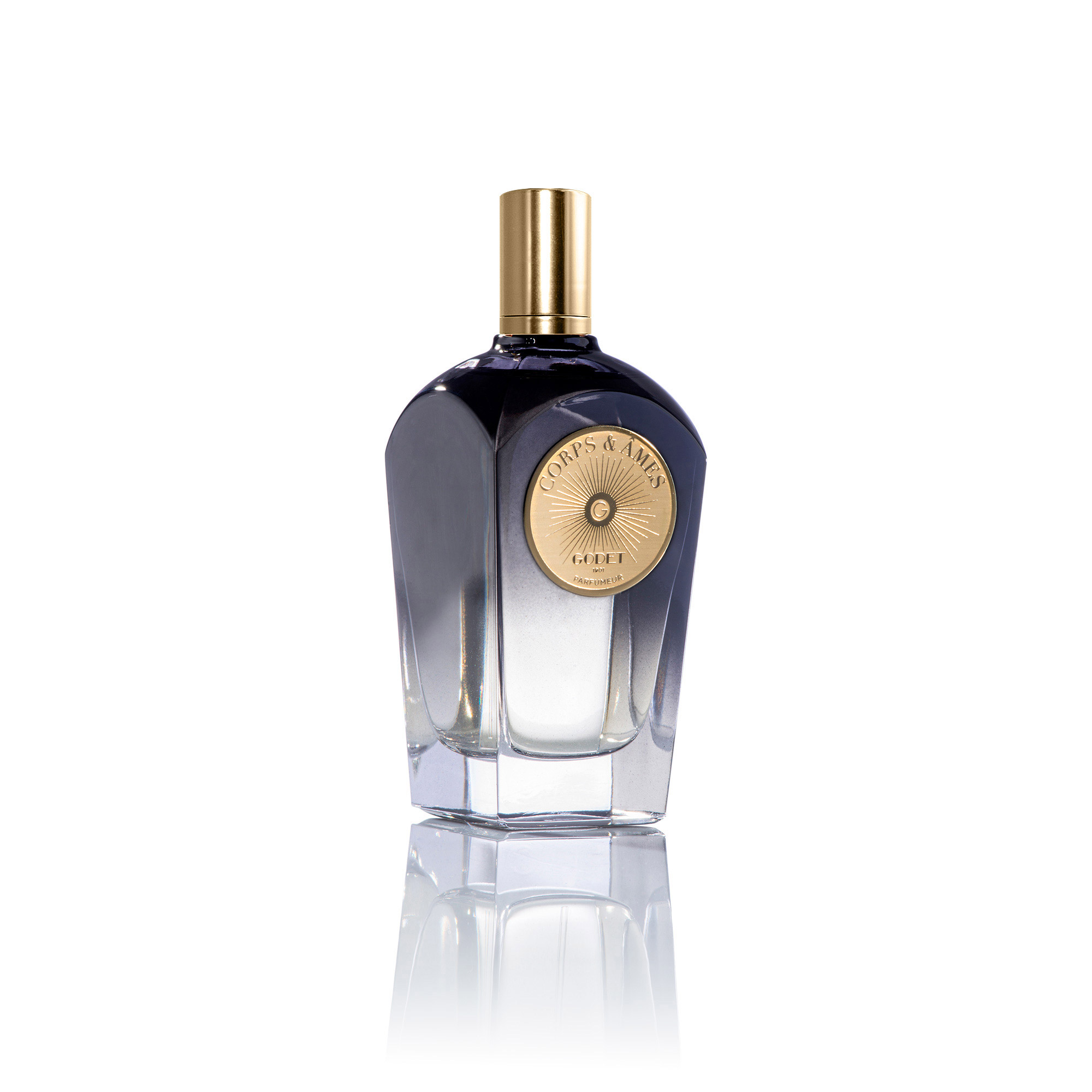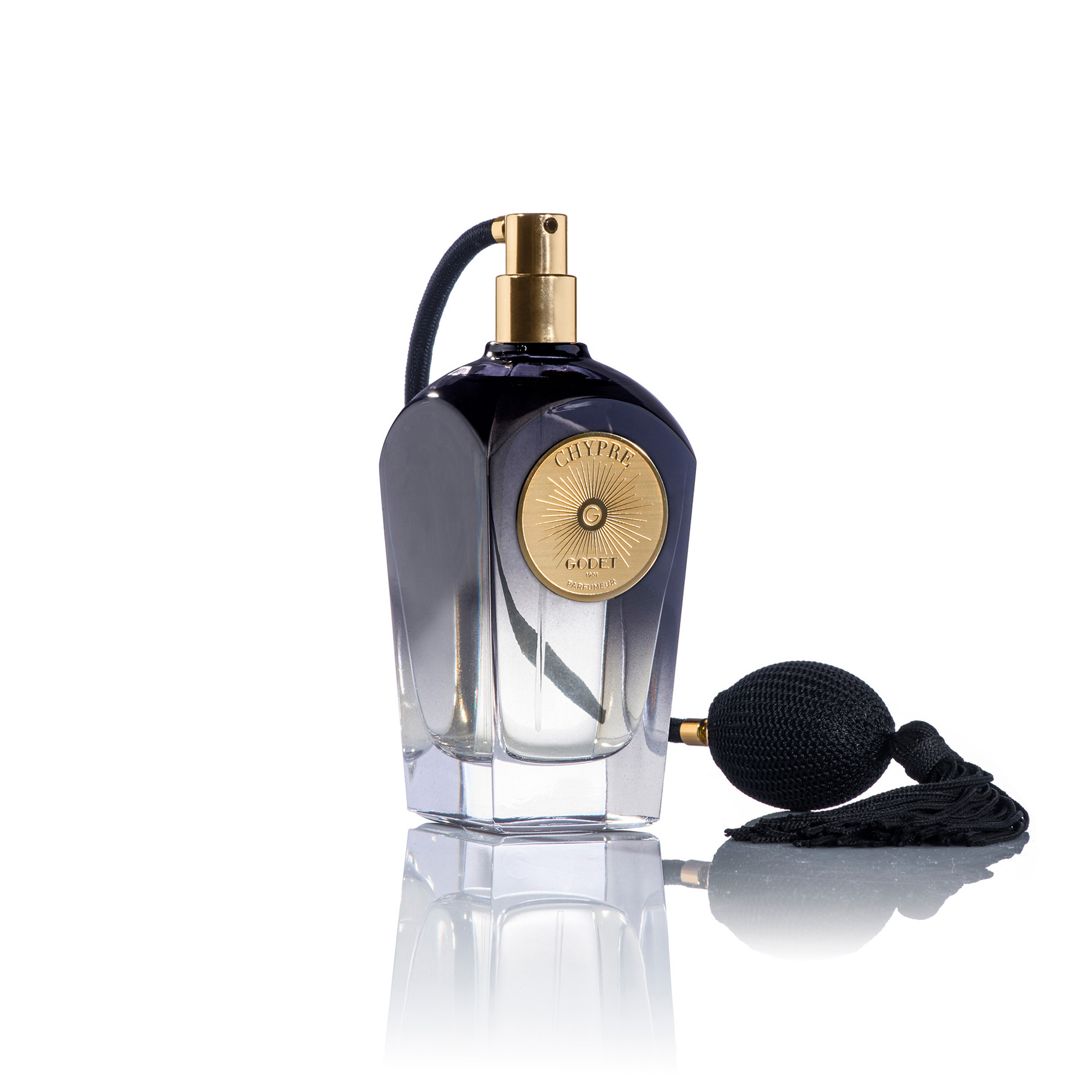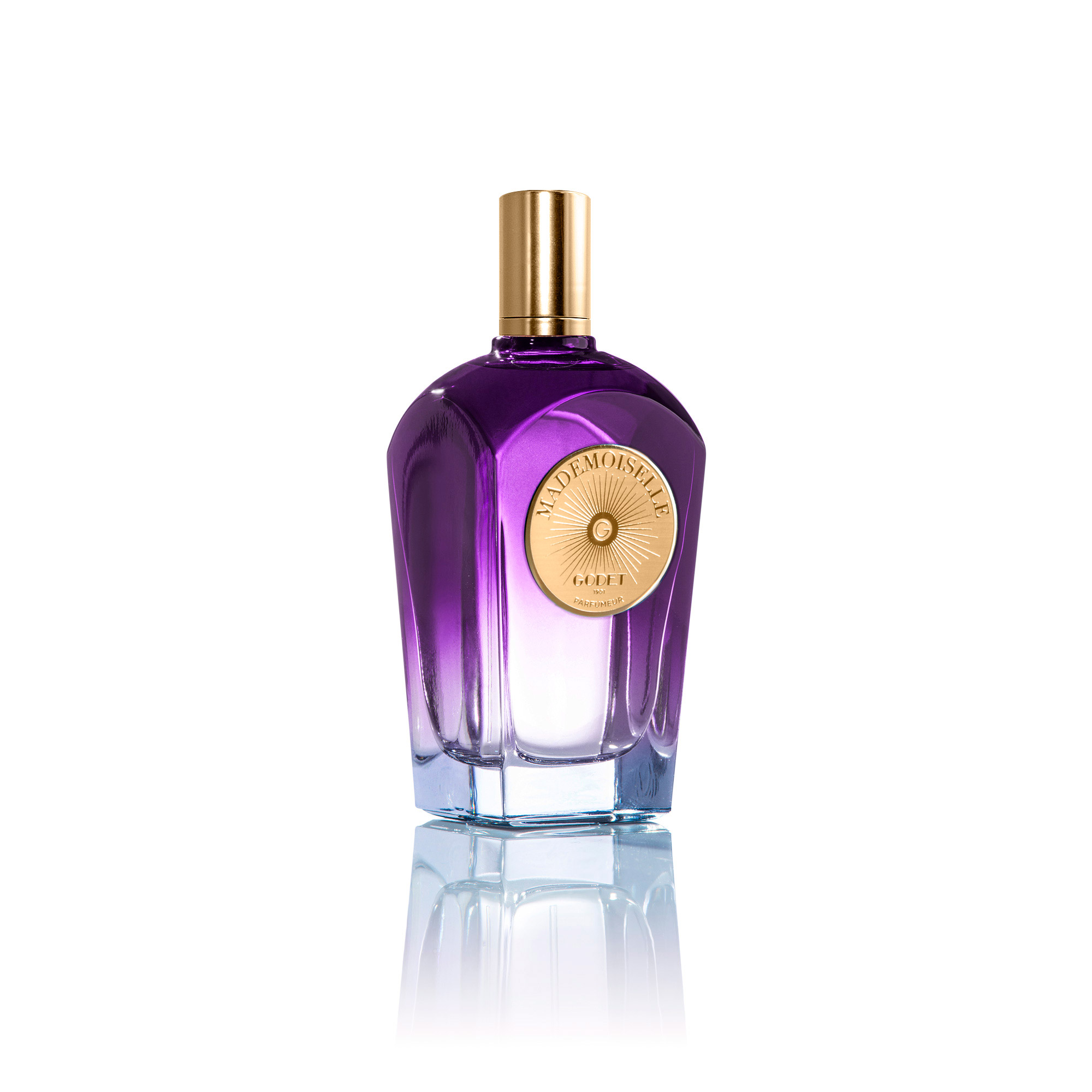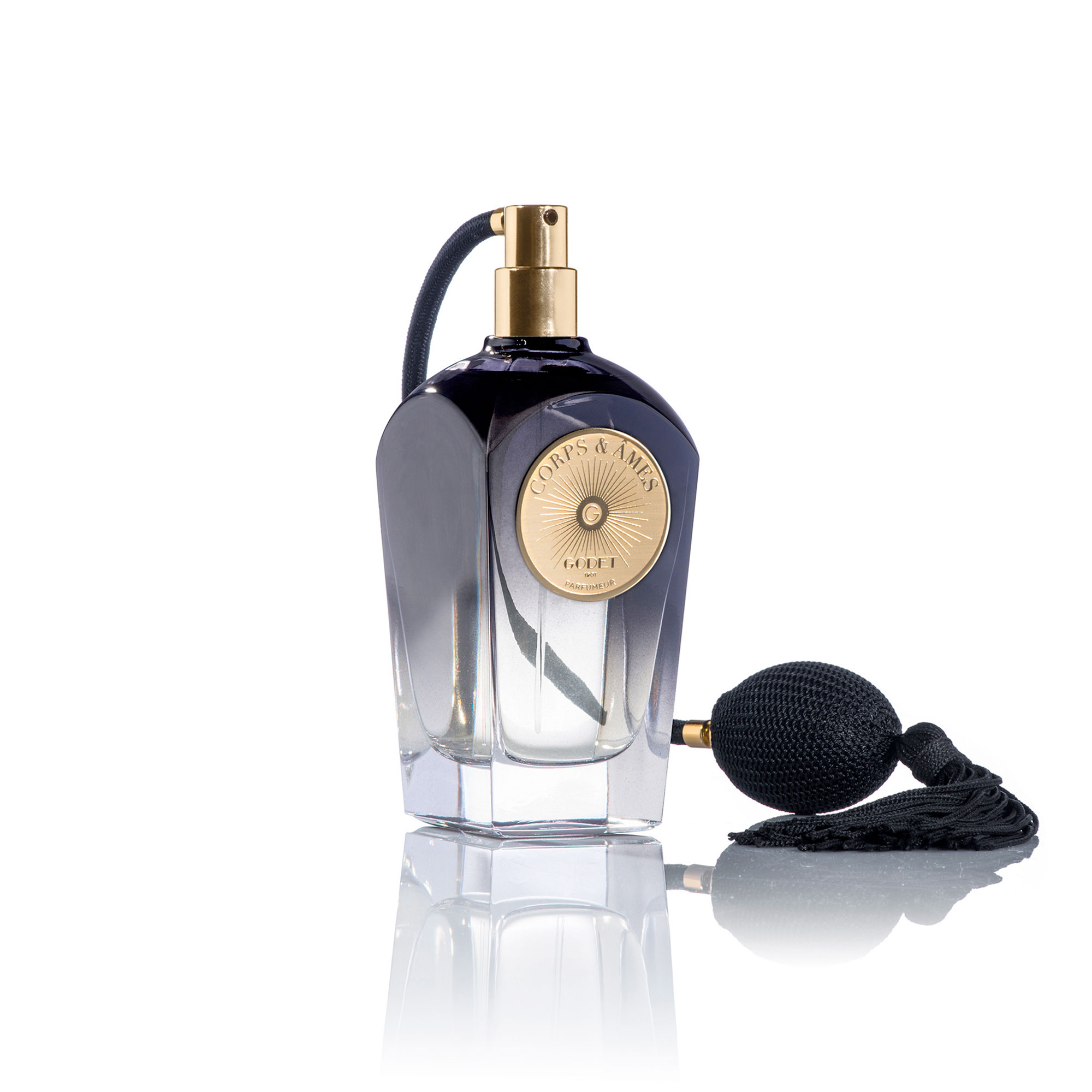Shop Scented Candle
Cookies
Cookie policy
This page is intended to inform you about the use of cookies on our site and to tell you how to set them.
What is a cookie?
Cookies are small text files stored on your computer / tablet / smartphone / connected TV / video game console connected to the Internet when visiting a site. They aim to collect information about your navigation and to send you personalized offers and services. Cookies are managed by your internet browser.
Why do we use cookies?
They allow us to check the proper functioning of the site and allow for example to record your preferences, the validation of your subscription, your identification to your customer area.
We also use cookies to measure the audience of our sites. Thus we can analyze the frequentation and use of our sites and constantly improve our services and contents.
There are also cookies issued by third parties to track targeted advertising or share content via social networks for example.
How to accept or refuse cookies?
By continuing your navigation on our site, you agree to accept the use of cookies.
The “Help” section of the browser tells you how to set and disable cookies.
For more information on cookies, visit the CNIL website.
Contact
Contact us
Do not hesitate to contact us if you have any questions or need advice in choosing your perfume,
we will be very happy to help you!
Opening time
Open Monday to Sunday
from 10:00 a.m. to 8:00 p.m.
Phone
+33 4 92 11 06 79
Savoir-Fleur
Natural ingredients at the heart of our craftsmanship

Centifolia Rose
Born in the 17th century in mysterious conditions, the Centifolia Rose became the symbol and signature of Grasse for its noble fragrance with touches of honey. At sunrise in May, on the day the Rose blooms, it is picked. This is when the scents it contains are at their peak.
The flowers are mixed with a solvent, to become a mixture of juice, waxes and pigments, which is then turned into a fluid substance by the effect of an alcohol. Once the solution is filtrated and cooled and the alcohol has completely evaporated, the absolute is created. 1 kg of absolute requires about 300,000 flowers.
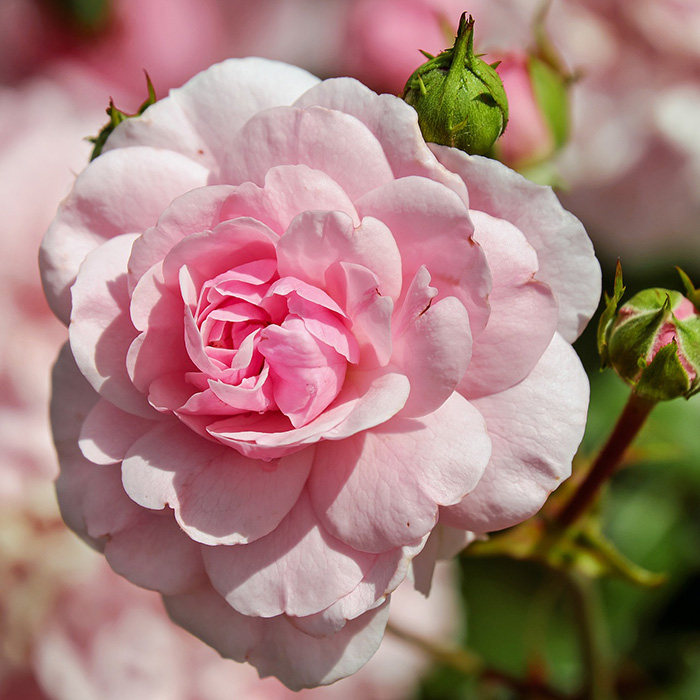
Jasmine Grandiflorum
Originally from northern India, the rare Jasmine Grandiflorum benefits from the unique geographical conditions of the city of Grasse, located between sea and mountains. These traditional flowers, with a sweet and fruity scent, and hints of delicacy, are picked at dawn, before the first sunrays.
As these flowers are extremely fragile, the most efficient technique that exists, is extraction through volatile solvents. The molecules of the Jasmin flower are extracted by a solvent: hexane . Hexane is then separated and discarded during decantation, concentration and successive filtrations. 1 kg of absolute requires between 600 and 700 kg of flowers.
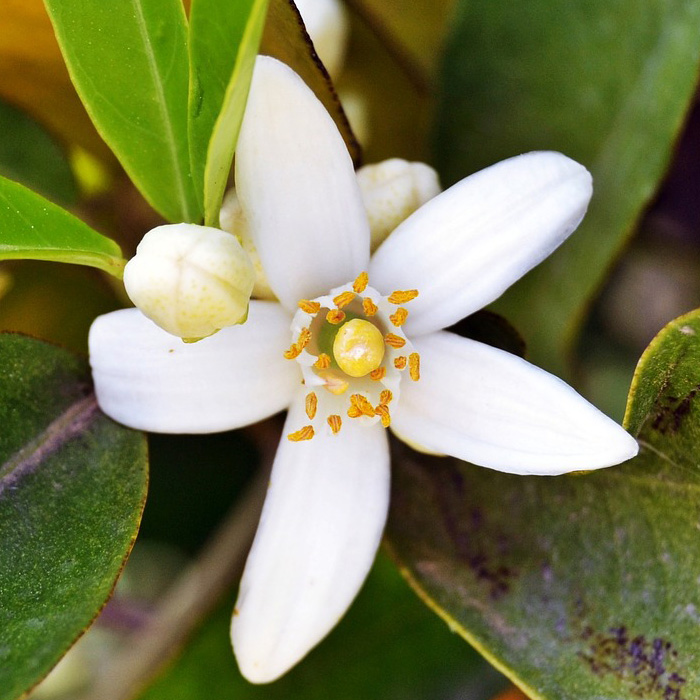
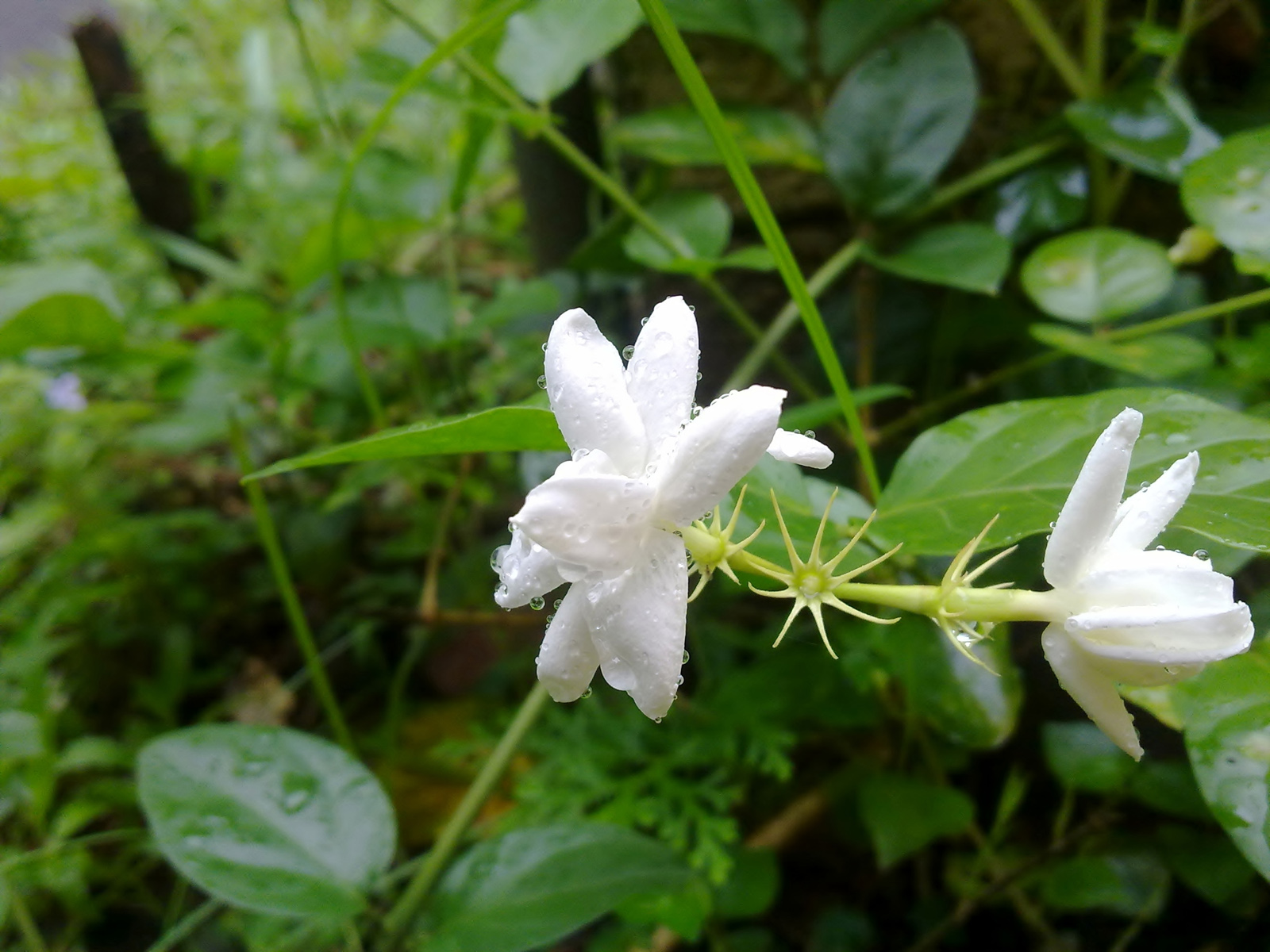
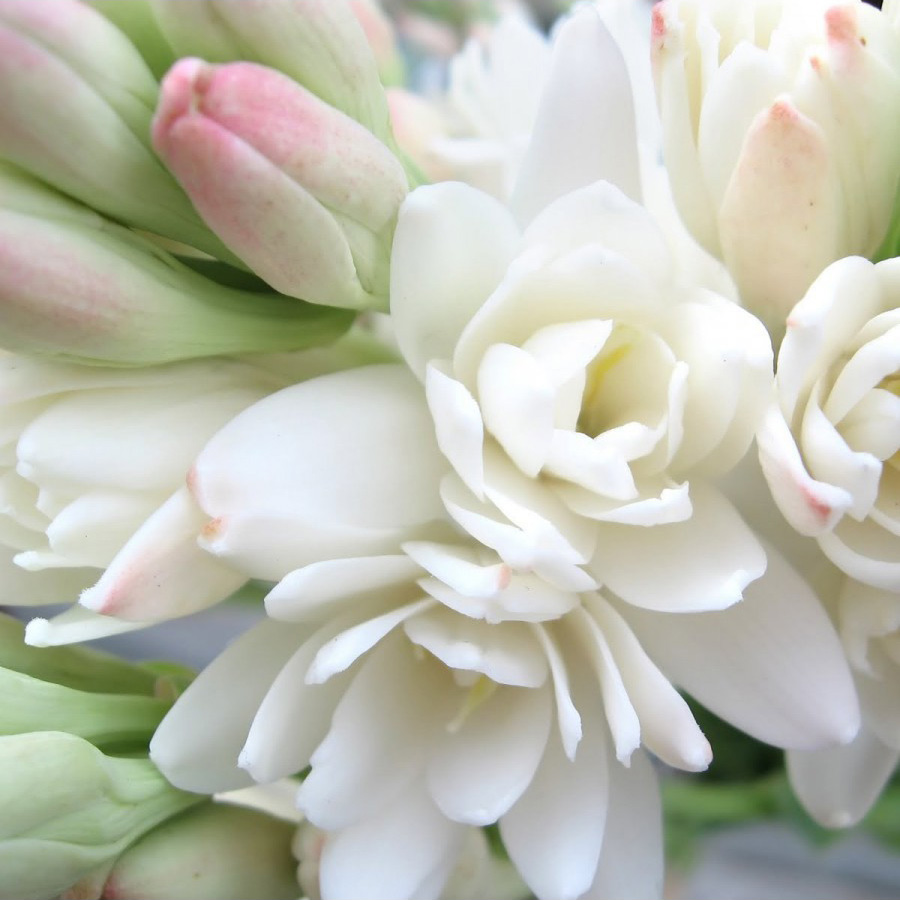
Tuberose from Grasse
Tuberose is known for its sulphurous characteristics, associated with the power of its scents. Its bulbs planted in spring, bud into flowers at the end of summer to release its scent, which alternates between vegetal and heady, and creamy and sun-drenched.
To capture its soul, la Maison Godet uses the ancestral method of cold “enfleurage”, which consists of placing the freshly picked flowers in wooden frames soaked in fat. These are then renewed daily for 3 months. The absolute is extracted after filtration of the solid matter in alcohol.
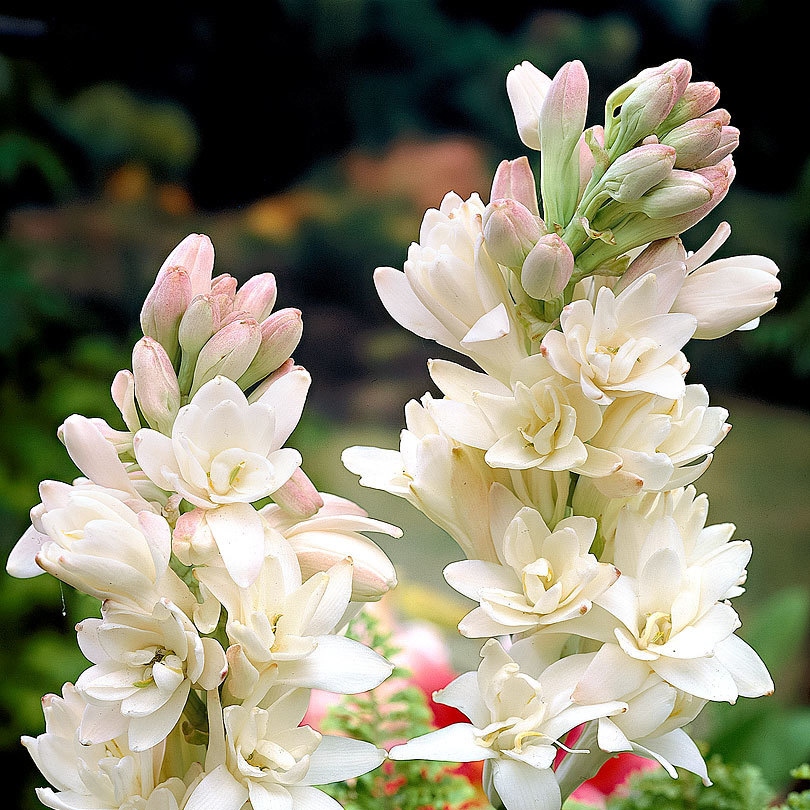
Bergamot from Calabria
Being a cross between bitter orange and lemon trees, the bergamot is part of of the Mediterranean olfactory field. Its tangy pulp and reassuringly strong zest, produced by constant heat, make it a sure bet for fresh fragrances.
Essential in the Godet signature, this fruit is produced respecting the organic ways in its historic stronghold of Calabria. Thus it is free of pesticides, insecticides and chemical fertilizers. Its bark is used to produce the essential oil, which has had a Controlled Label of Origin (in French: AOC – Appellation d’Origine Protégée) since 2001.
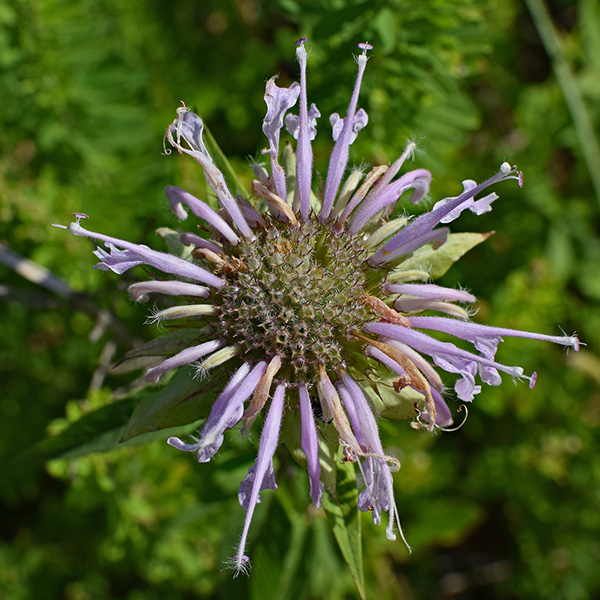
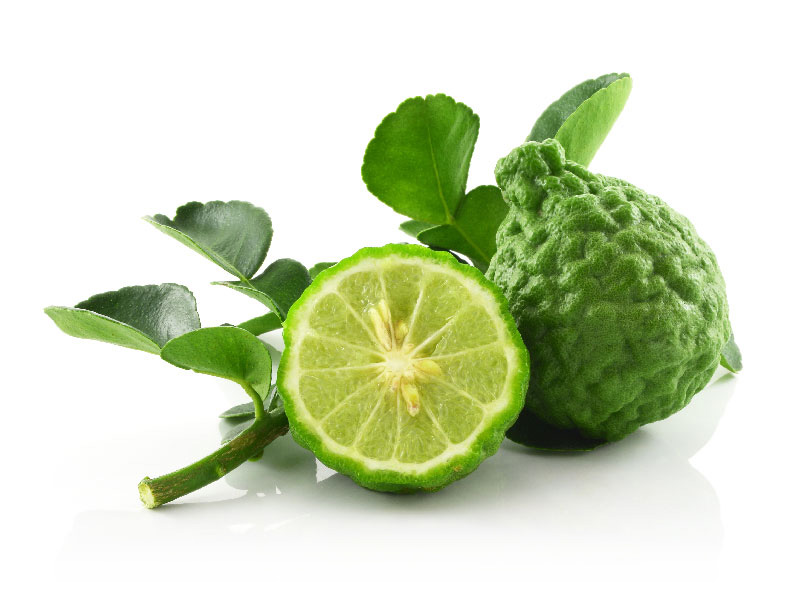
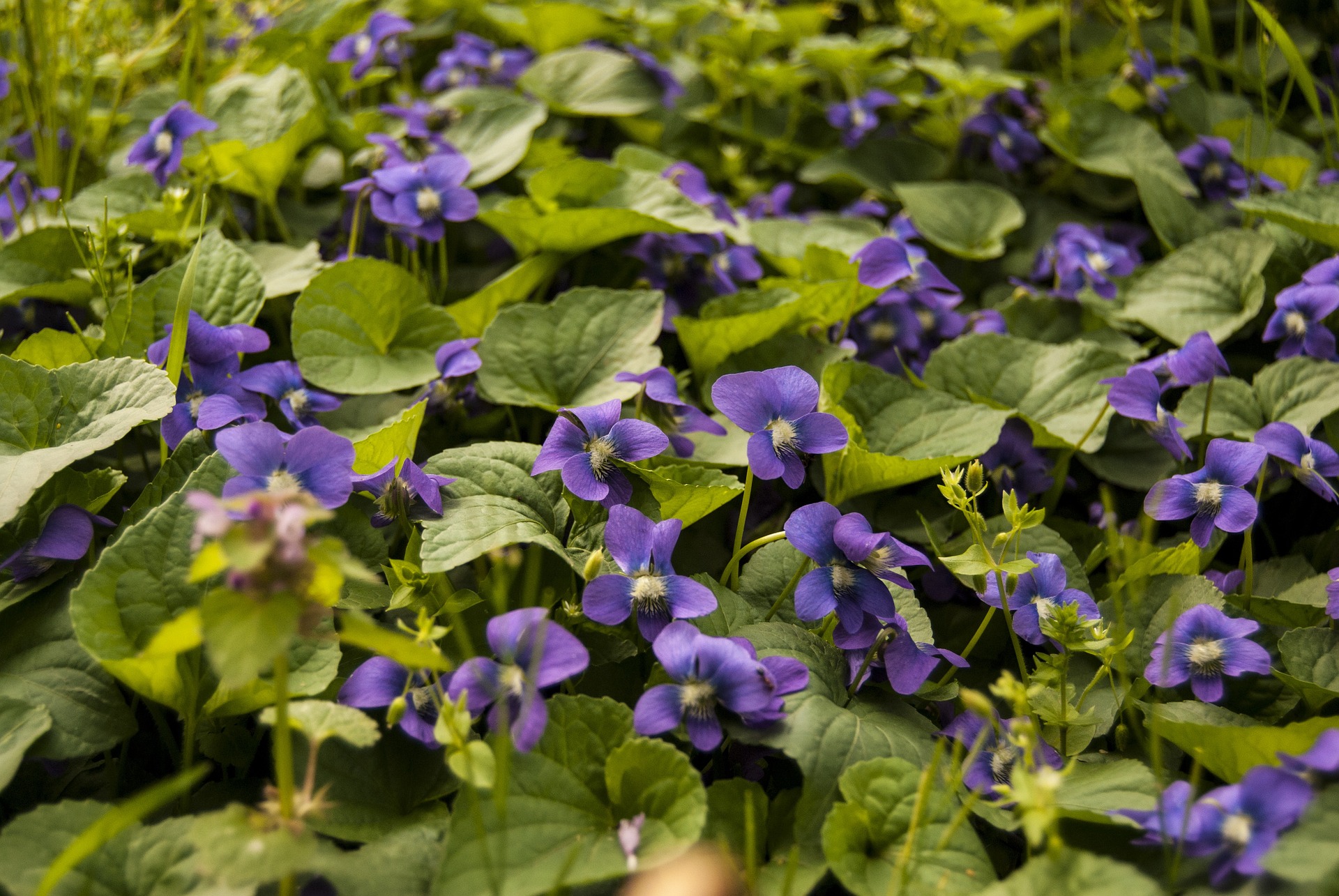
Violet Victoria
This type of violet is cultivated in Tourrettes-sur-Loup, in the hinterland of Nice. While the petals are used in confectionery, Violet leaves are used in perfumery. They are particularly adored by perfumers due to their green intense colouring, and sparkling, gourmand scented touch.
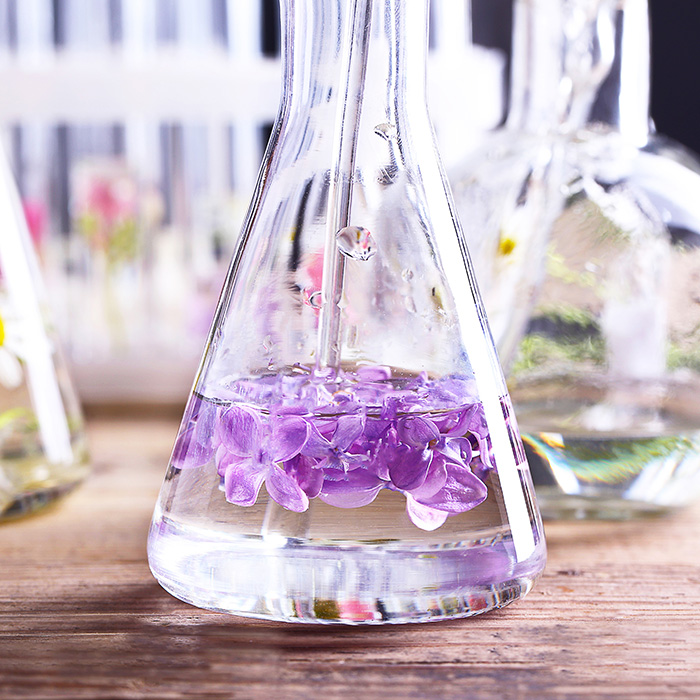
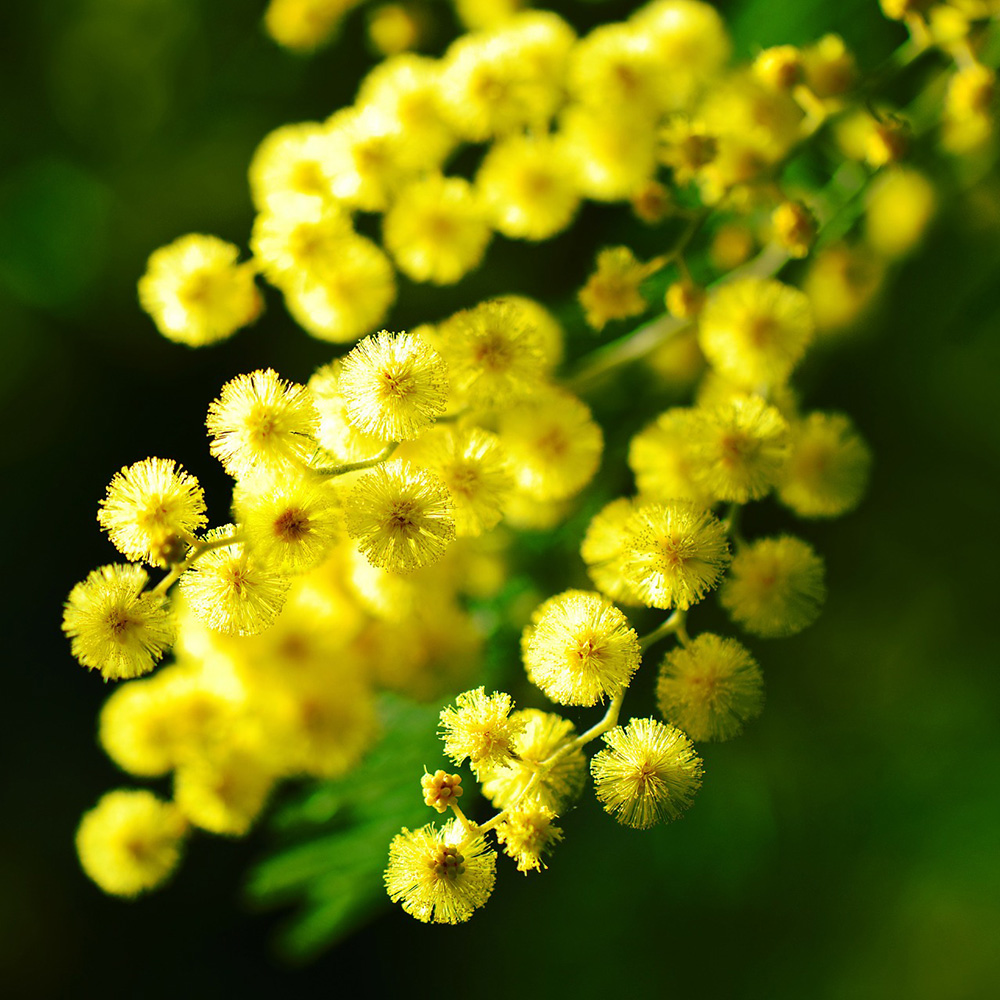
Tanneron's Mimosa
In France, the Tanneron massif remains unequalled/unchallenged in its impressive concentration of mimosa. It is here that these fluffy yellow balls, leaves and stems are picked in the middle of winter. Used and known for their powdery and deep scent, they are most recognizable, and thus selected, during their triumphant flowering, making the other flowers colourless.
The best olfactory extraction of the mimosa and its pollen is guaranteed through distillation. It is a mixture of water vapour with the plant, loaded with odorous molecules. Once cooled at low pressure this mixture will show an aqueous phase and the essential oil, which will eventually be collected.
Sacred Oud Wood
The “Bois d’Oud” is deeply rooted in spirituality: Buddhists burn it to help to meditate and are guided by the fluffiness that it symbolizes. Taken from Aquilaria-type trees, it must secrete a special resin that defends against fungi in order for its organic and oriental scents to come to life.
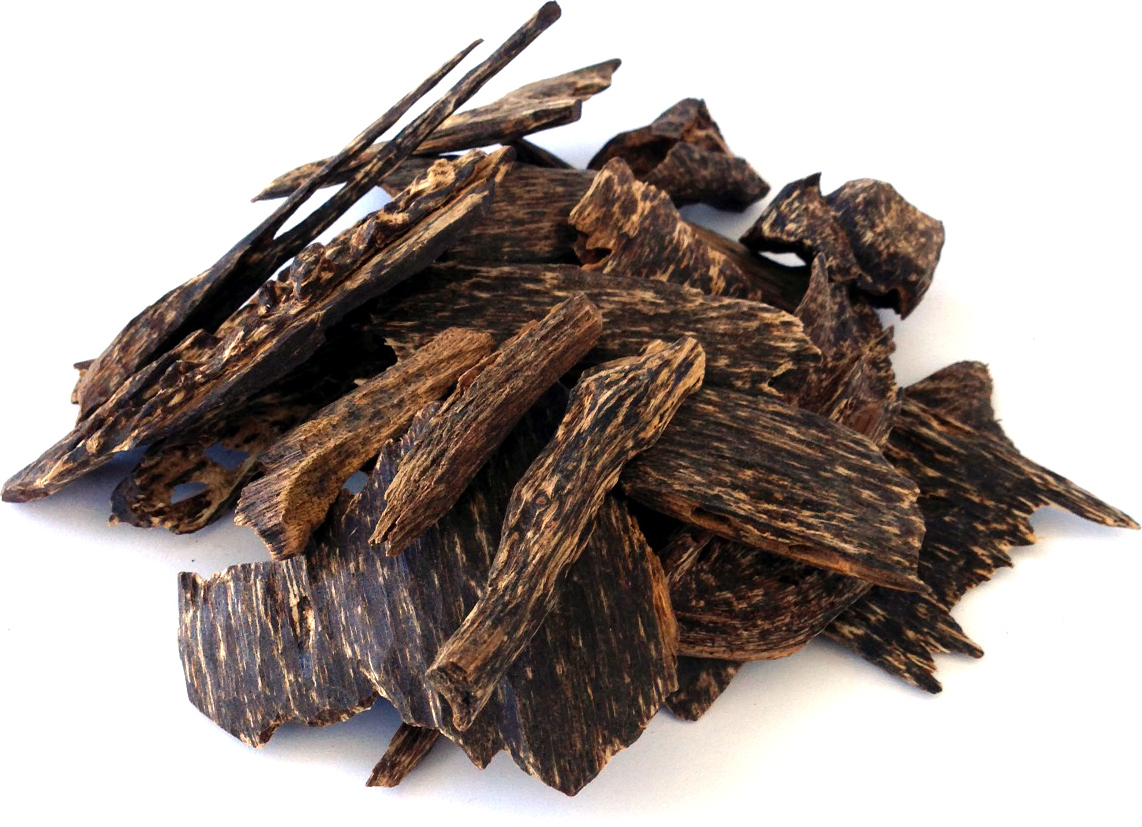
100 years of craftsmanship
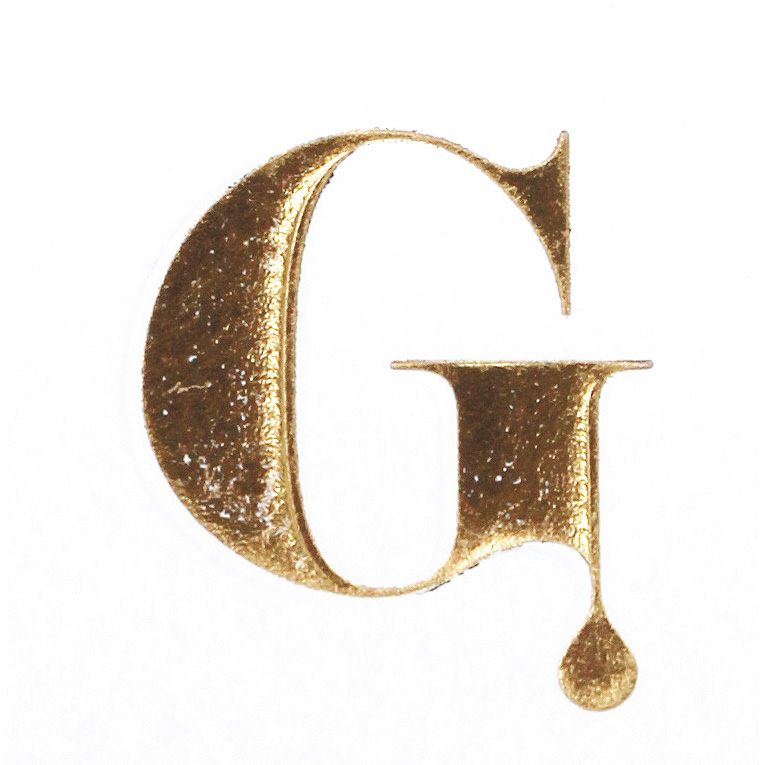
A century of craftsmanship
The secret of our success undoubtedly lies in the pride of place accorded to craftsmanship and traditional skills. Our perfumes are entirely handmade, from the perfume itself, all the way to the packaging. After 6 weeks of maceration the resulting liquid is filtered and cooled prior to bottling. This process allows the perfume to reveal its full character and refinement. Each bottle is produced by glass blowing, according to the traditional method. Once the bottles are filled, they are closed individually by hand.
Behind each bottle lies the passion and dedication of 5 people. It takes three days create 150 bottles. To carry on the craft of the olden days, implies limiting the quantities. This is the reason why we only have one unique boutique worldwide close to our workshops in Saint-Paul de Vence ; That is how we guarantee our customers the highest quality of perfumes.
Handmade Glassmaking
All our scent bottles are hand made by our own master glassblowers. It is a true work of art; from the moment the molten glass meets our own molds to the moment when the thread of glass is cut by the craftsman’s scissors, it is sheer poetry in motion.
Handcrafted packaging
All our presentation boxes are lovingly designed and hand-crafted.
“Attention to detail is the hallmark of our Maison; a characteristic passed on from generation to generation. Each individual scent creation demands a close personal involvement, monitoring the ingredients carefully and guaranteeing consistent quality year after year. Twenty first century methods of production contrast with those of the twentieth century, but « we still maintain the timelessness of the perfumery as it was in the days of my great great-grandfather. » So says Sonia Godet, 4th generation of Godet’s perfumers.
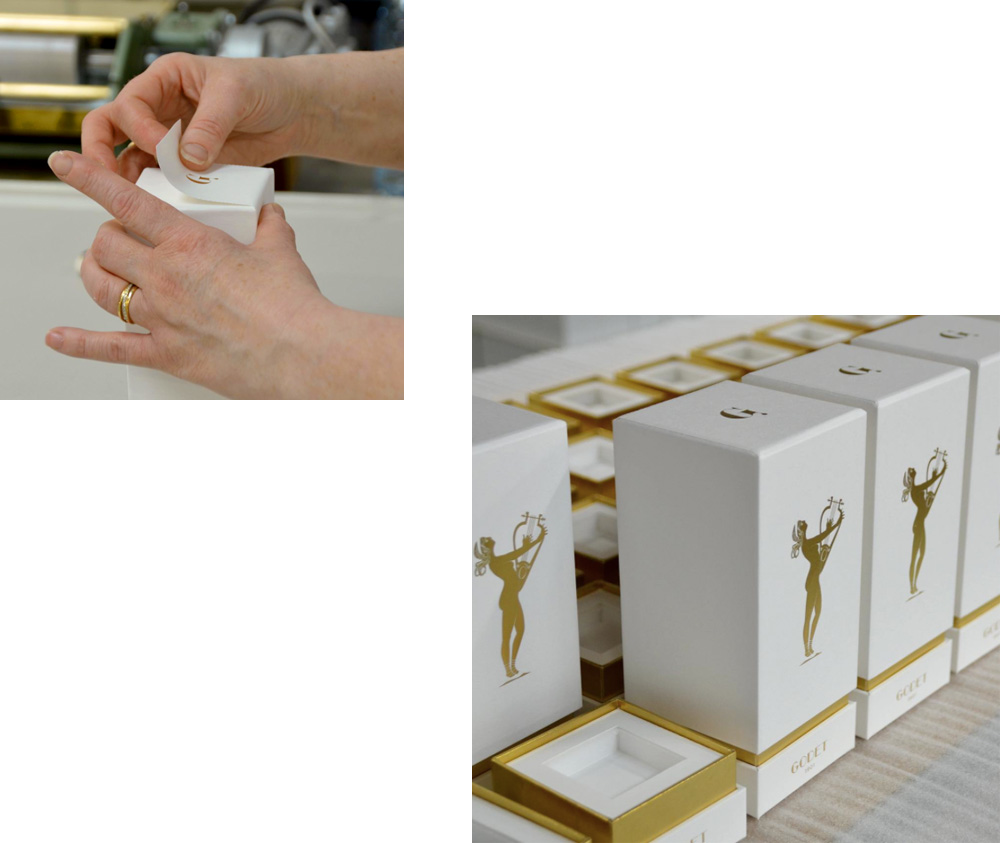
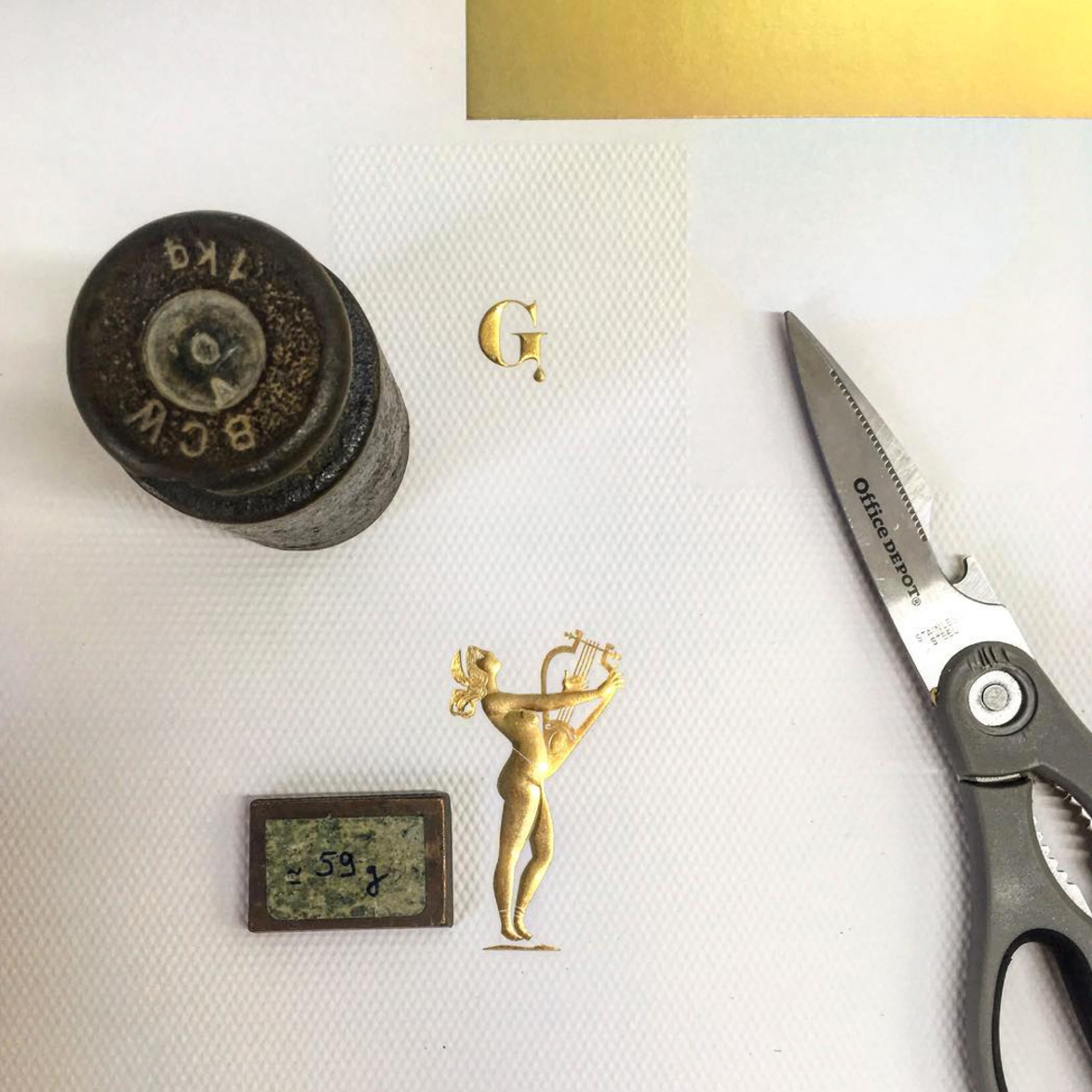
Craftsmanship and Exquisite Ingredients go hand in hand
Provence and the Grasse Region are closely linked to the history of Maison Godet. This area is a hive of activity where the inner secrets of flowers are explored passionately. From planting to harvest, carefully planned and environmentally conscious steps help to achieve the best ingredients.
The location of our new Maison Godet in Saint Paul de Vence guarantees local sources and impeccable product quality. The result of our “flower- knowhow” in Grasse, enables local cultivation and excellent choice of ingredients, therefore the fragrances produced by us are uniquely assembled.
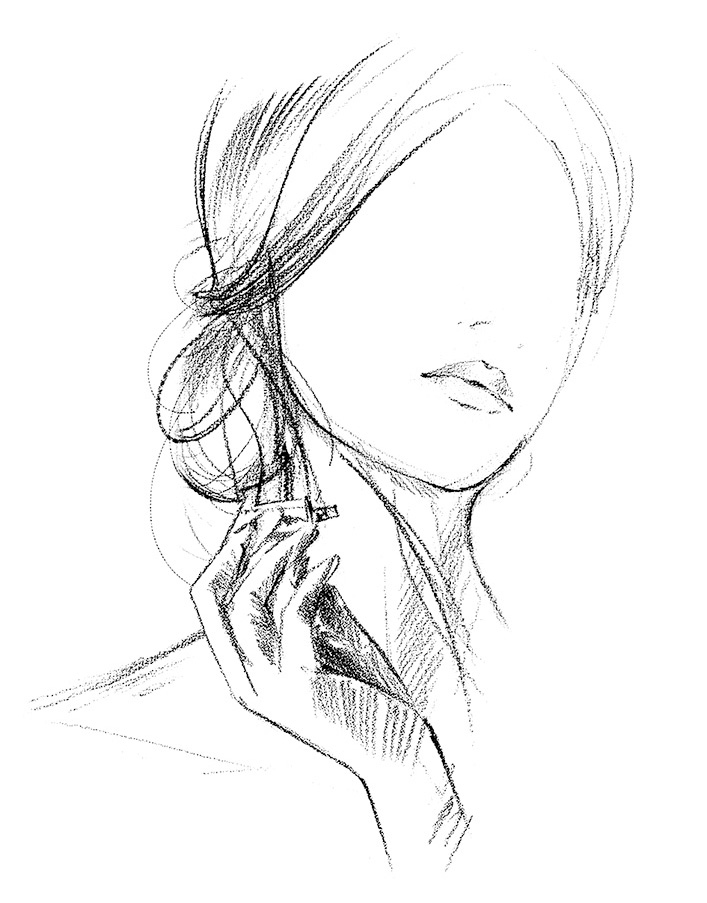
Innovation is at the heart of our family philosophy
In 1925 Godet won the gold medal at Paris’ Arts Décoratifs exhibition for its innovative “Folie Bleue” bottle. Today, Sonia Godet, 30, continues to innovate. With a look to the future, she is driven by the continual formulation of ever more audacious compositions.
In addition, several years of research have led to a bottle cap innovation. Instead of a vaporiser, which has become the modern standard for perfumes, our bottle has a stopper which is filled with droplets at its tip. “With it, you can apply your perfume, if you dare, wherever you wish to be kissed”, says Sonia Godet! A link is thus made between body and perfume, making the application more intimate and precise. The skin then reacts and relates sensuously to the fragrance for a new individual and personal cosmetic experience.
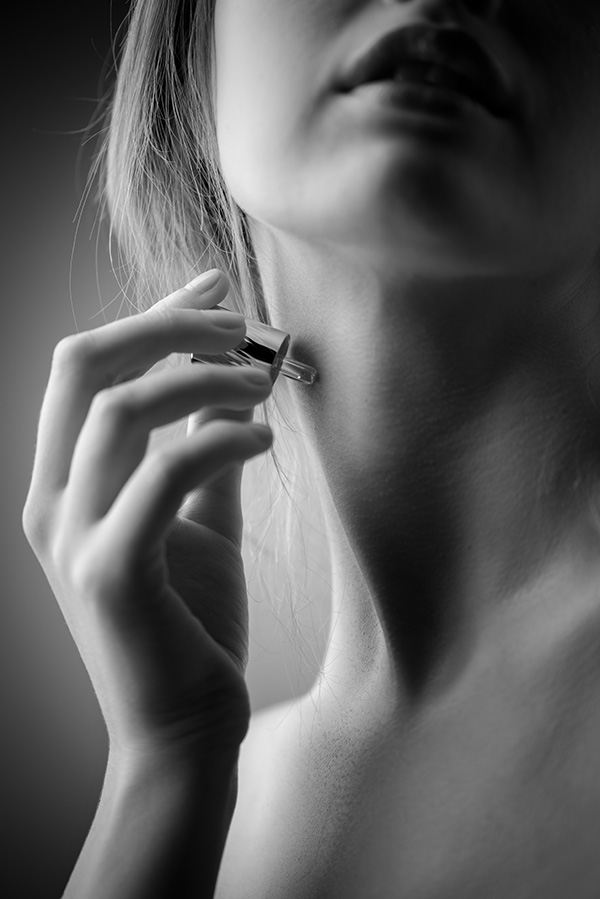
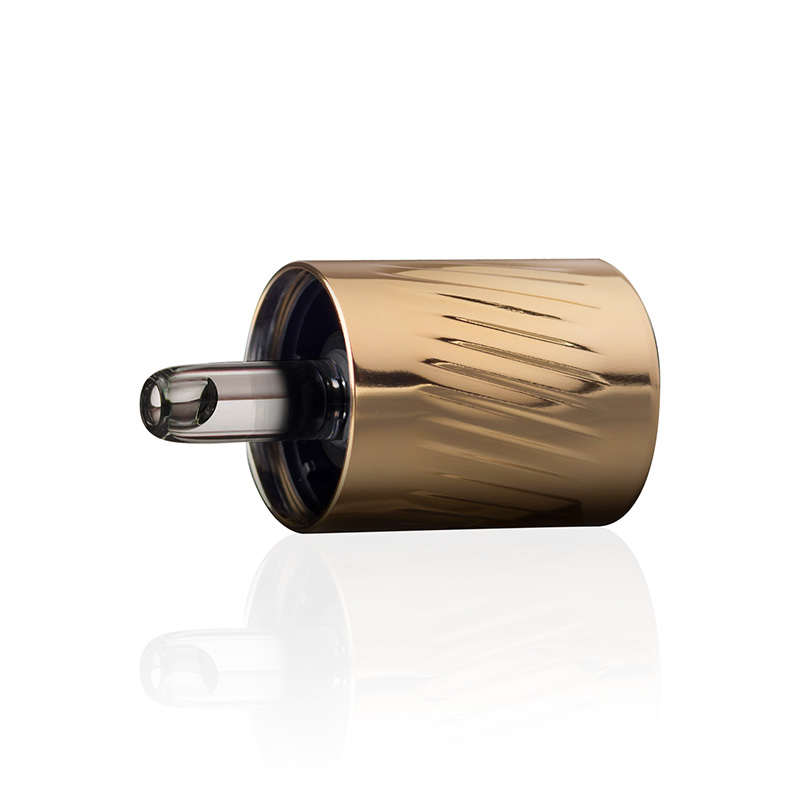
La Maison Godet en
A timeless French Perfume Maison with more than a hundred years of creative heritage
1901
Julien-Joseph Godet founded the Maison Godet in 1901.
For him, the composition of a perfume goes hand in hand with artistic creativity. The result is not guided by a desire for consensus, but by the instinct and the search for rare and high quality natural ingredients.
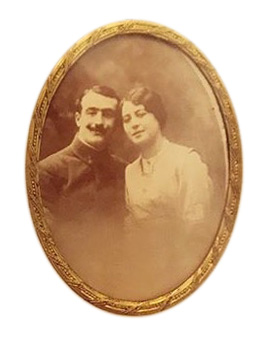
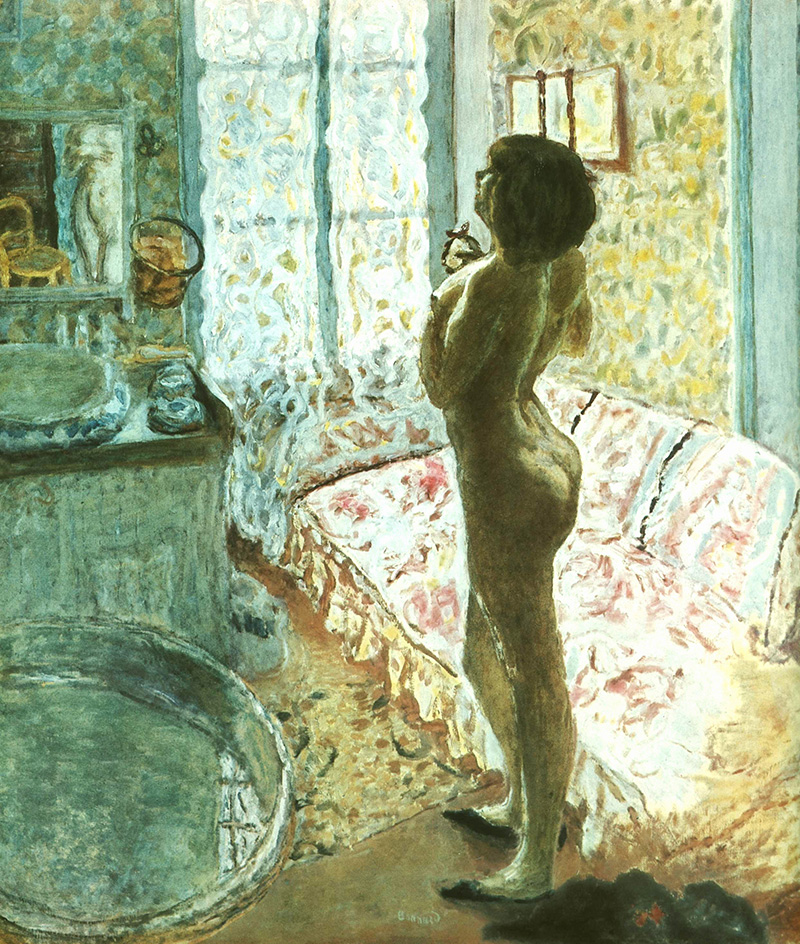
1908
Julien-Joseph Godet met the painter Pierre Bonnard.
Pierre Bonnard’s wife, Marthe, chose Fleurs de Reine as her exquisite perfume.
fleurs de reine
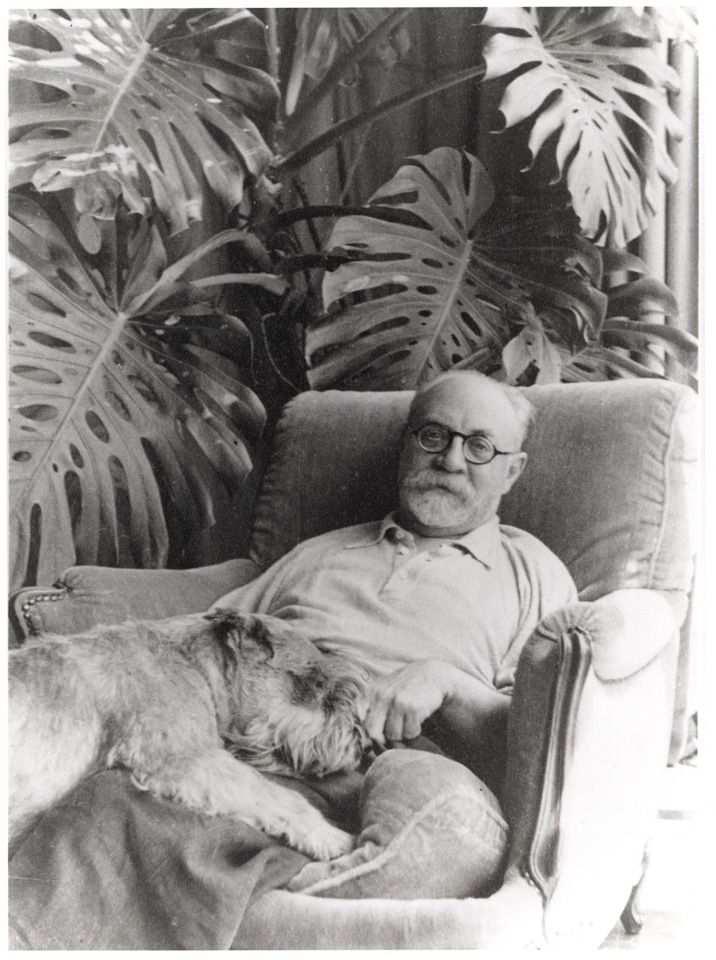
1920
Grand opening of the first Godet boutique in Paris, rue de Rivoli.
Julien-Joseph Godet was introduced to Henri Matisse by Pierre Bonnard.
1921
Petite Fleur Bleue is launched
A pure and delicate perfume with hints of rose centifolia, jasmine and cedar wood.
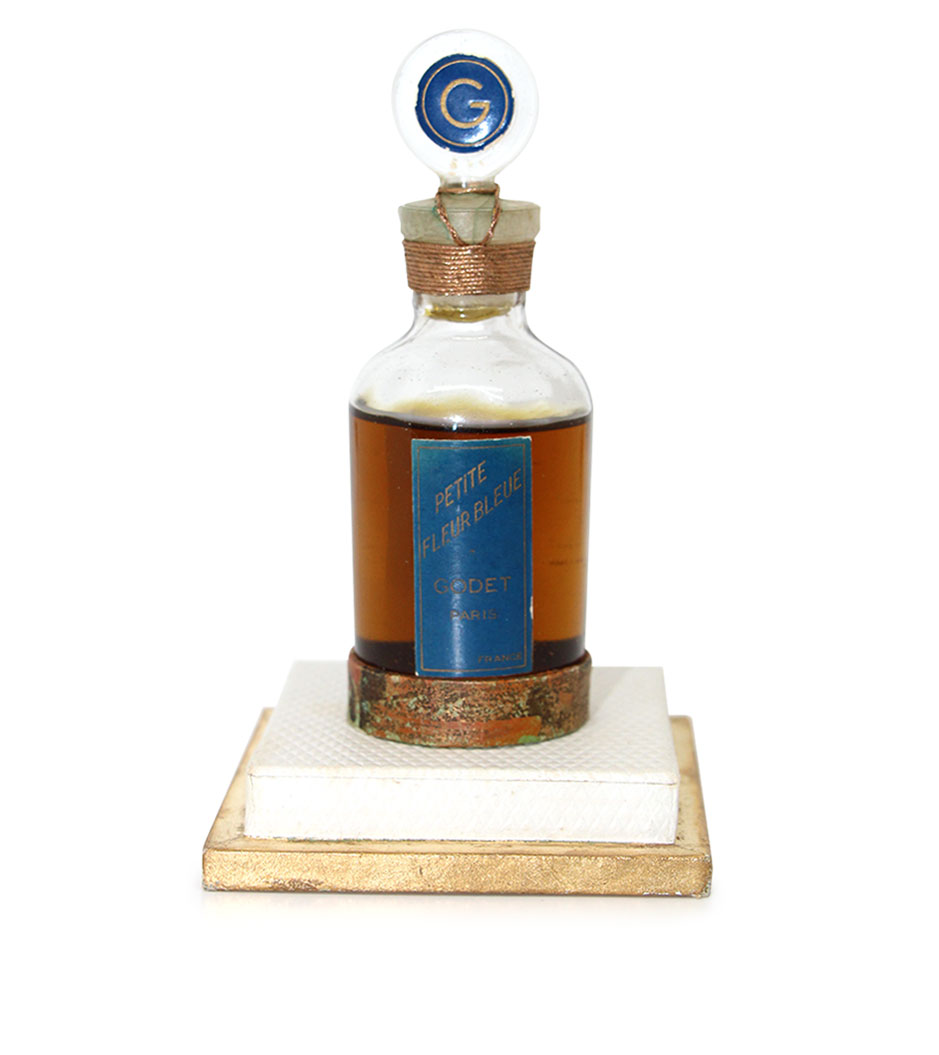
petite fleur bleue
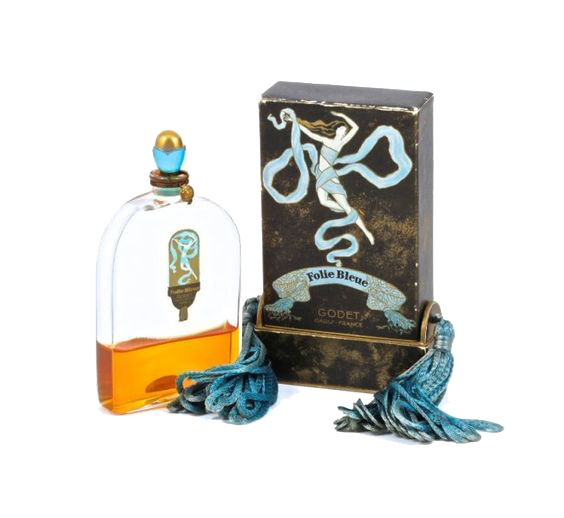
1925
Henri Matisse's muse, Henriette Darricarrère was wearing Folie Bleue in 1925.
folie bleue
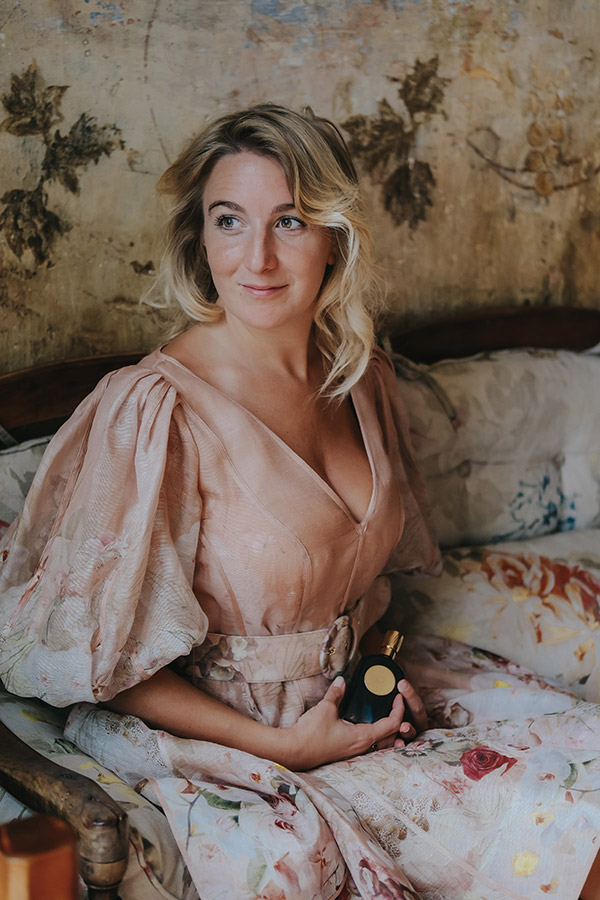
2016
Sonia Godet, 4th generation, takes over in 2016
Following in the footsteps of her ancestors, Sonia is committed to making perfume a true work of art, achieved to the finest details: each bottle is blown and shaped by a master glassmaker and flowers are macerated and distilled according to ancestral ways.



